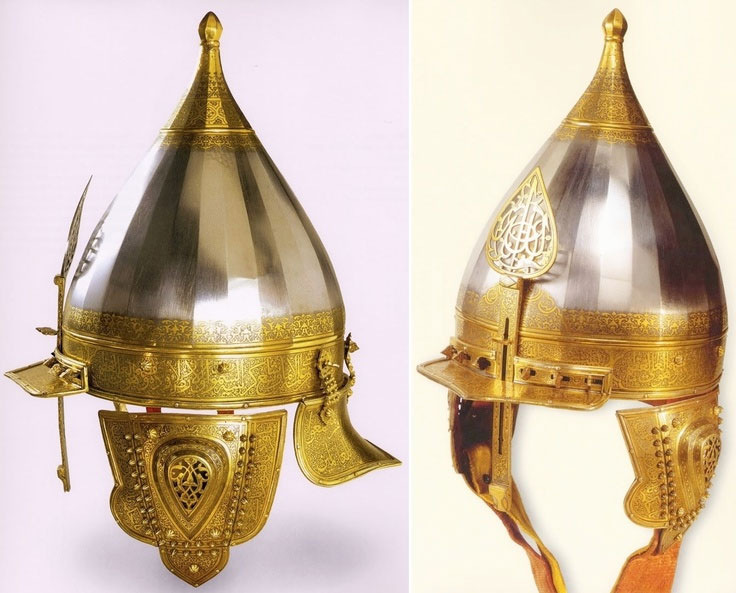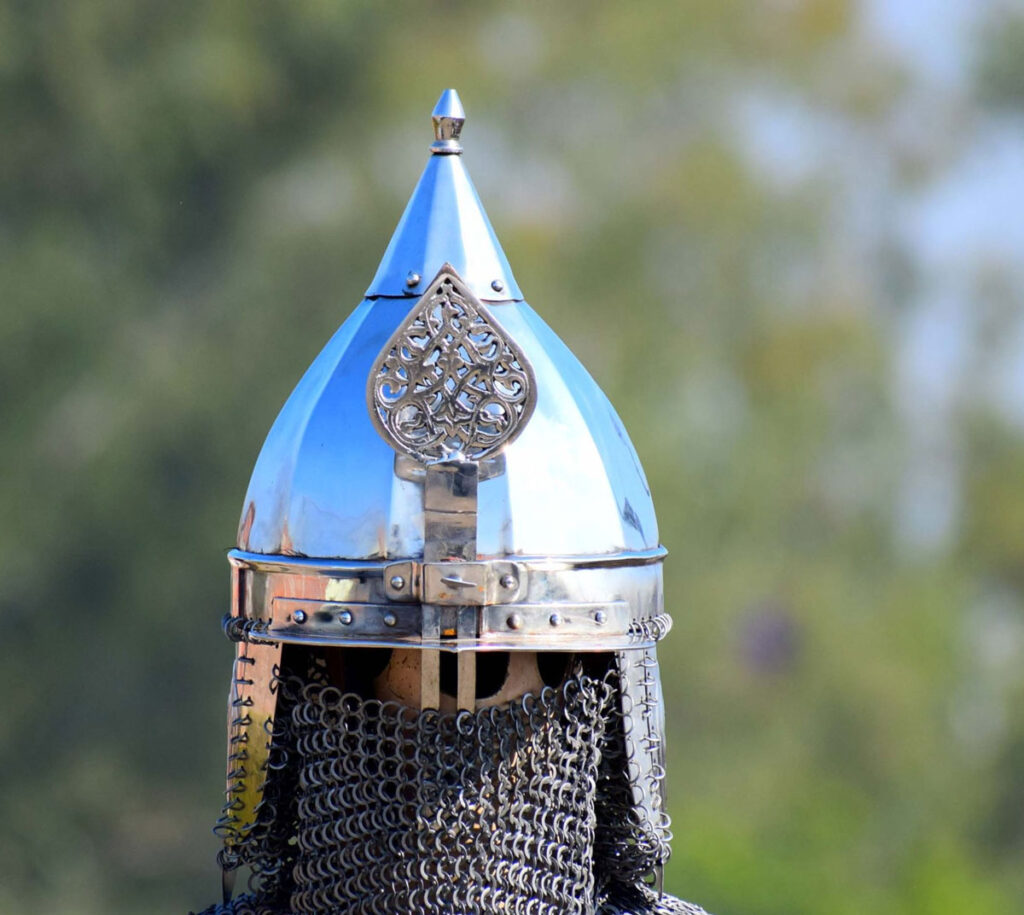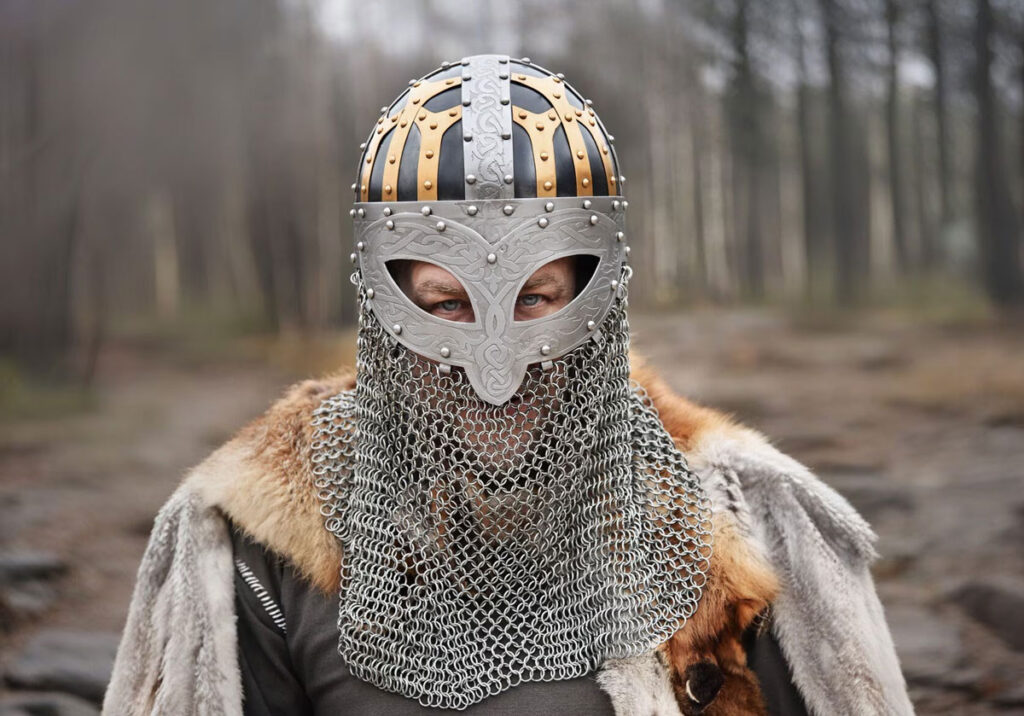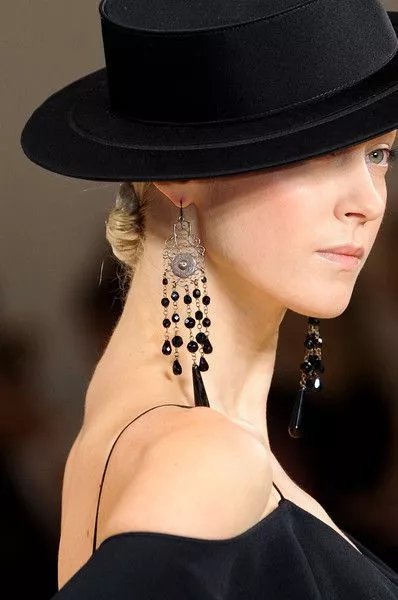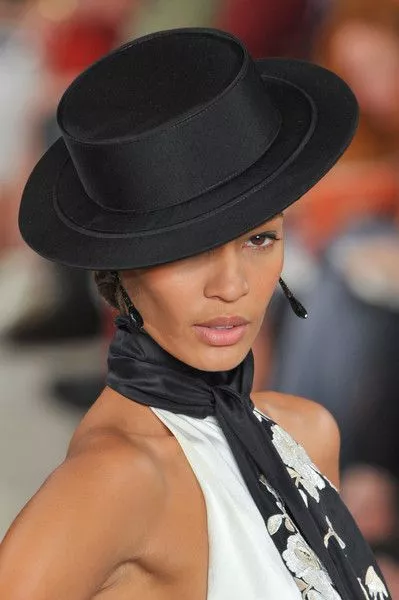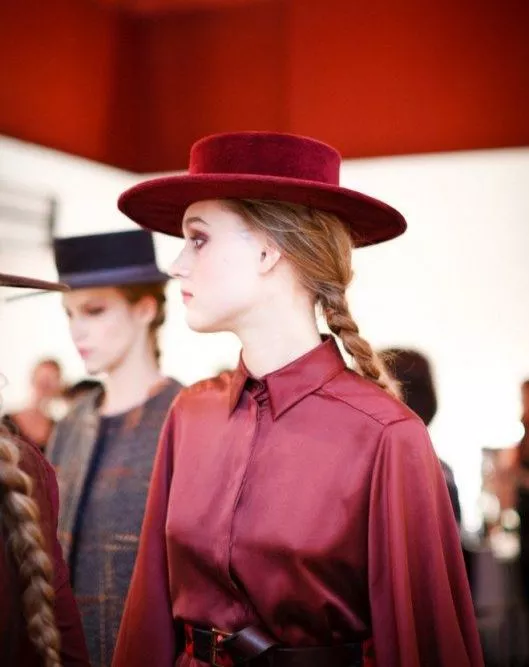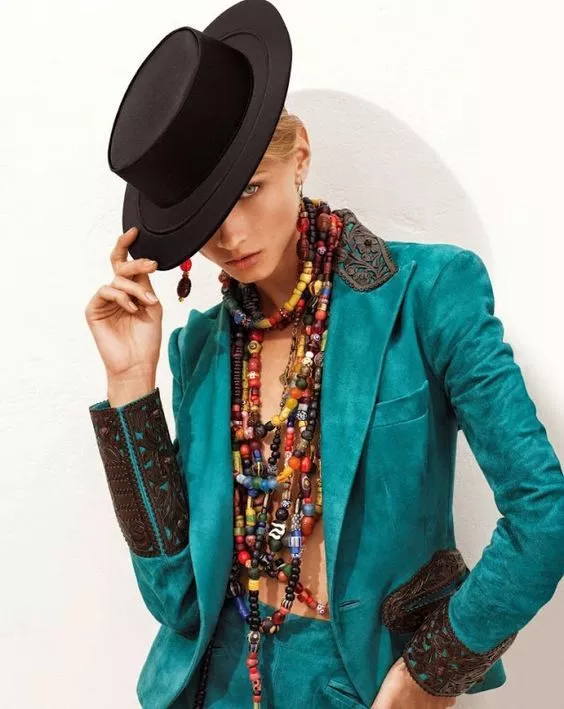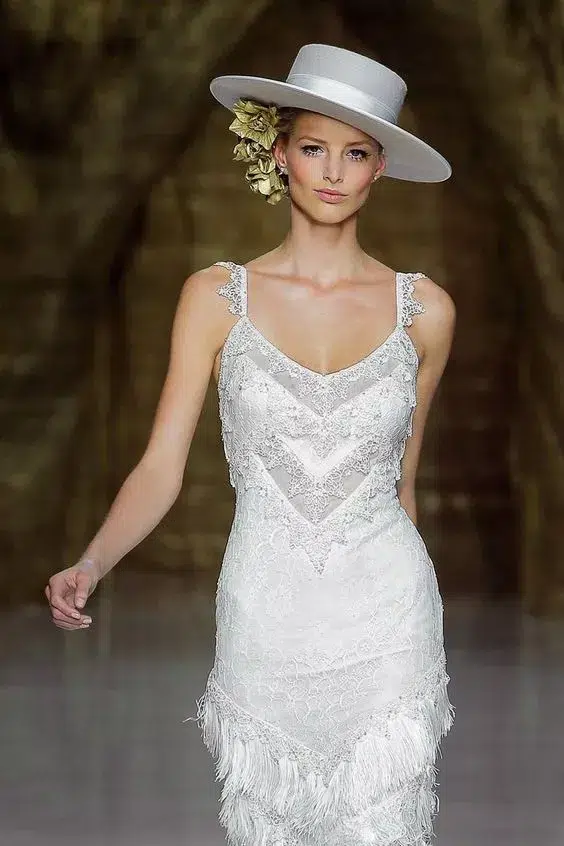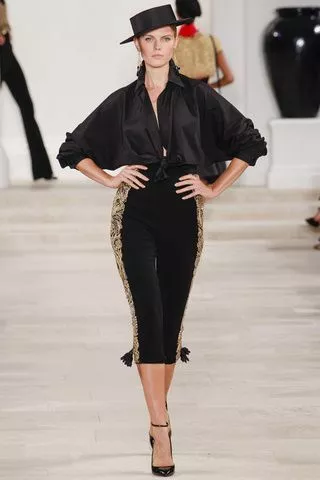Un tour d'horizon des chapeaux traditionnels et distinctifs des pays européens
Published On: octobre 27, 2025 By: ray herb
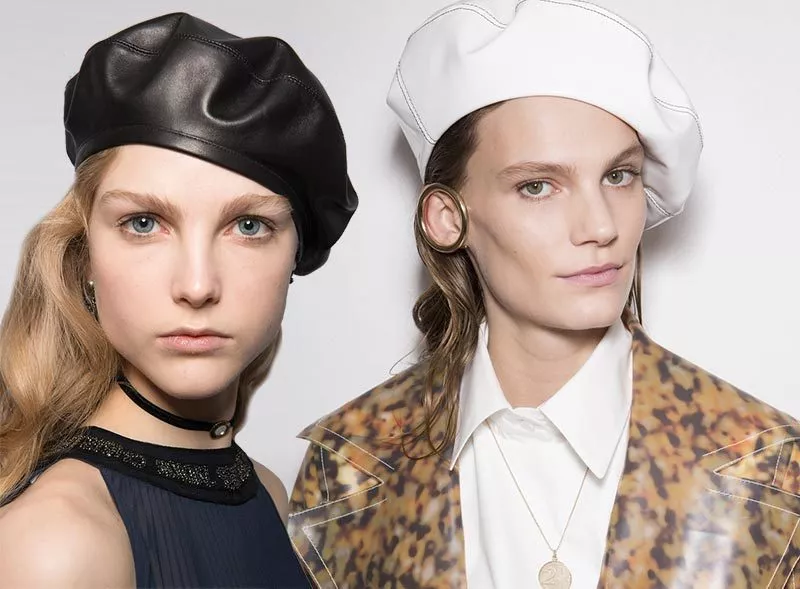
Brève introduction
The world is so big
From the First World to the Third World
Every nation and country has its own unique civilization
These civilizations created unique clothing culture
Among them, the hat style is the most prominent
Want to learn more about European culture?
Just start with their hats
These hats are not only stylish
They also reflects the culture and characteristics of Europe
Showing the diversity and interesting history of human development
Now
Let Aung Crown lead everyone
Embark on the tour of Traditional and Distinctive European Hats
Unique Traditional Headwear In Spain
The Cordobés Hat
It is a traditional hat in Spain
Flat hat top, wide brim
At first, it originated in the southern Spanish city of Cordoba
As a pratical “work hat” that local workers wear when they go to work
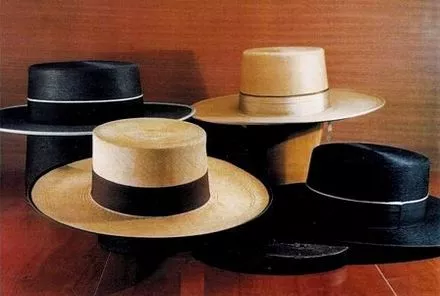
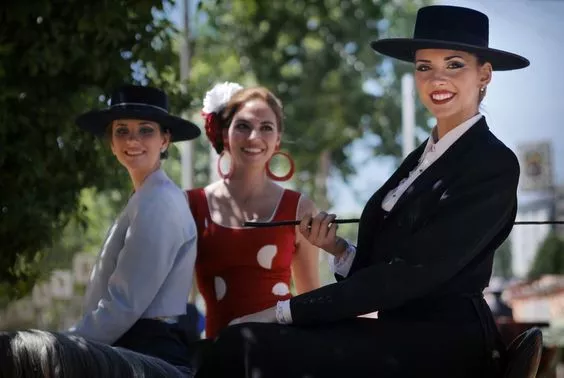
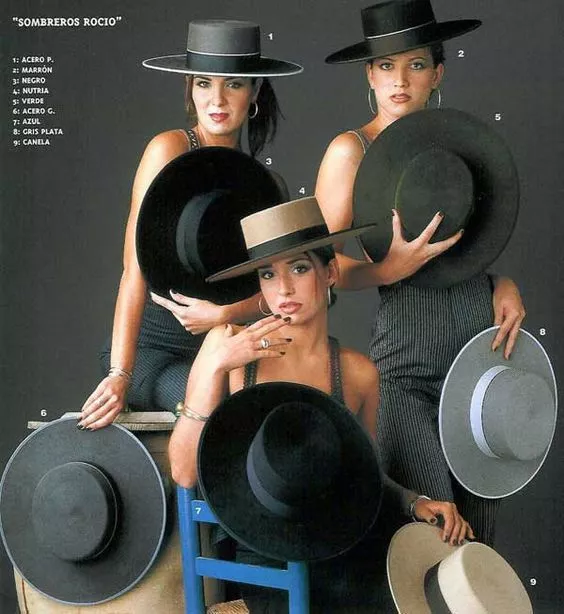
In 1965
When the Beatles came to Spain for a concert
To blend in with the local culture and style
John Lennon wore a Cordobés hat
Later it became a habit for him
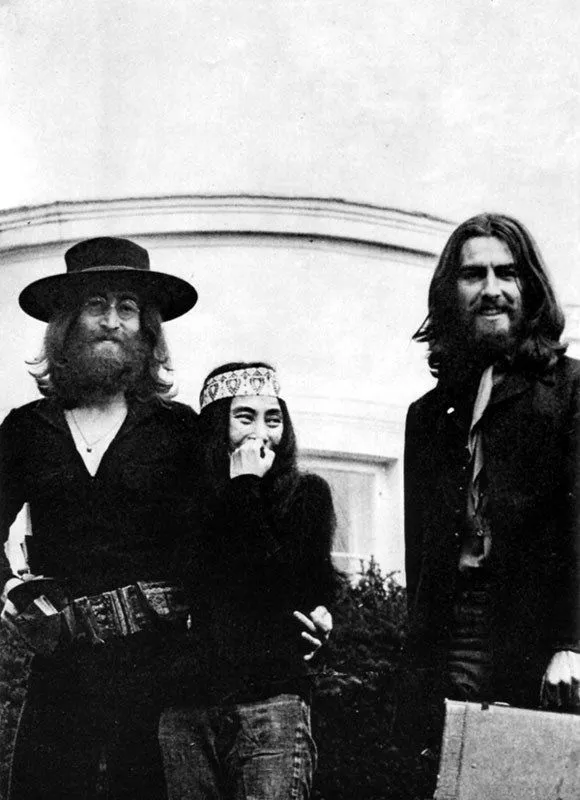
This kind of hat is very common in daily life
It is also welcomed by big brands
Often seen in various shows
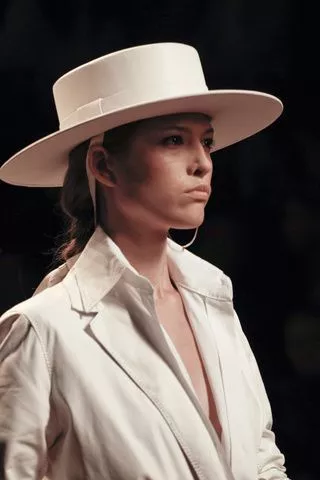
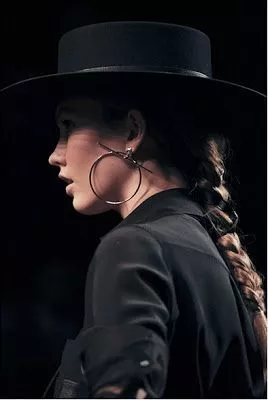
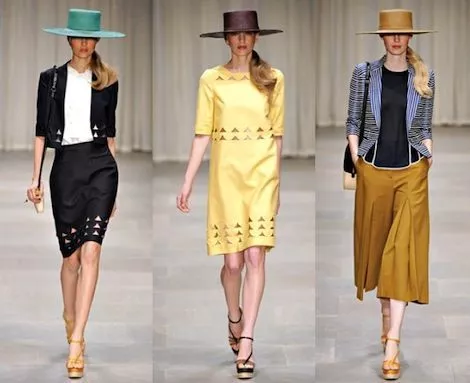
The Matador Hat
Hemingway said
“Bullfighting is the only
Art that puts artists at risk of death”
The charm of bullfighting lies in
The thrill, blood, beauty and sublimity of the process
The struggle between the matador and the bull
It is a gorgeous artistic dance
The key factor that determines whether this dance can be performed successfully is
It turned out to be a hat!
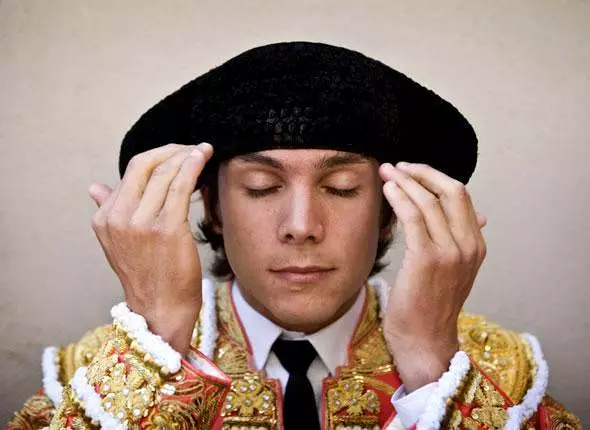
In 1836
A bullfighter named Paquiro
Published the Spanish bullfighting bible “Tauromaquia”
The first formal emphasis:
Bullfighters should tie their hair up and wear hats
You can’t go on stage with your hair disheveled
In honor of Paquiro
Bullfighters named their hats after his last name, “Montes”.
Calling it the Montera

About this hat
There is a very superstitious saying
When the matador sees the bull enter the ring
Take your hat off to the bulls and salute the crowd
Then throw the hat behind you
If the hat is facing down
Bullfighters have good luck
If the cap is facing up
Then the bullfighter will be unlucky.
According to statistics
A bullfighter who had an accident during a bullfight
Most of the time, the hat brim faces upwards during the hat tossing process
Later, many bullfighters stopped throwing their hats
To prevent the cap from pointing upwards
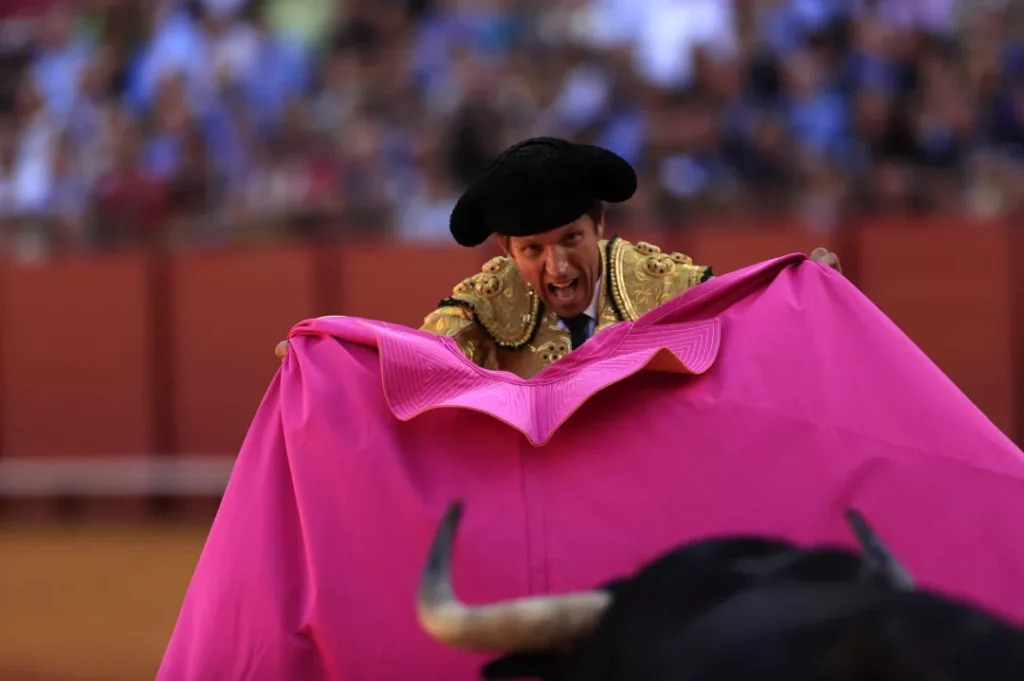
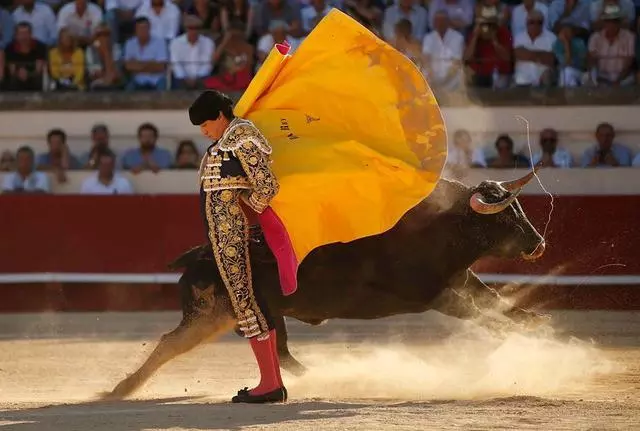
Besides the bullfighters
Fashion brands also seem to have some superstition about this kind of hat
It has a strange shape
Often appears in shows and photo shoots
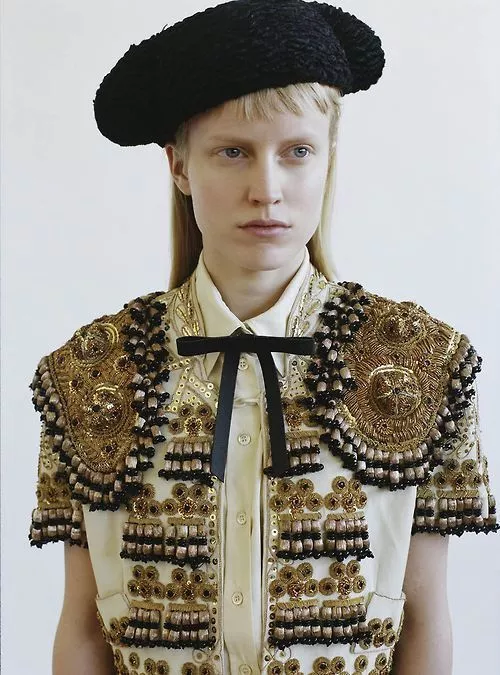
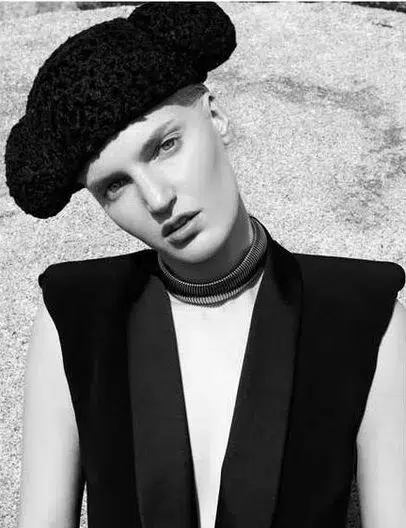
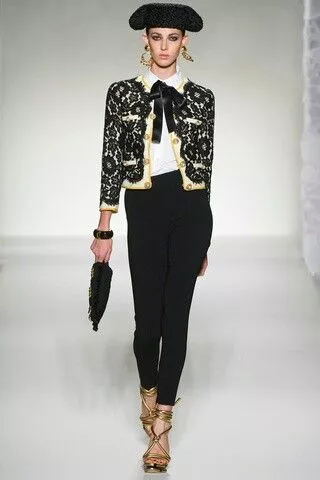
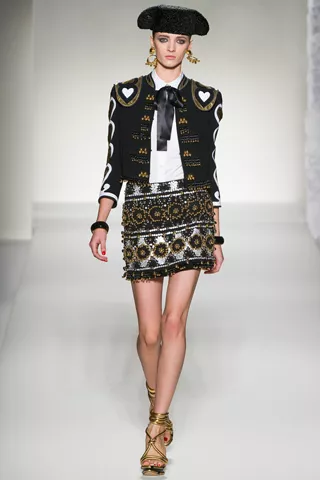
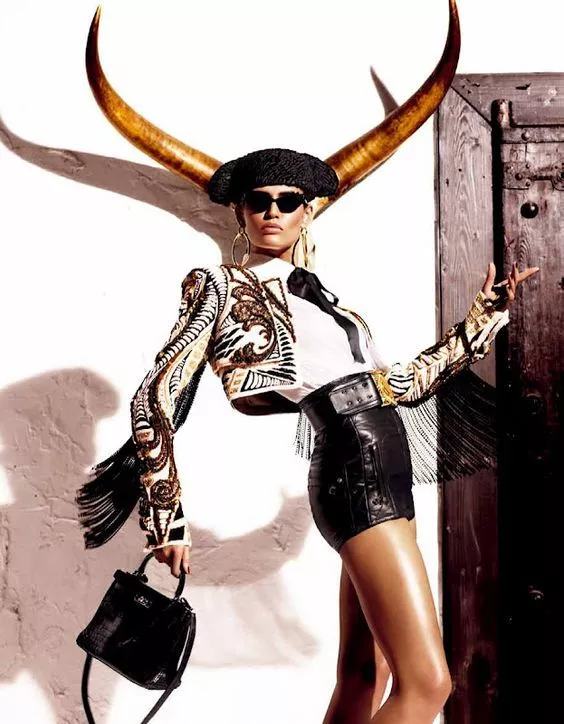
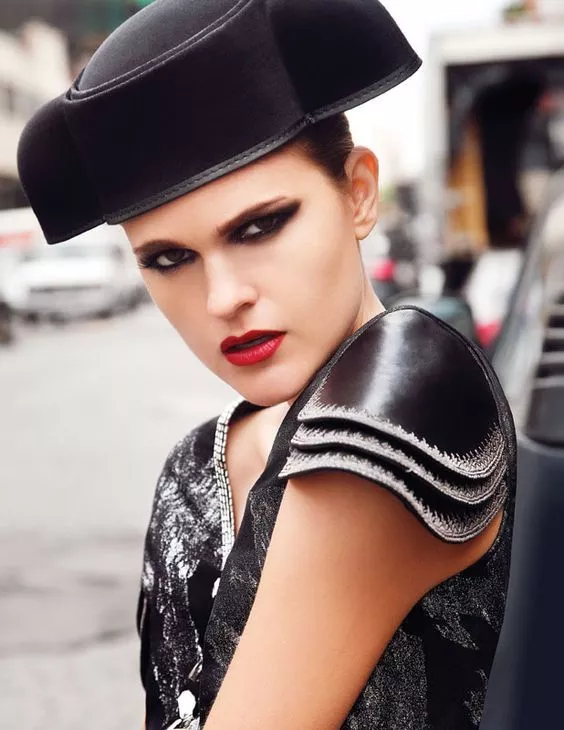
Unique Traditional Headwear In France
The Beret
The cycle of fashion
It’s so unexpected
In the eyes of many fashion people
Beret is the “most familiar stranger”
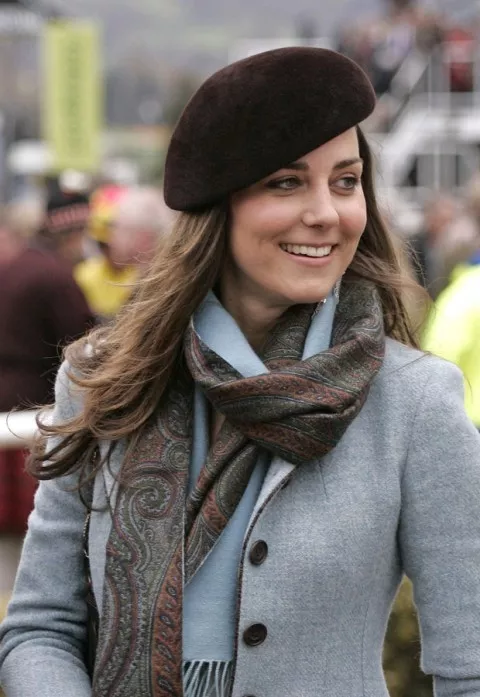
The history of berets can be traced back to the 15th century
Shepherds in Béarn, at the foot of the Pyrenees Mountains in southwestern France
Used to like wearing a type of round, brimless, soft hat
Made from the brown wool of Pyrenean goats
It can protect from wind and rain, wipe sweat, and can also be used as a cushion
Very practical
It is called the “Basque beret”
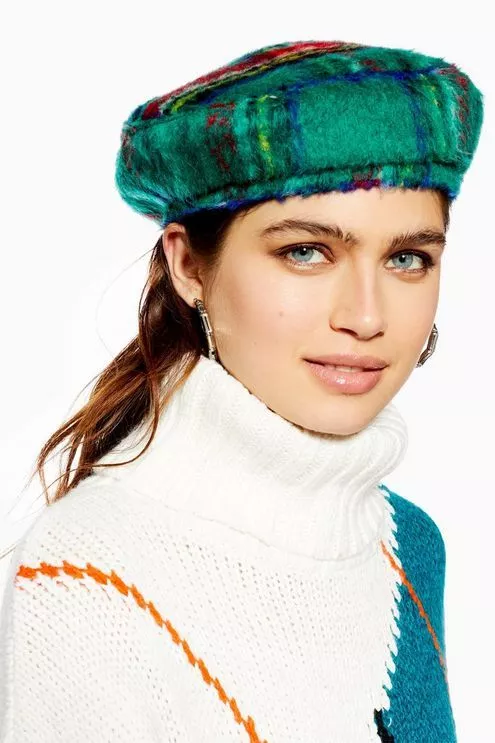
Berets became popular as military caps
During World War I
Some British soldiers have started wearing berets
During World War II
Different armies of different countries have chosen
Berets of different colors as part of the uniform
To distinguish between branches of the armed forces
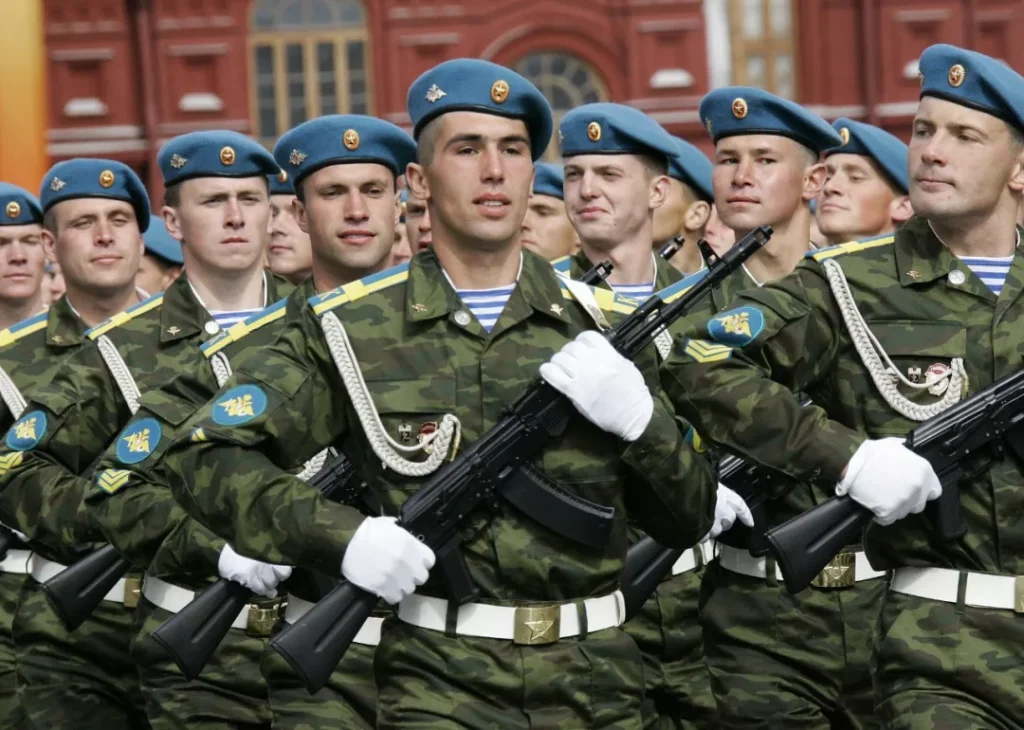
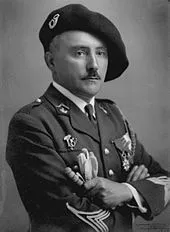
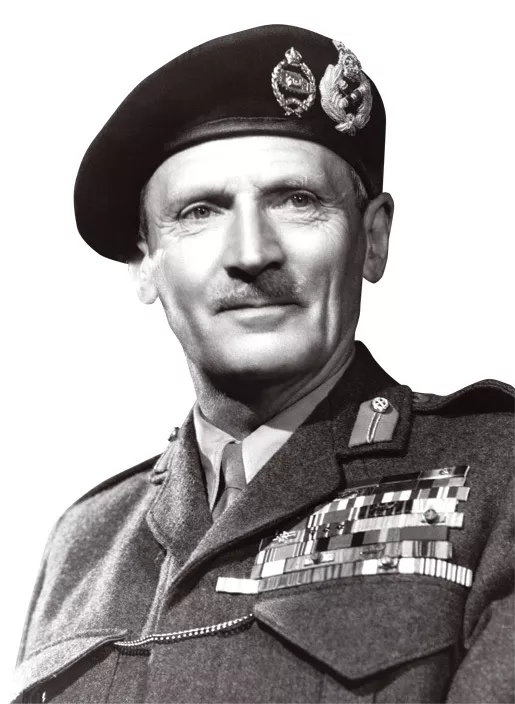
When did it become part of everyday life
In fact, as early as after World War I,
Berets had entered people’s wardrobes and become a fashion trend
Whether it is the daily street shots of Hollywood stars
Or the press conferences of major brands
Berets are always a constant presence
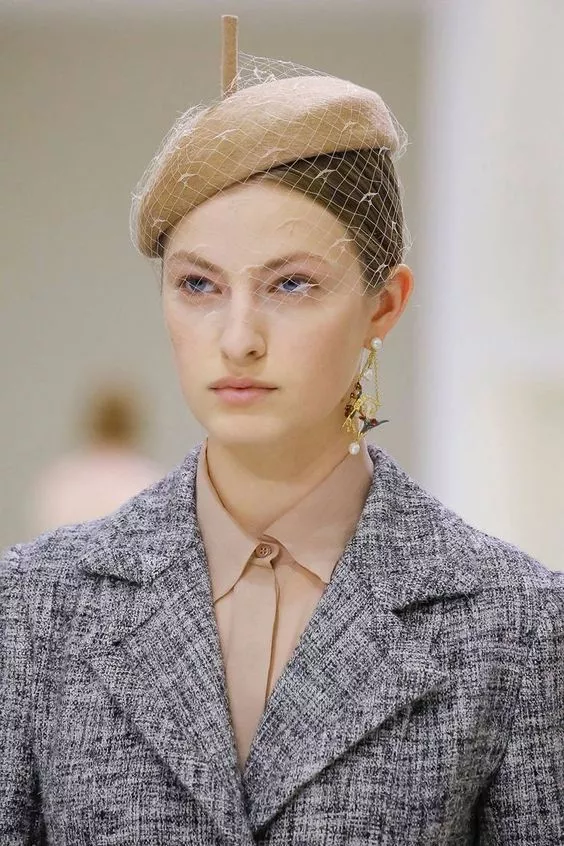
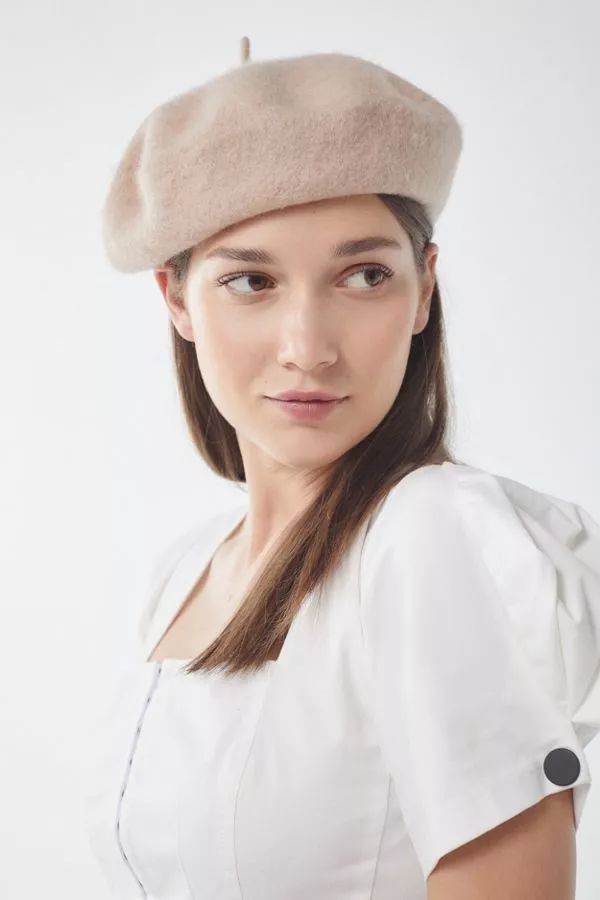
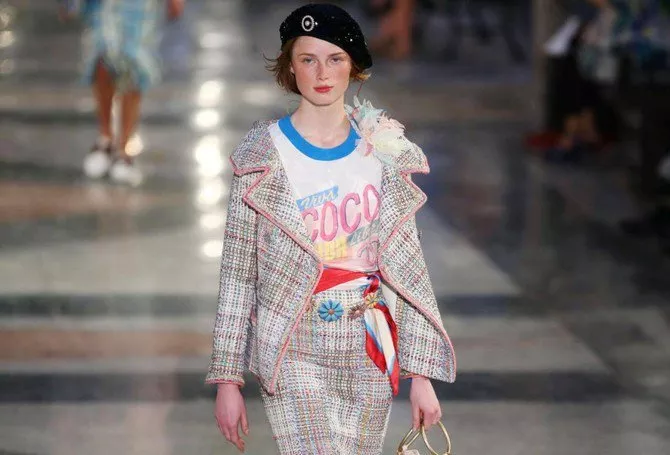
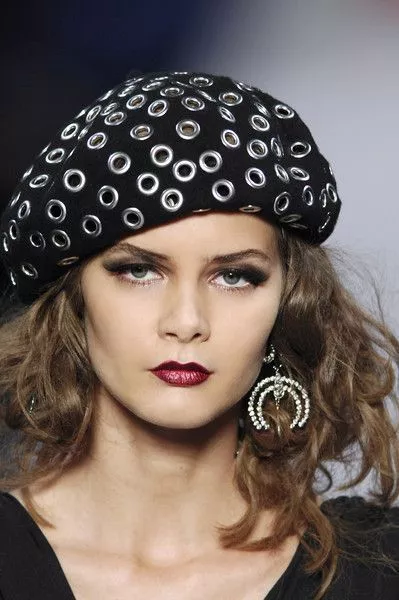
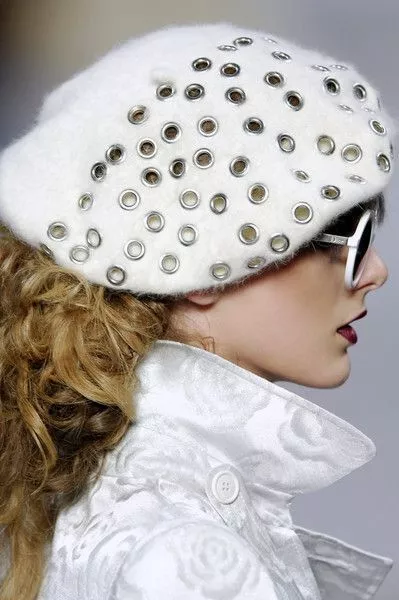
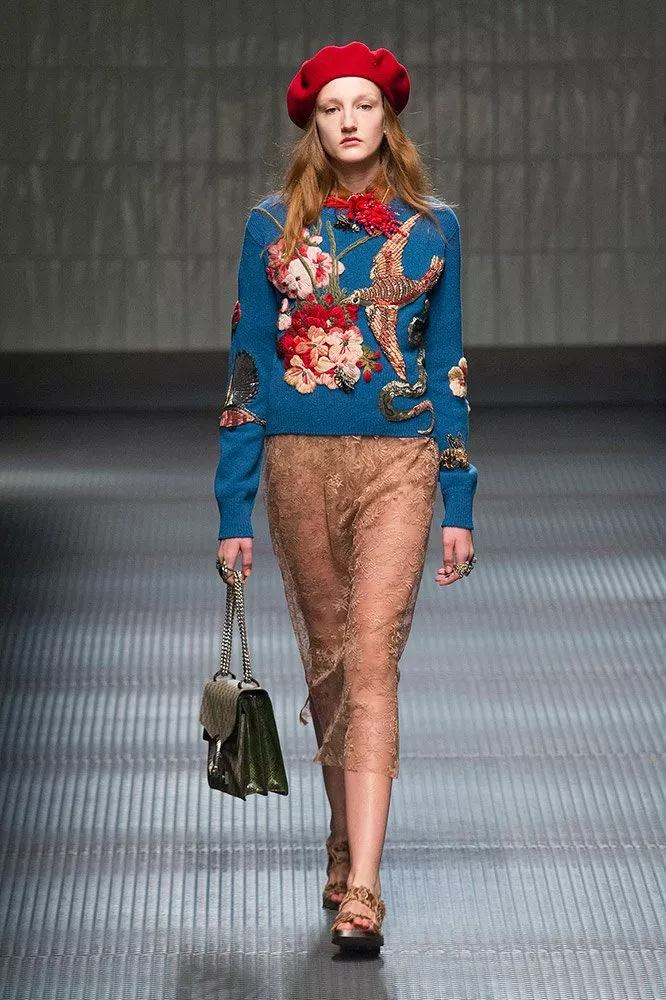
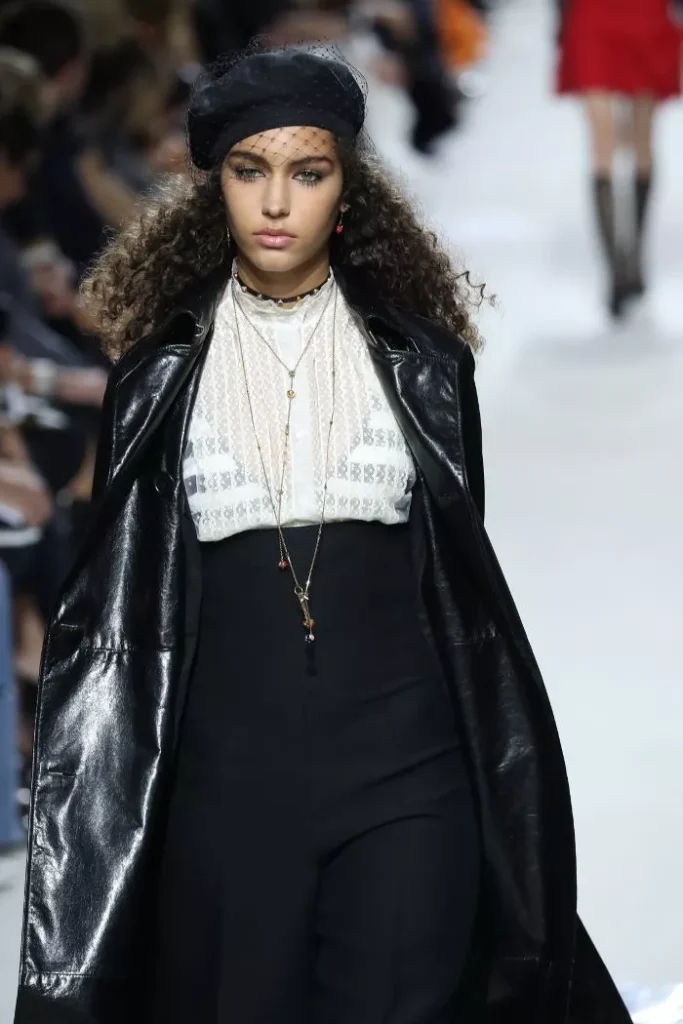
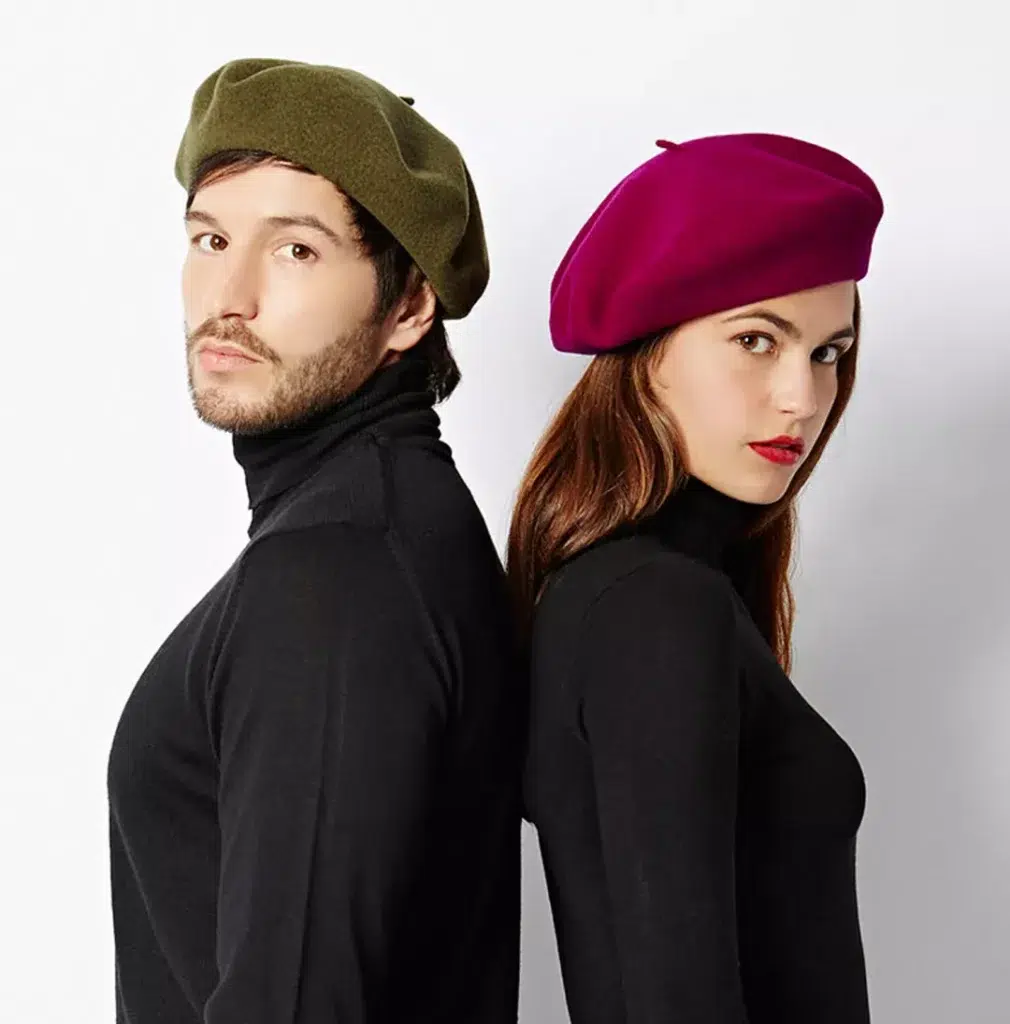
The Bicorne hat – Napoleon hat
The Louis dynasty fell and the bourgeoisie rose
The status of capitalists and aristocrats was getting closer
People were tired of the ritualistic celebrations
And started seekin worldly happiness and sensual enjoyment
The Rococo period slowly began
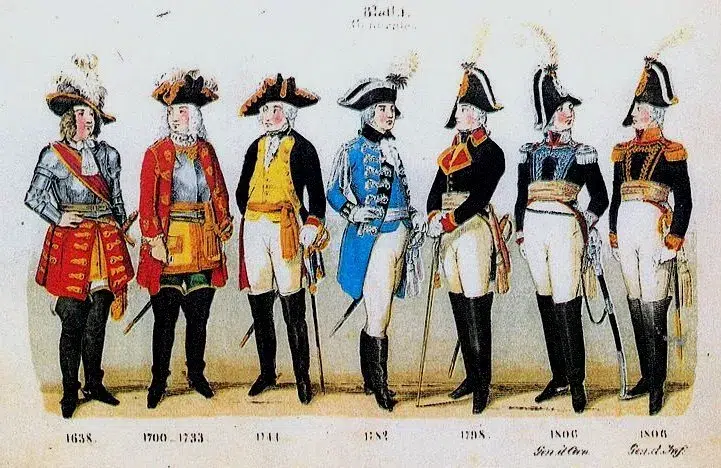
In the 1780s
To facilitate the drainage of rainwater
And to keep the hat shape regular and not easy to block the view
Bicorne, a two-cornered hat worn by the upper class
Appeared on the historical stage
It evolved from the tricorne
Because Napoleon often wore it
it was also known as the Napoleon hat
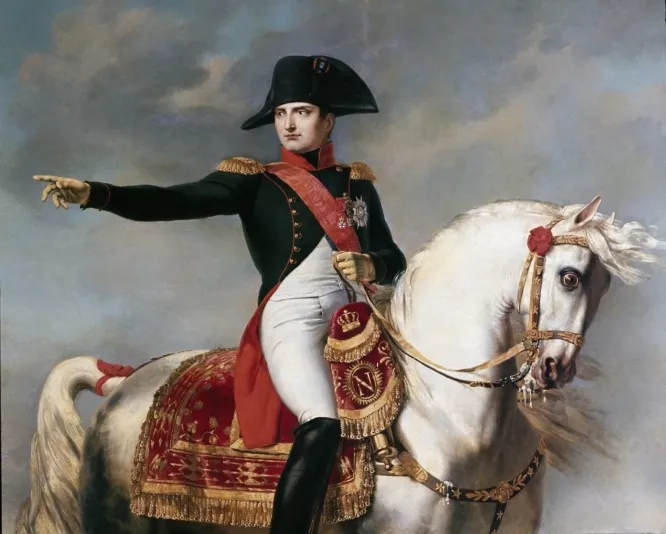
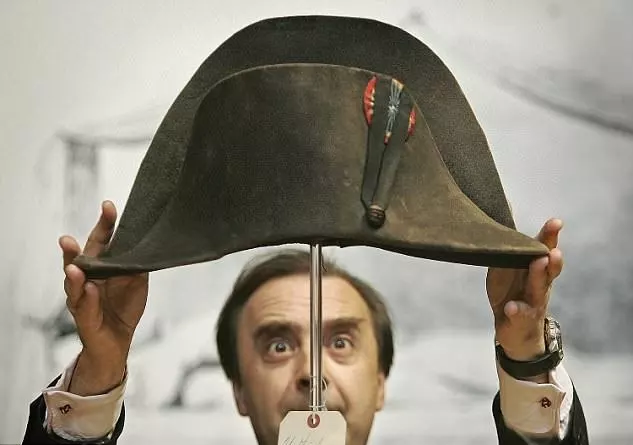
The earliest bicorne was worn straight
People began to wear it sideways to show their uniqueness
Napoleon wore it sideways
This way of wearing it became popular among the French army
The more they wore it, the more crooked it became
Later, the brim of the hat was worn in front and behind
Ship-like shape
People called it the “boat-shaped hat”
and it is still seen in military uniforms today
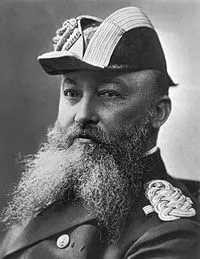
In recent years
The Napoleon hat has also taken the fashion world by storm.
There are endless hats inspired by it
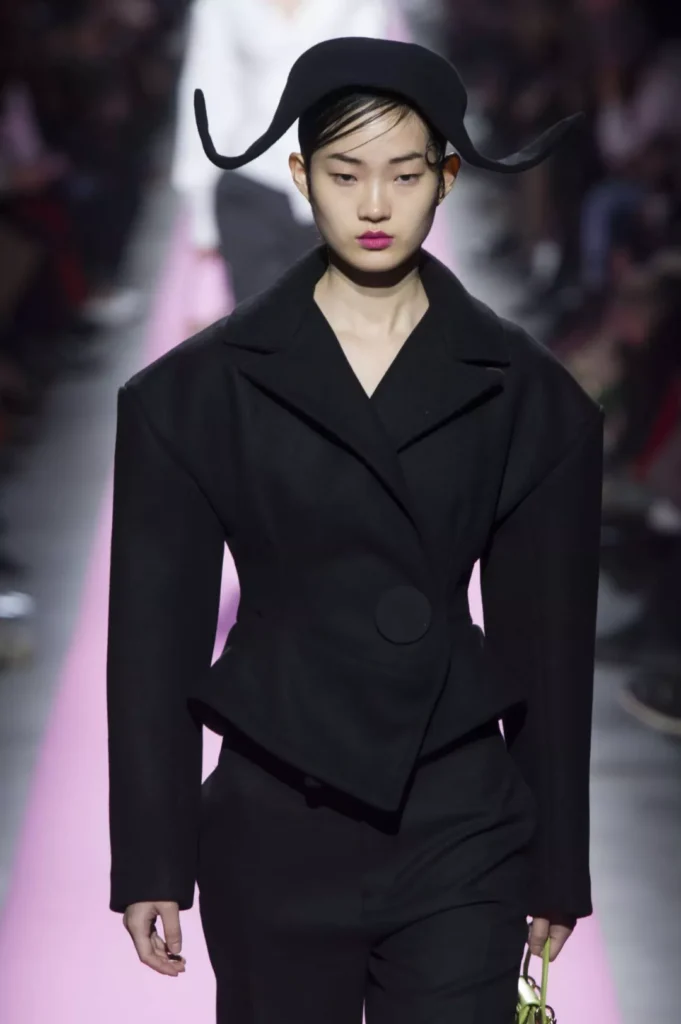
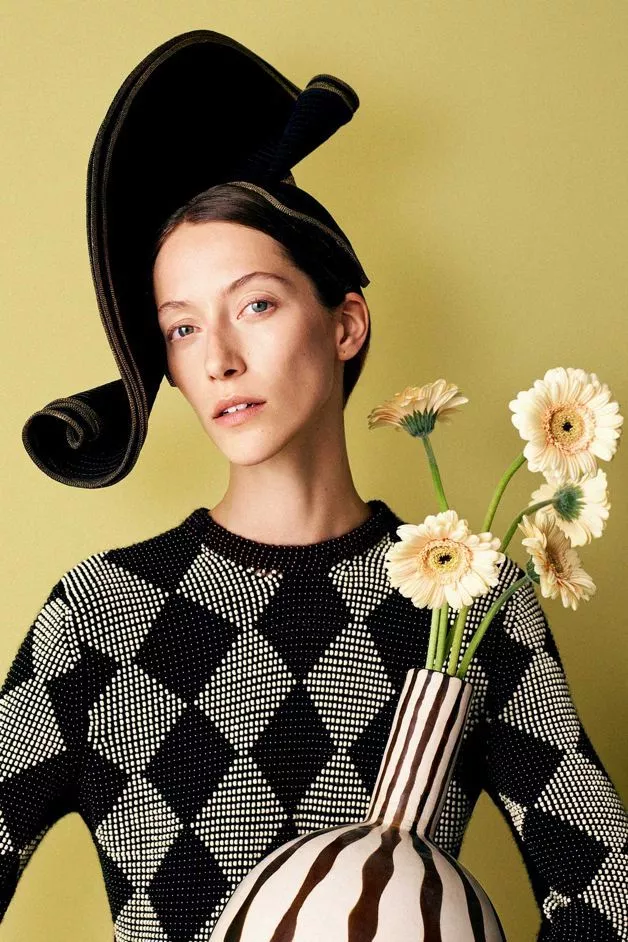
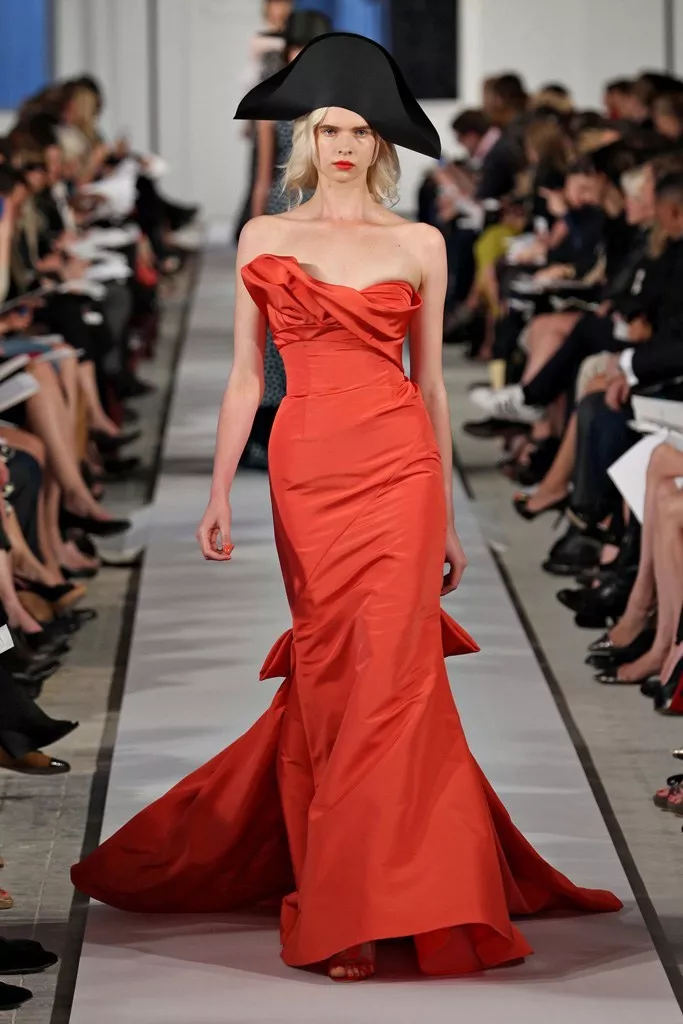
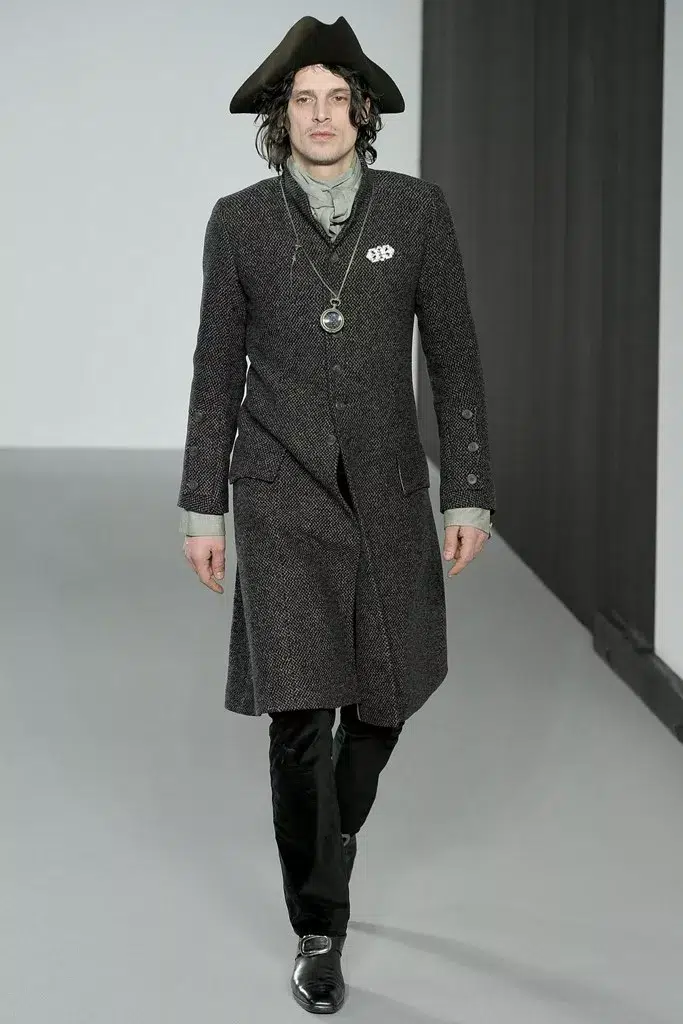
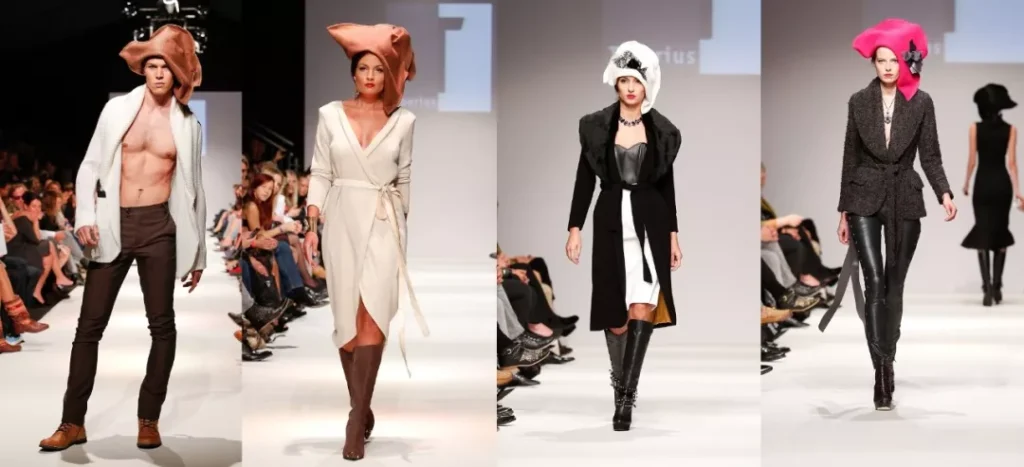
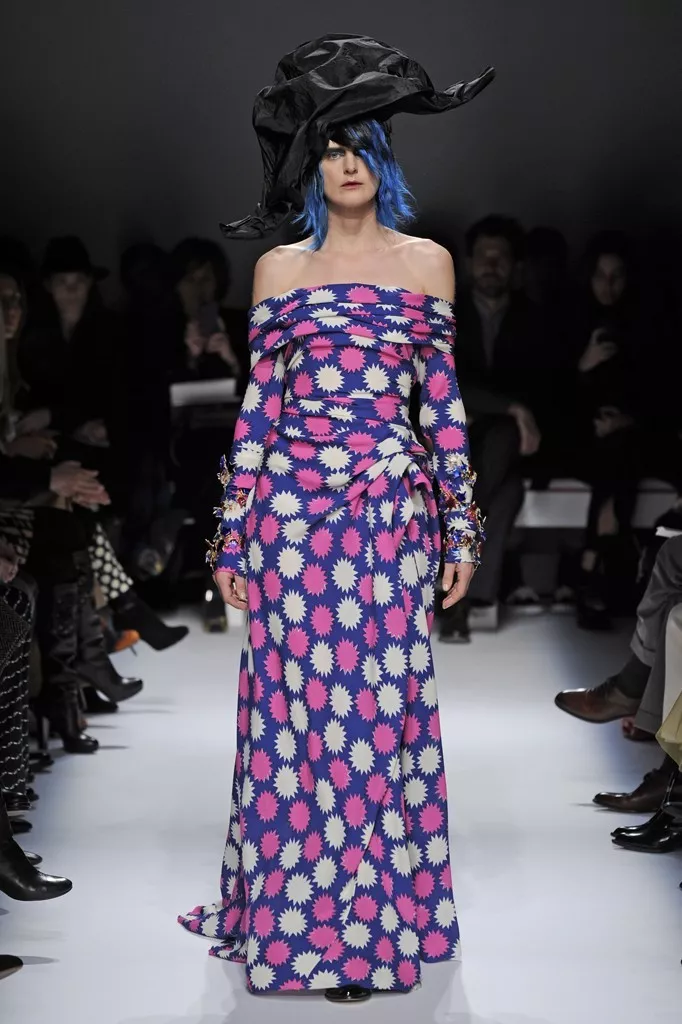
the Chinon Hat
Au XVe siècle
the Gothic style reaches its peak
Under the influence of Gothic art
the Hennin hat appeared
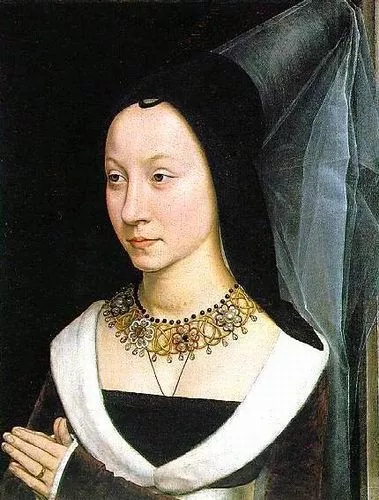
The most typical feature of Hennin is the sharp triangle tip of the hat
That is, a conical, pointed hat similar to a witch’s hat
Nine inches to three feet tall
And is shaped with wire or starch
The hat is covered with high-end tulle
And the front brim is decorated with luxurious velvet
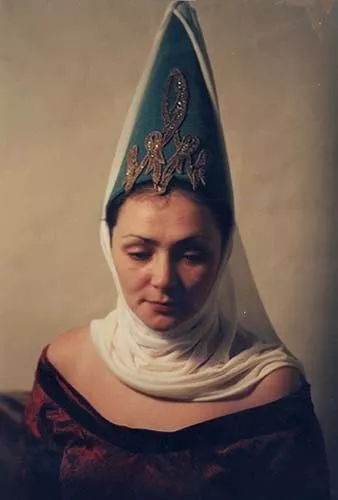
These hats were shockingly expensive
Affordable only for noblewomen
The poor wore hats mostly for
Complying with the laws and regulations, providing shade in summer and warmth in winter
Their hats were usually made of cheap materials, with simple designs
With little or no decorative embellishment
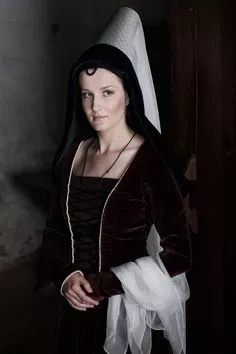
Because of its strong sense of fashion
it has often become a source of inspiration for designers
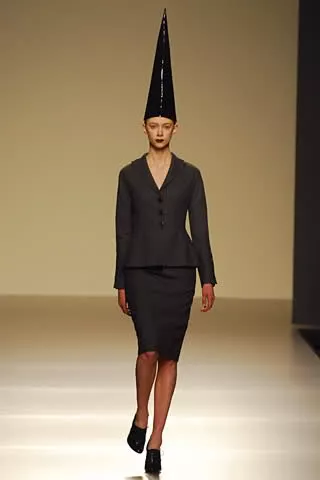
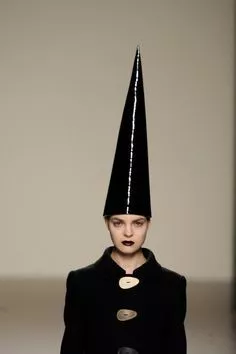
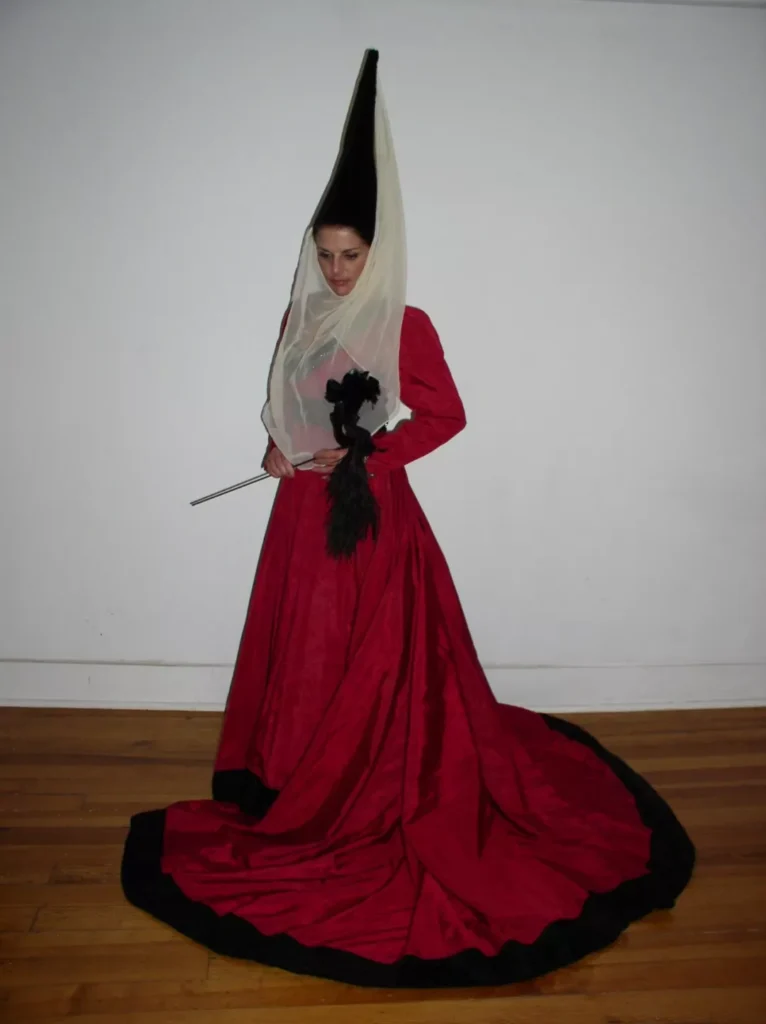
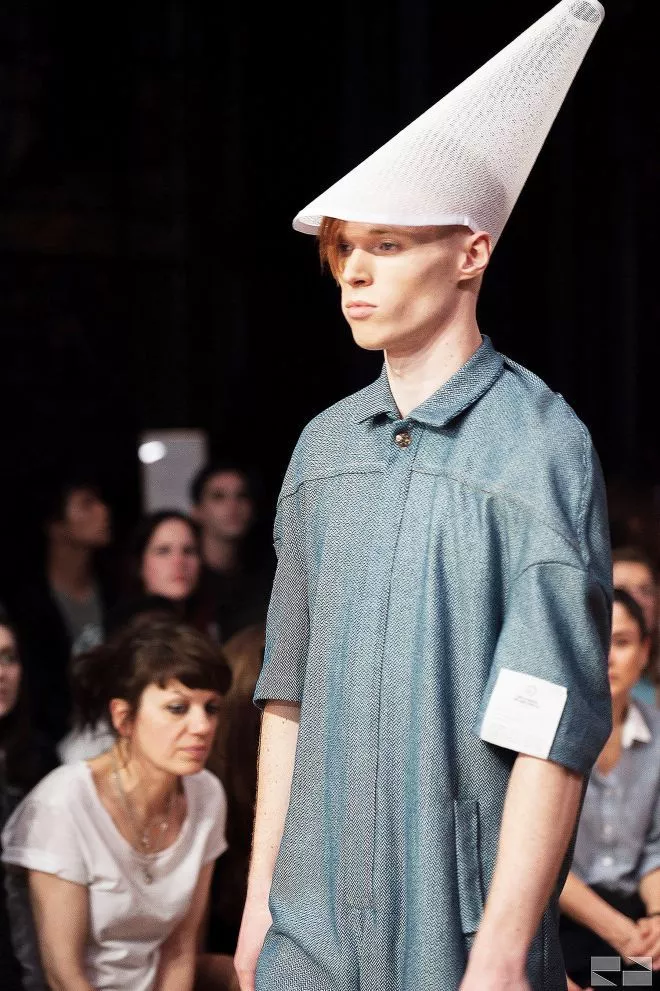
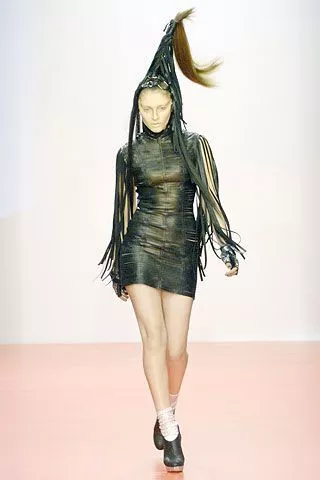
The Kepi
After the Napoleonic Wars
Military uniforms began to become simple and plain
During Napoleonic era
Overly decorative military uniforms
Gave way to simple but more durable and more convenient military uniforms
Taking military cap as an example
Common in the French army during the Napoleonic era
Decorated with various braids, hats, and dazzling badges
A military cap as tall and heavy as a bucket
Gradually became shorter
The number of ornaments such as tassels and necklaces had been greatly reduced
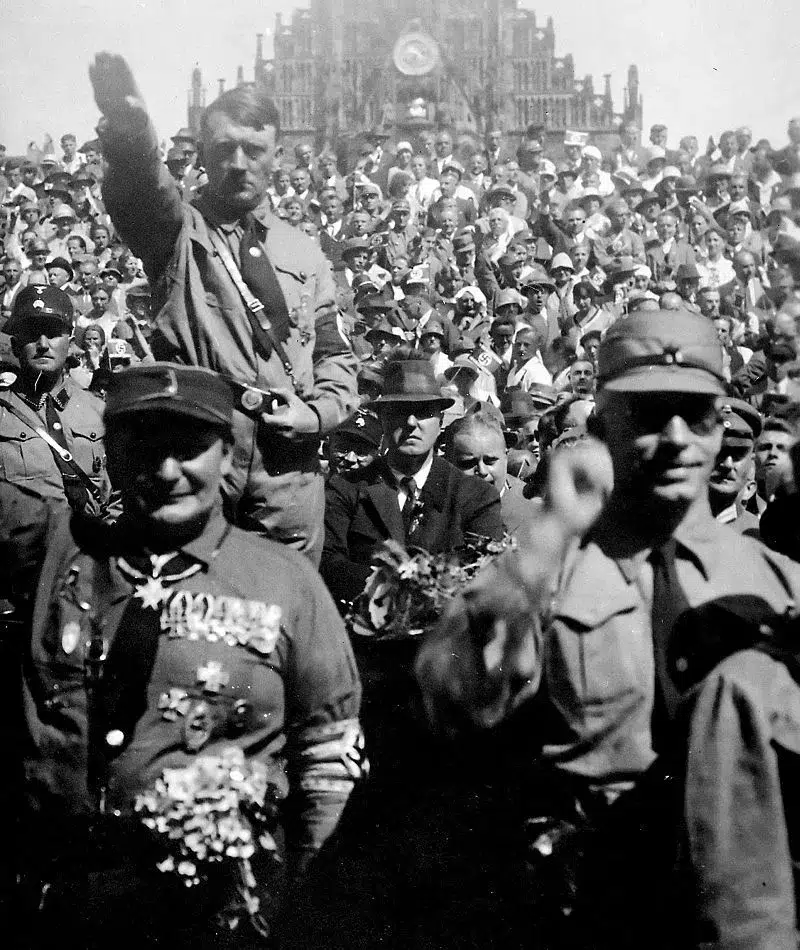
At this time, the French army first developed a
A short cylindrical hat called a kepi
Although much simpler than those of the Napoleonic era
The production process still remained complicated
Today this kind of cylindrical hat is still
Worn by the French army, police, and Foreign Legion
Becoming a classic and iconic symbol of French military uniform
And has been imitated by many other countries
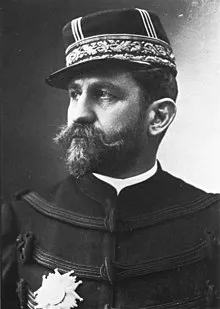
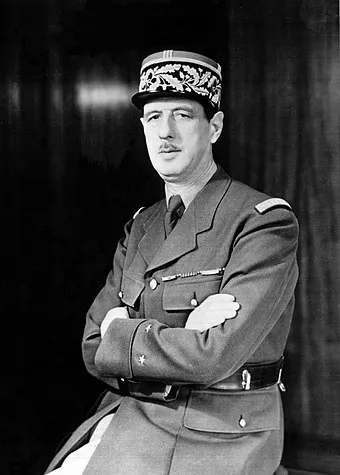
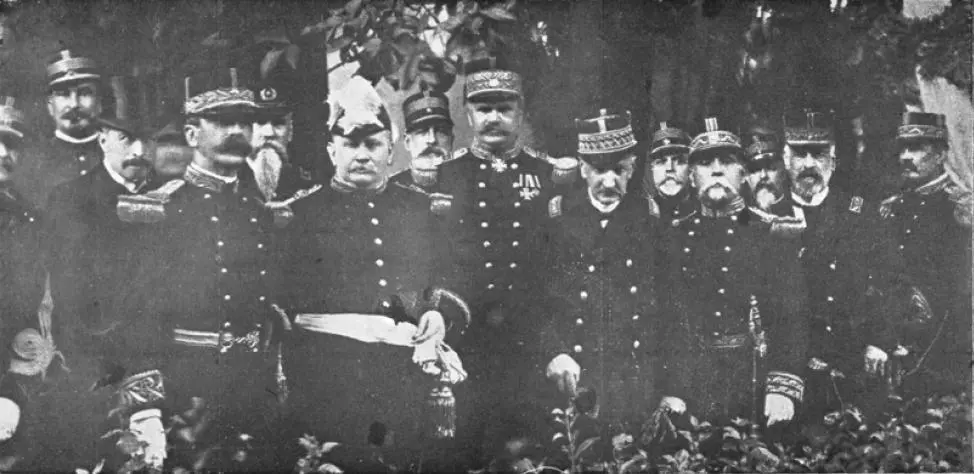
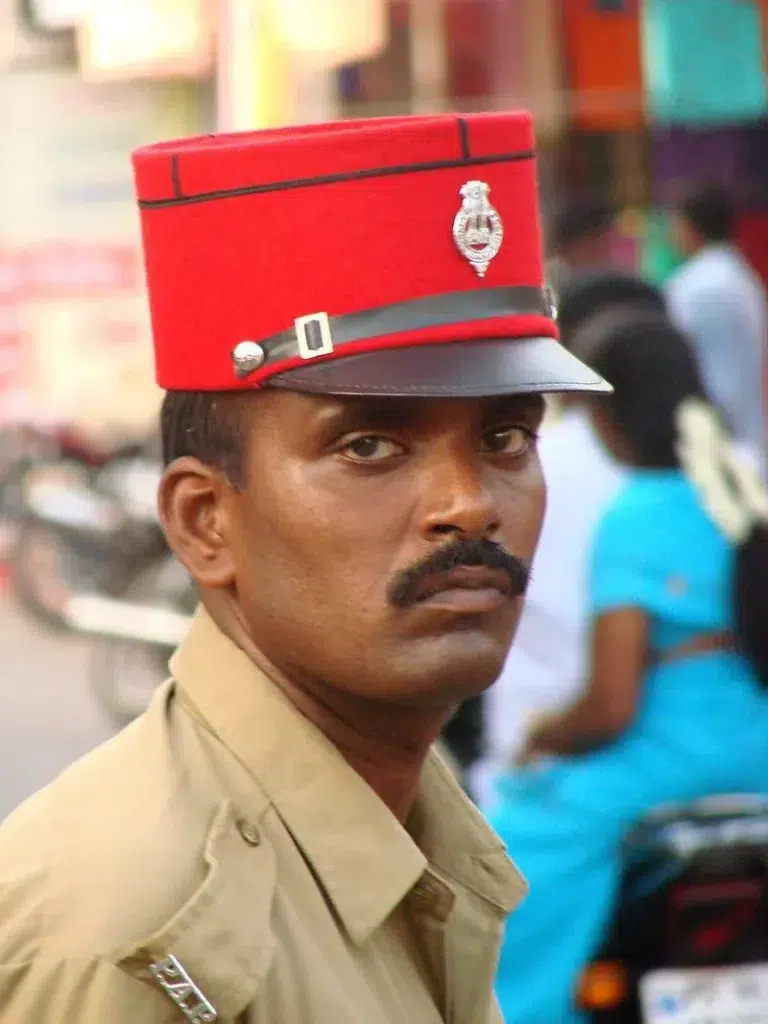
In addition to soldiers
Many ladies are also fans of this hat
Wearing a hat inspired by it
Full of aura
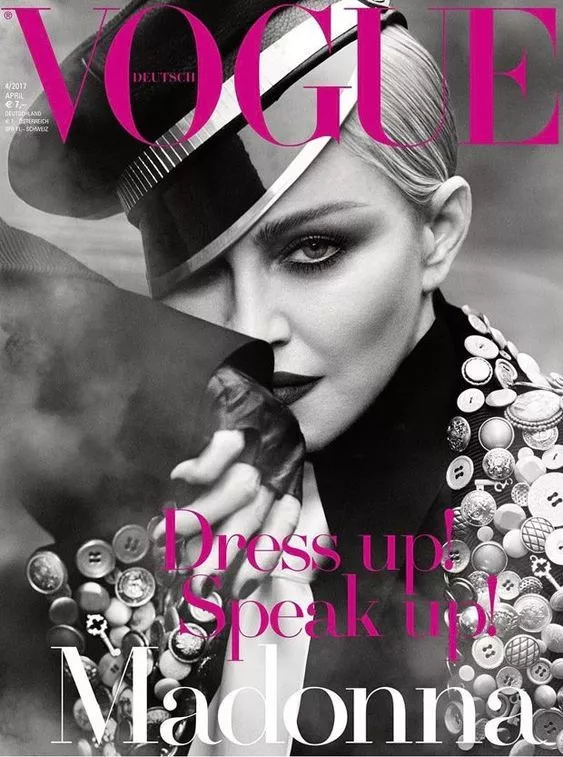
Unique Traditional Headwear In the UK
The flat cap
Born in England in the 14th century
In the Victorian era
It was necessities for leisure life regardless of social class
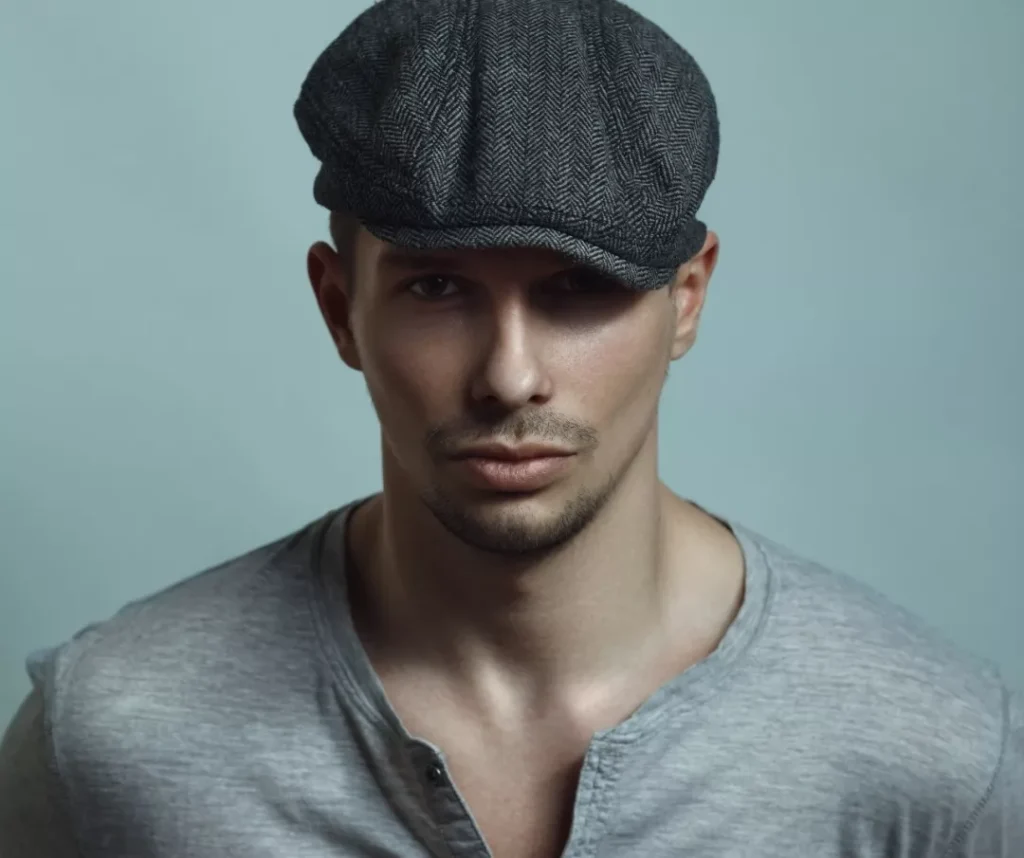
In 1571
The British Parliament
To solve the problem of wool overproduction
Promoted the widespread wearing of woolen hats
They even passed a bill stating that
All men over six years old
Must wear hats made of wool on Sundays and holidays
Then the wool cap became
A symbol of men’s clothing at that time
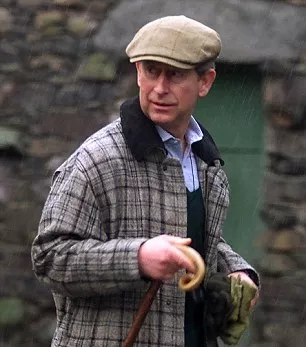
In the early 20th century
The flat cap was introduced to Europe and North America
and it caused a strong response
Regardless of age, occupation, identity, status
People wore it
To school, to the countryside, for outing and for leisure sports
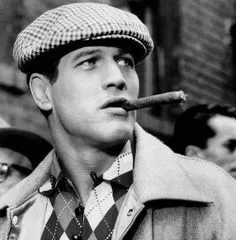
Today
Many Hollywood stars and supermodels
Still maintain the passion for the flat cap
From the street fashion of the past
To today’s vintage trends
This hat is always at the forefront of fashion
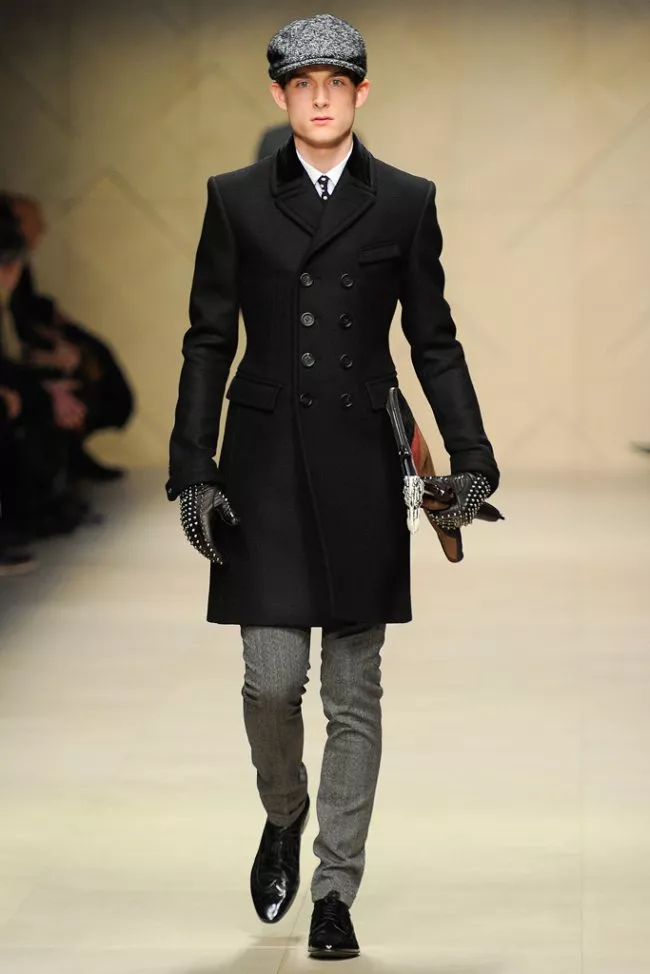
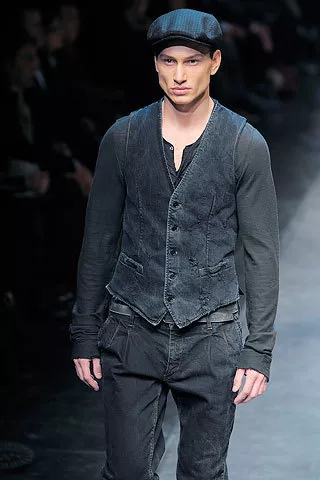
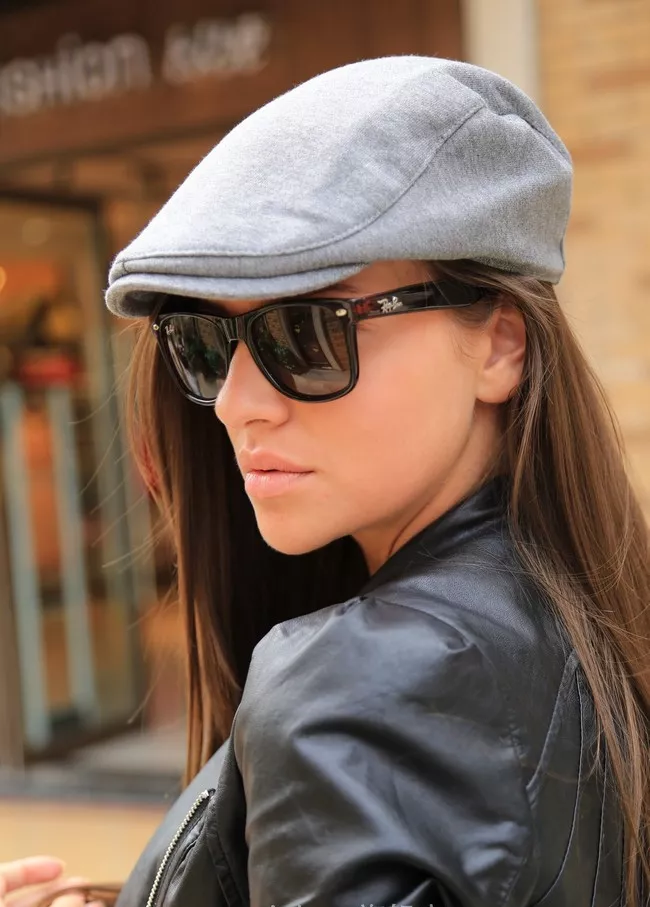

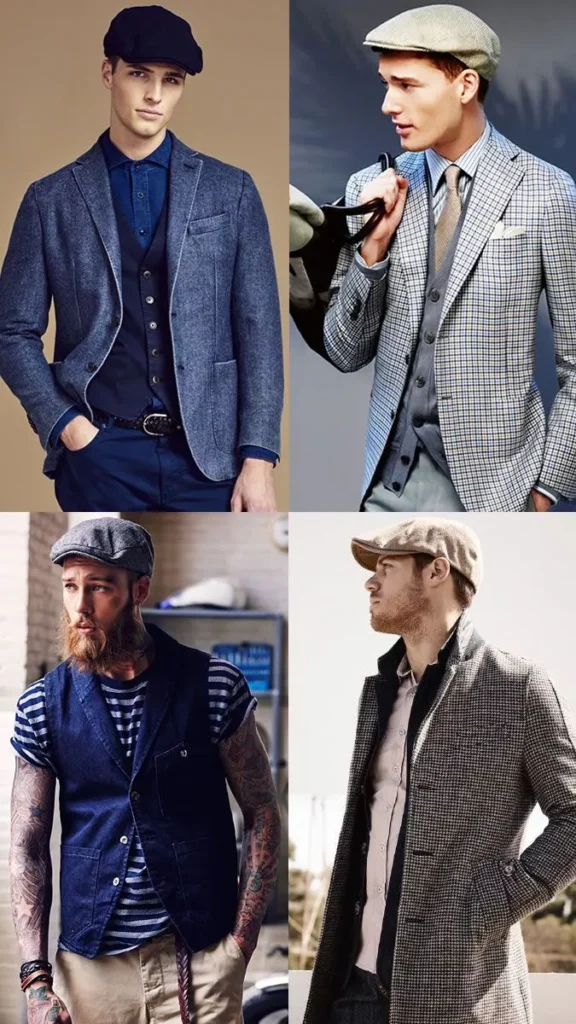
The Police Helmet
As the name suggests
This is the England and Wales Police
Traditional helmet worn during patrol
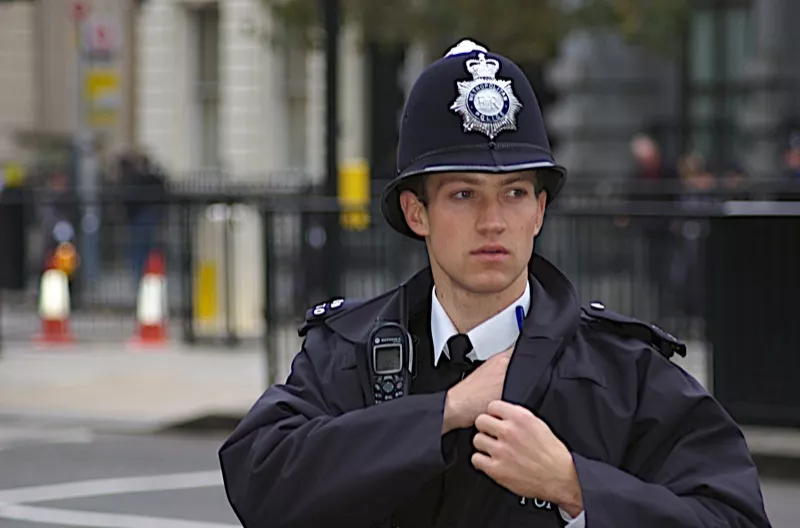
The Custodian helmet
Made its first appearance in 1863
when the London’s Metropolitan Police replaced their top hats with this
Becoming part of the police’s iconic uniform
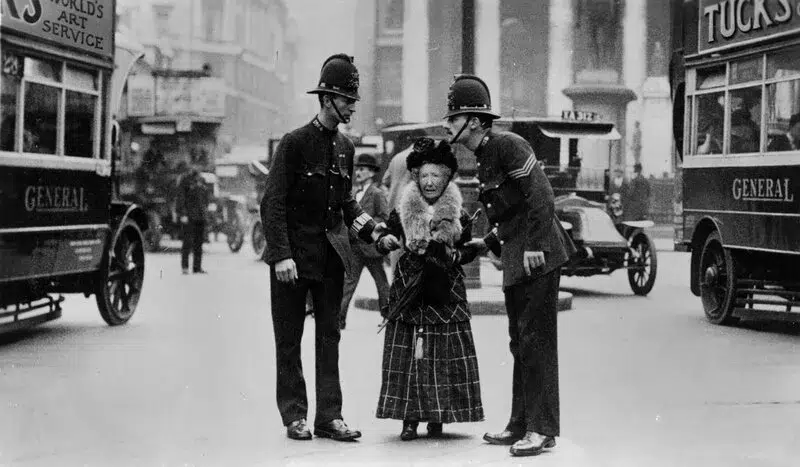
This type of was once eliminated
Gradually disappeared from the streets
But later, many territorial police forces
Decided to reintroduce
In 43 territorial areas across Scotland and Wales
It is currently used by 39 police forces
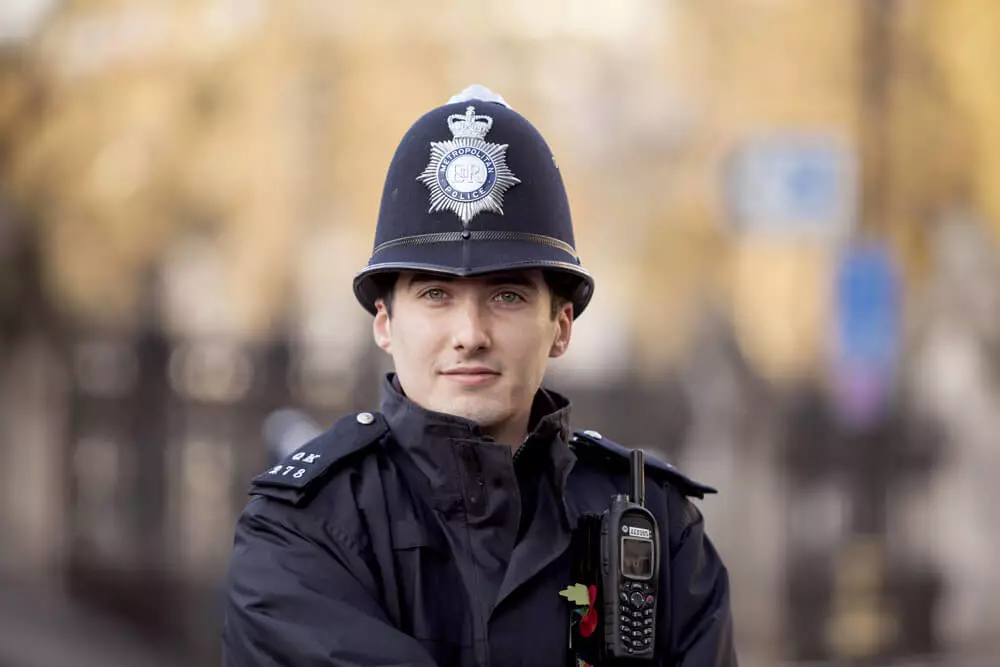
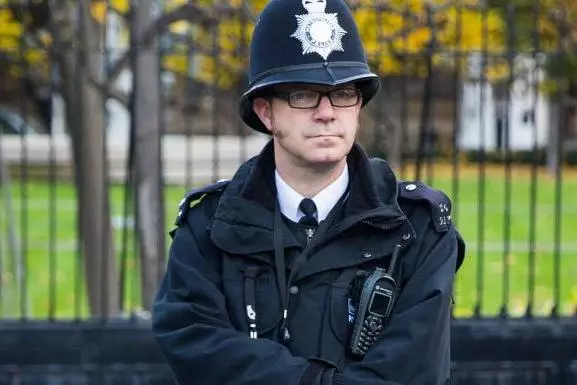
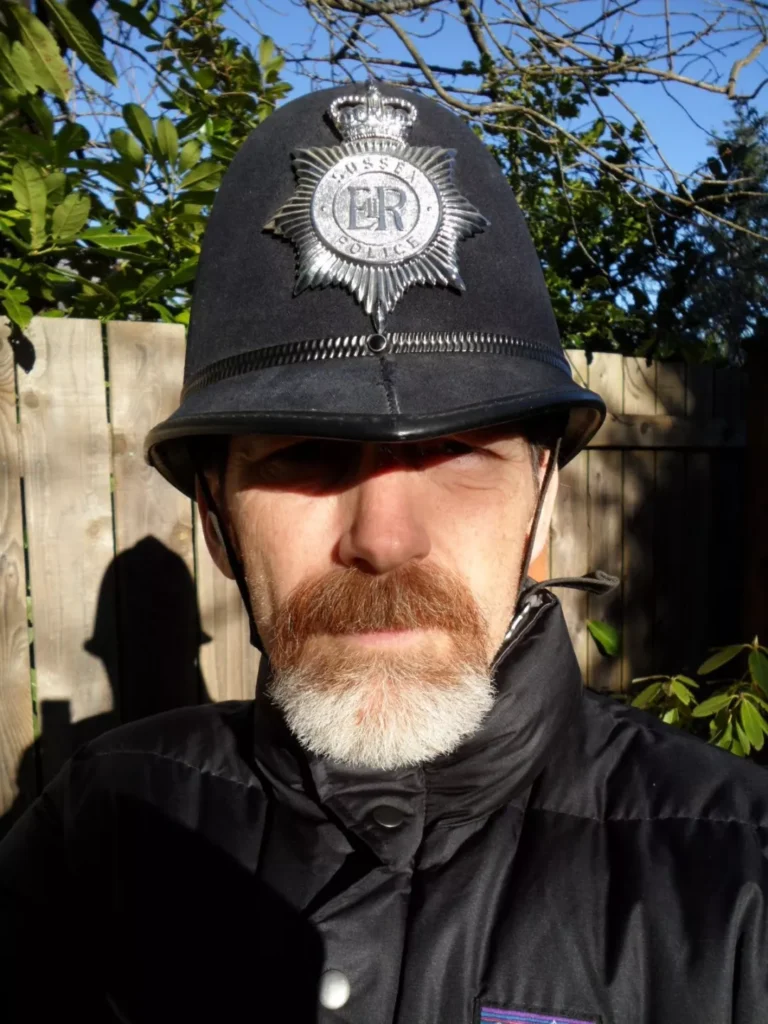
The Fascinator – the hatinator
The Fascinator is
A headdress that can be used as a hat substitute
Commonly seen in formal occasions in Europe
Many ladies wear them to form a beautiful landscape
In some cases, it can also be called a hatinator
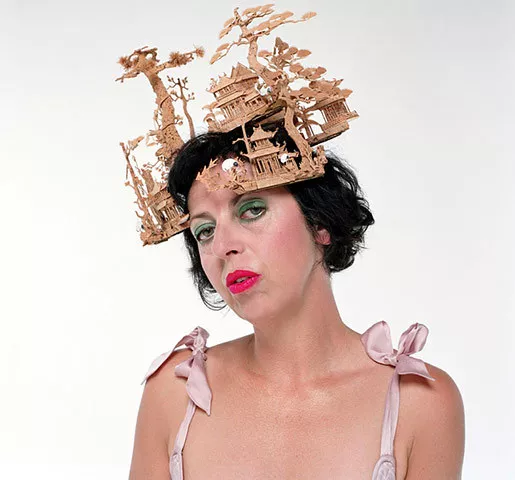
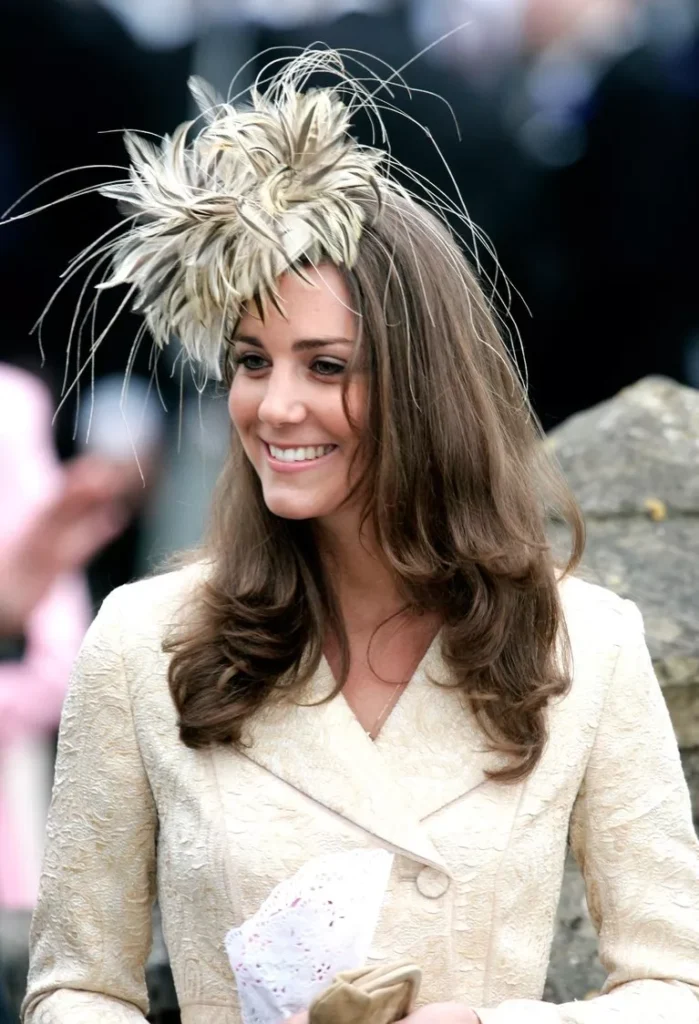
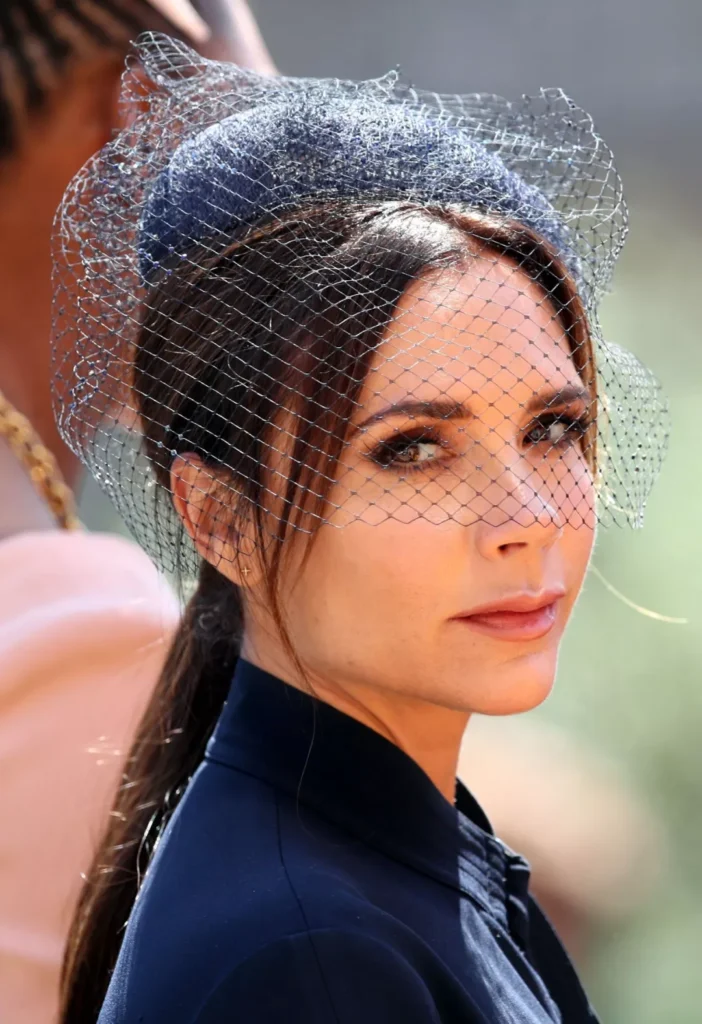
Queen Marie Antoinette
Is a powerful promoter of this head fashion
She used ostrich feathers as headdresses in the royal courts of Europe
It quickly became popular
But feathers are very expensive
affordable only to the nobility and upper class
With constant changes and development
This headdress has been widely welcomed
Jockey clubs, royal weddings, important occasions…
Fascinators with various colors and shapes
So beautiful that that dazzles the eyes
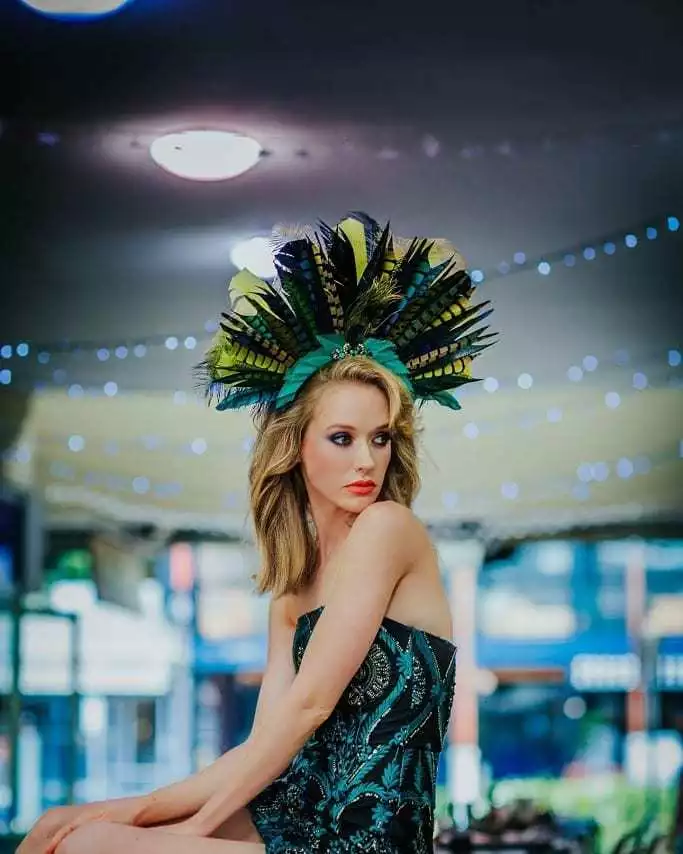
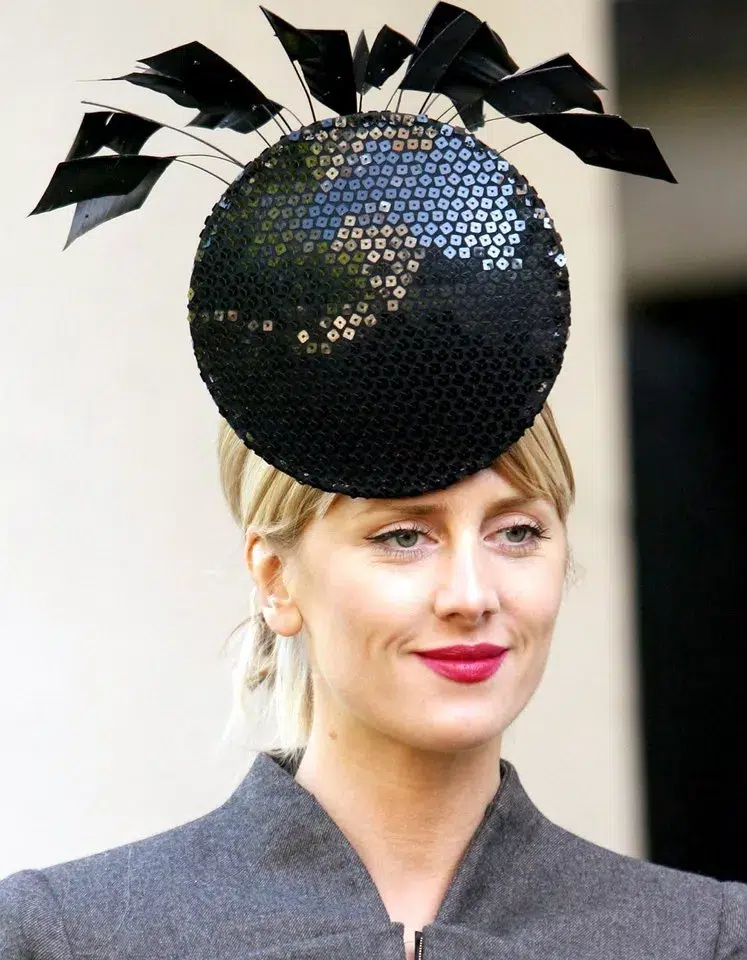
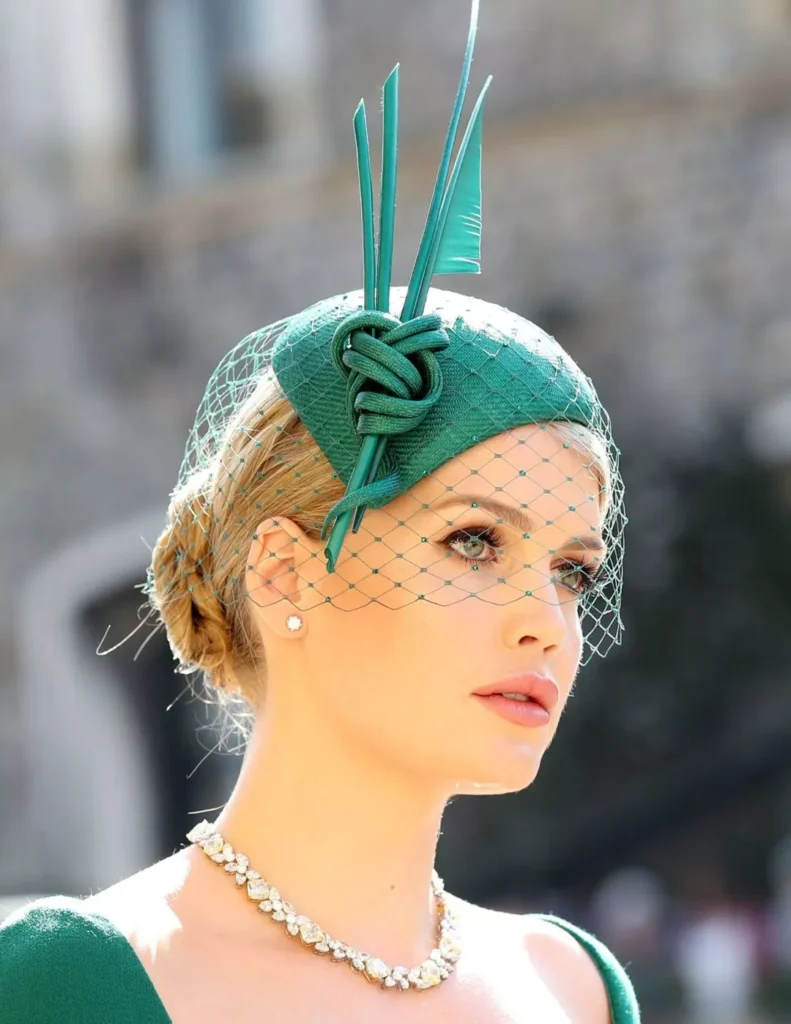
They have, of course, become stars in the fashion circle
On runways of top fashion brands
There is always the shadow of Fascinator
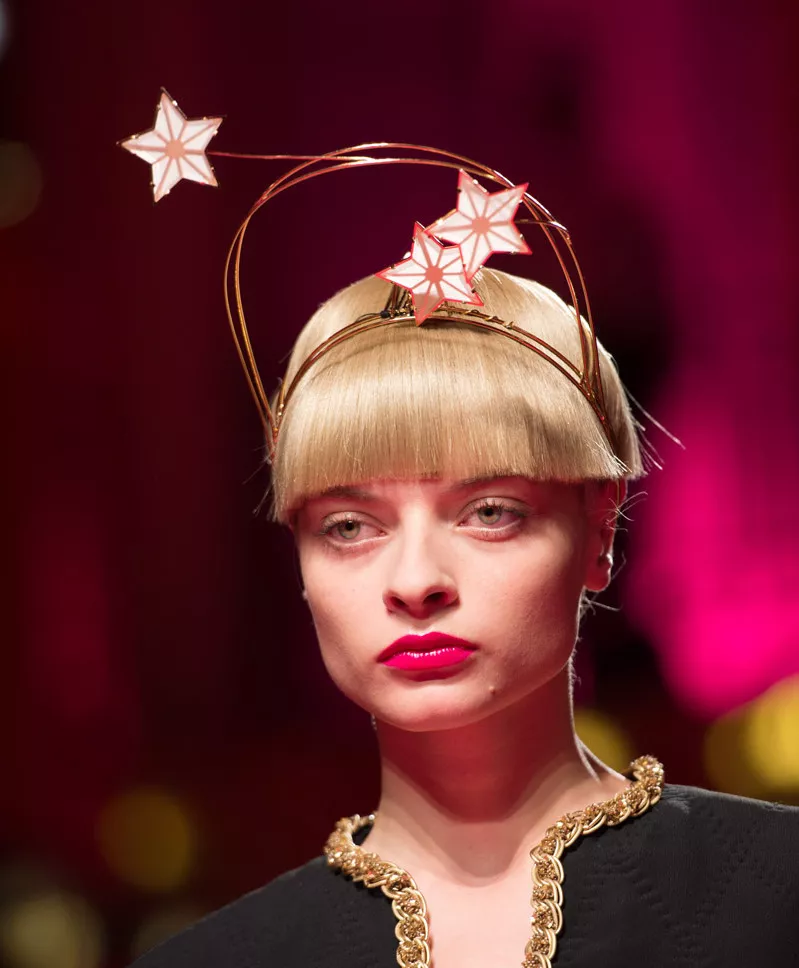
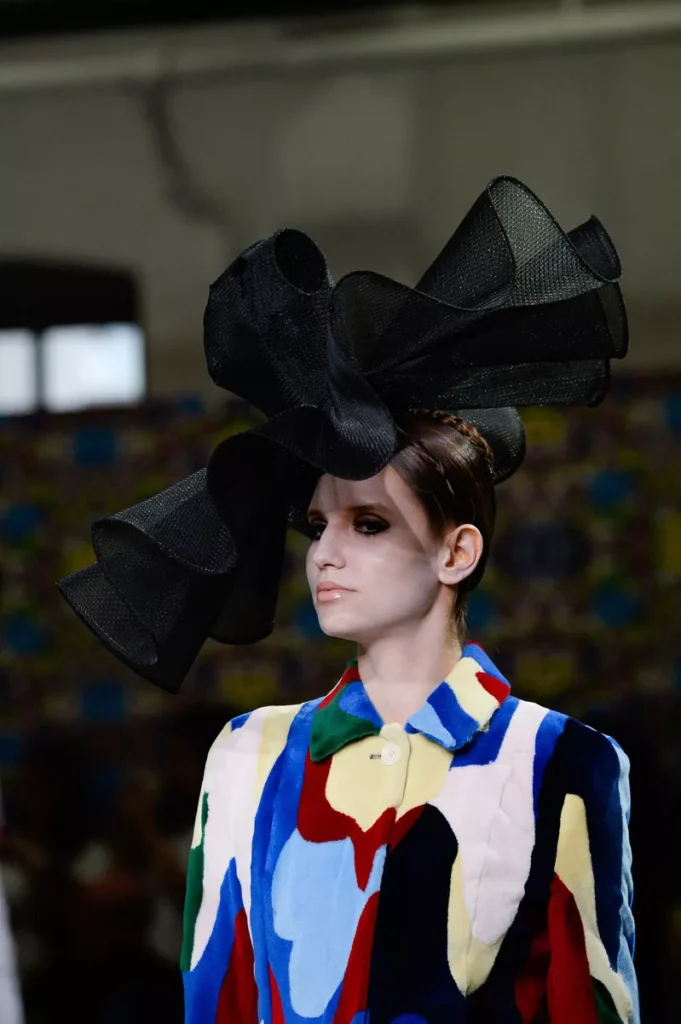
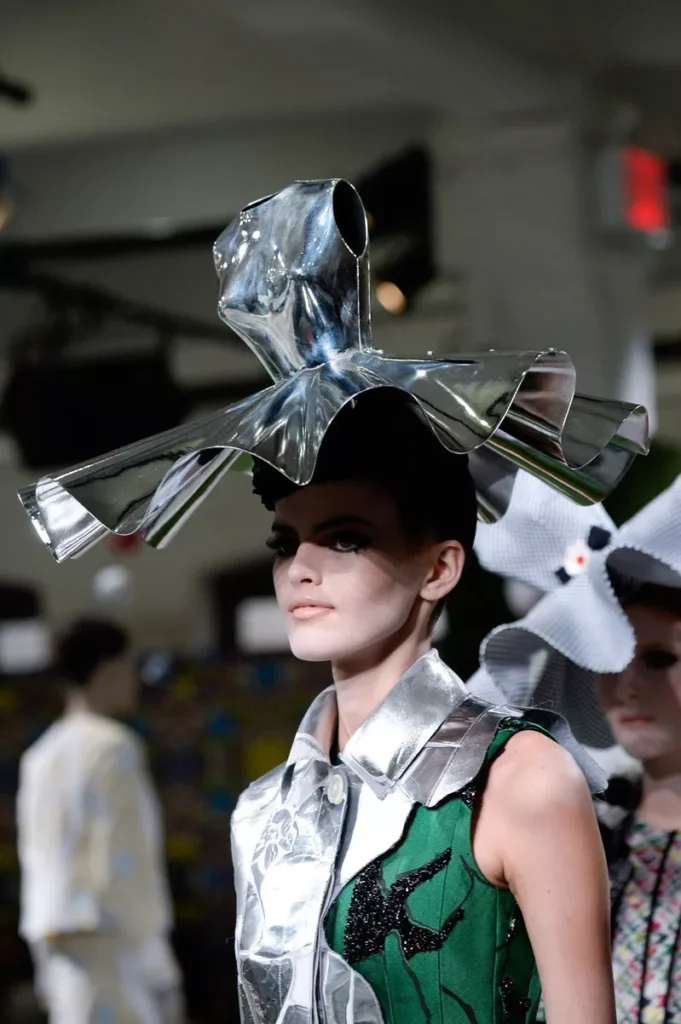
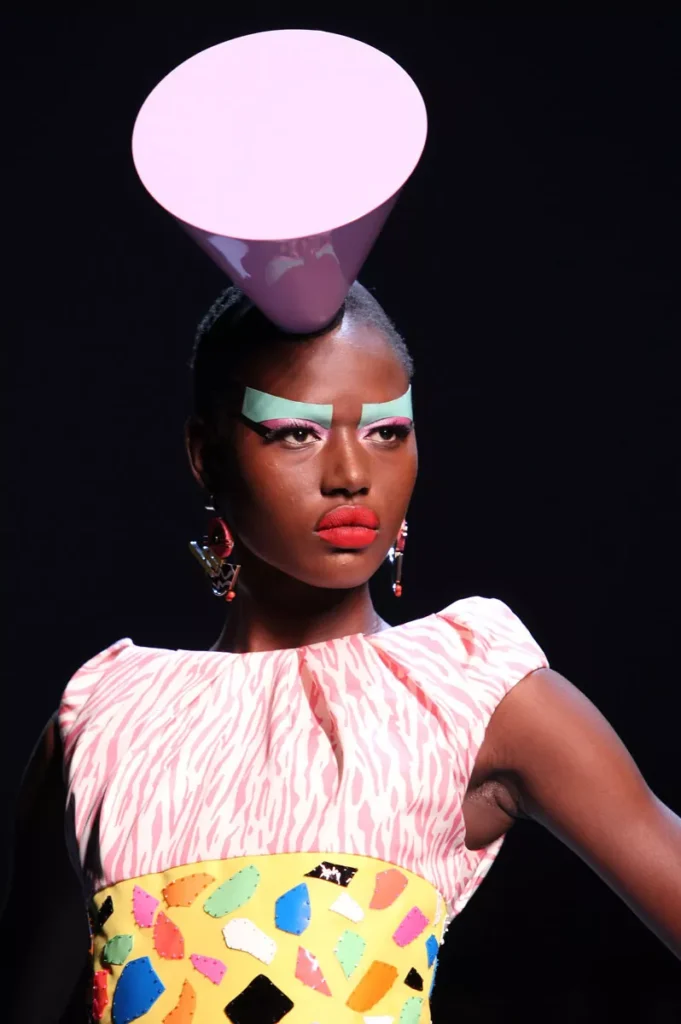
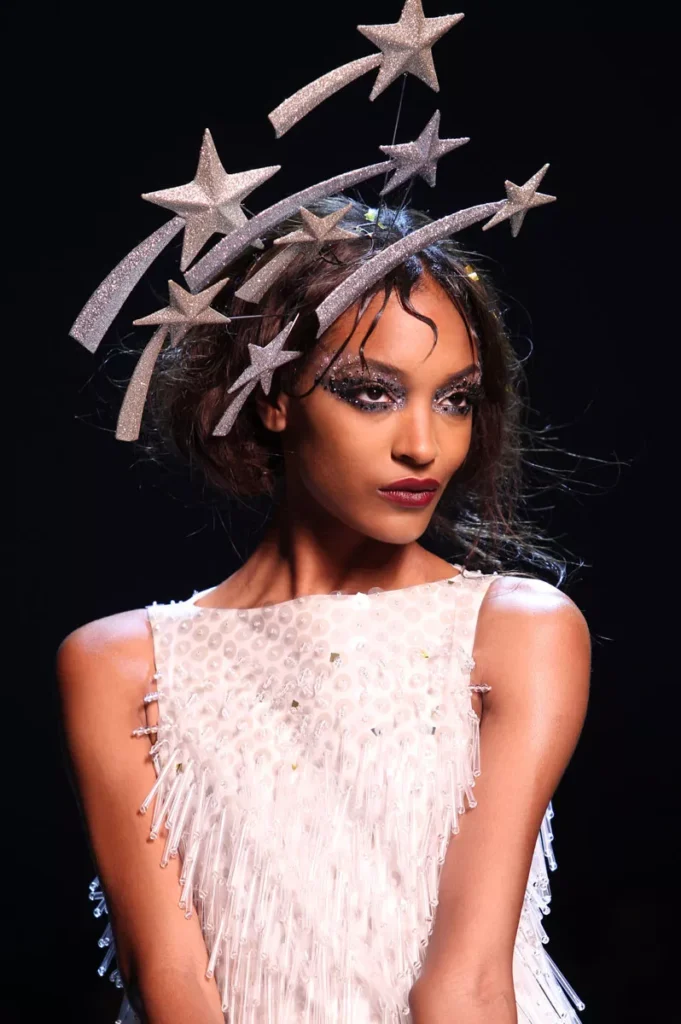
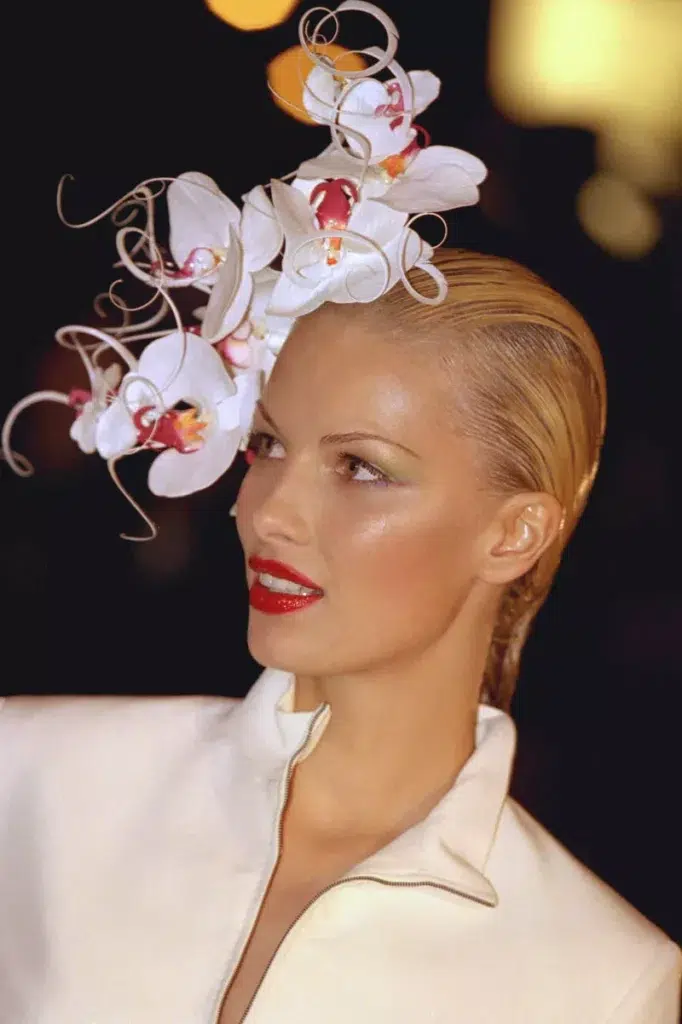
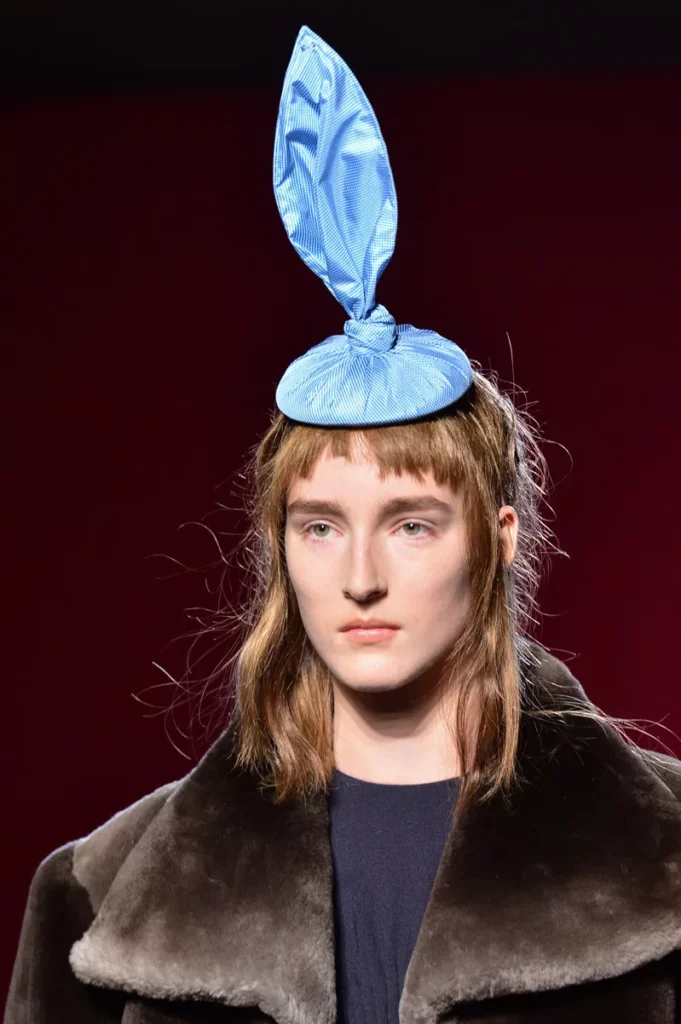
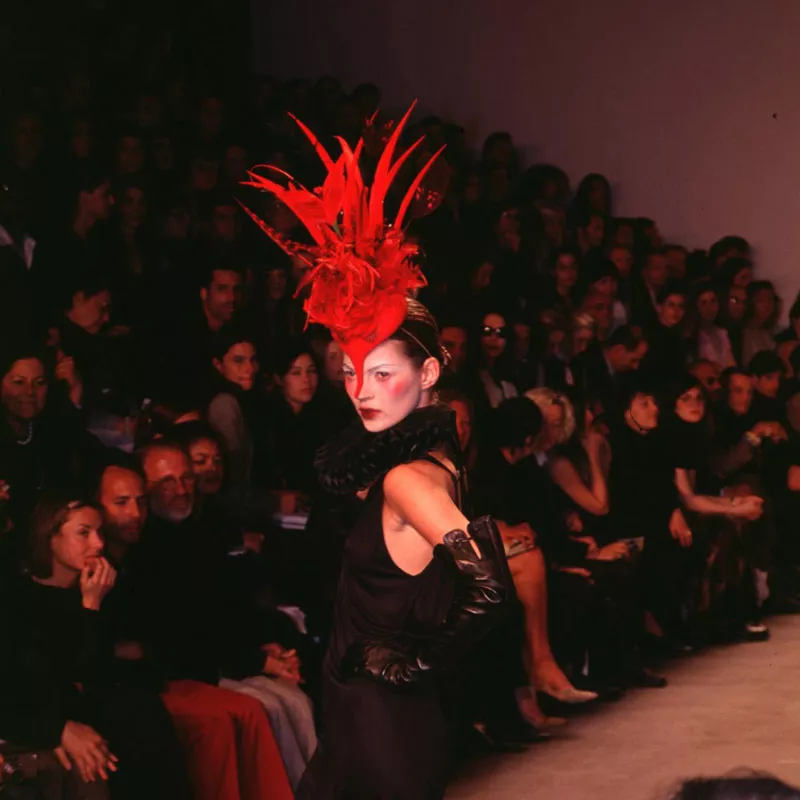
The Top hat
The top hat, also known as the stovepipe hat
Was popular during the Victorian era
Its influence continues to this day
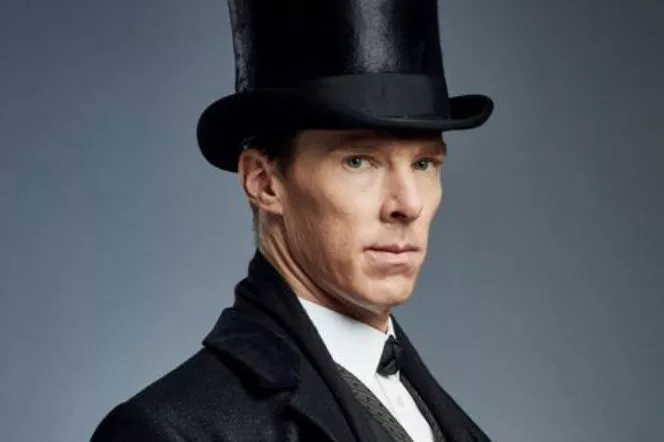
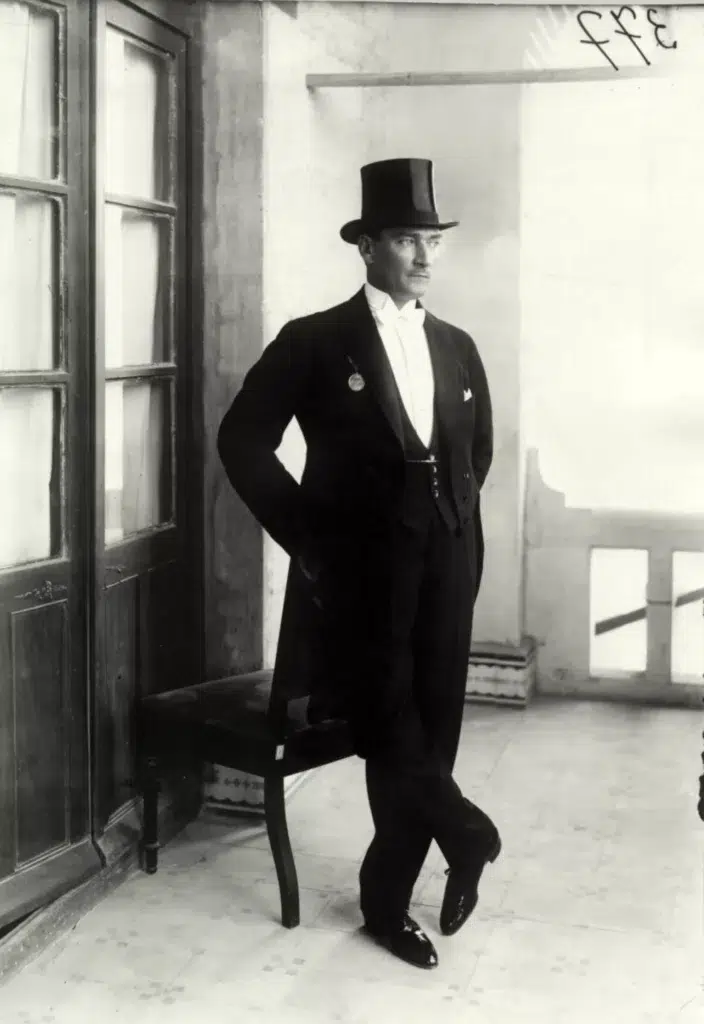
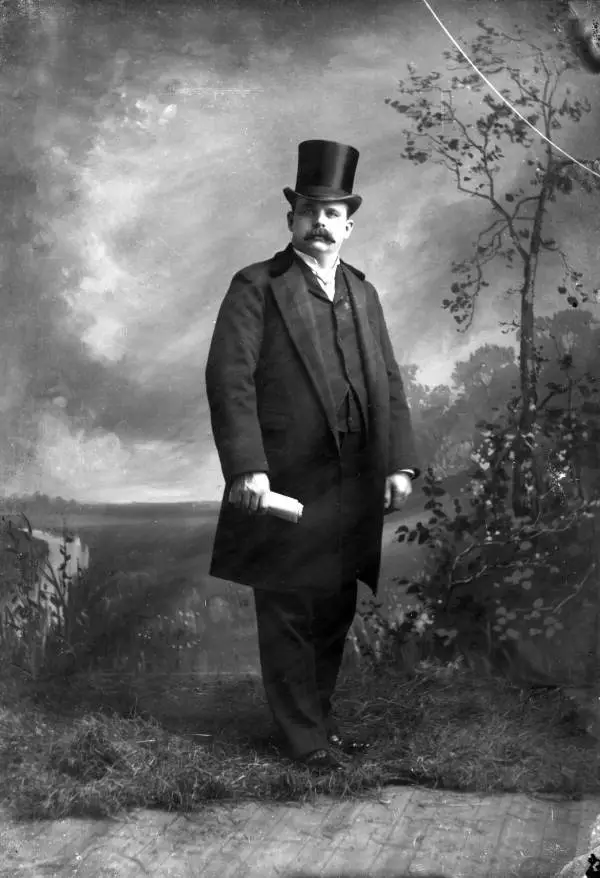
The top hat was frequently worn by men of the British upper class
Also used in
Politics and international diplomacy
The people of United States also likes this kind of hat
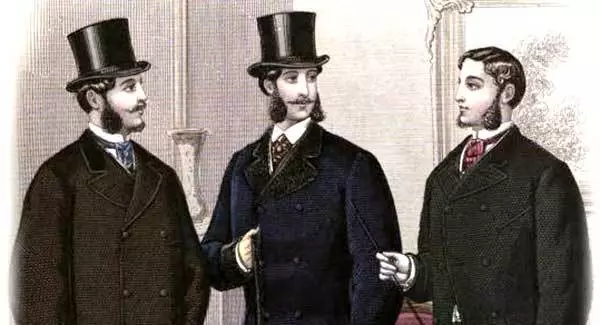
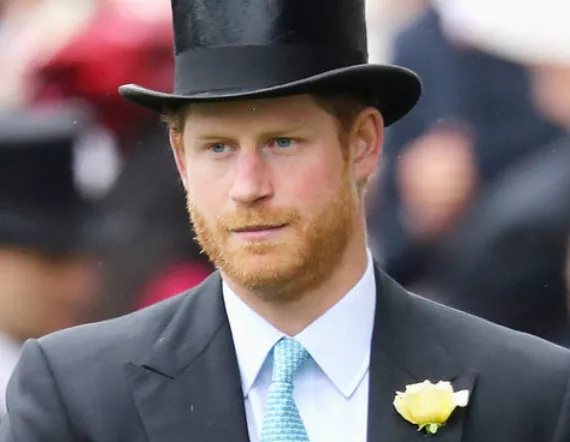
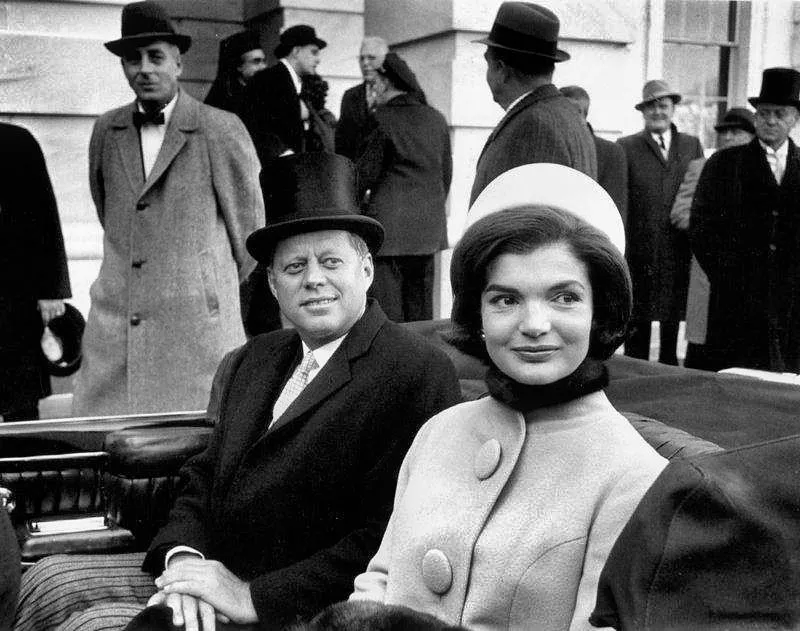
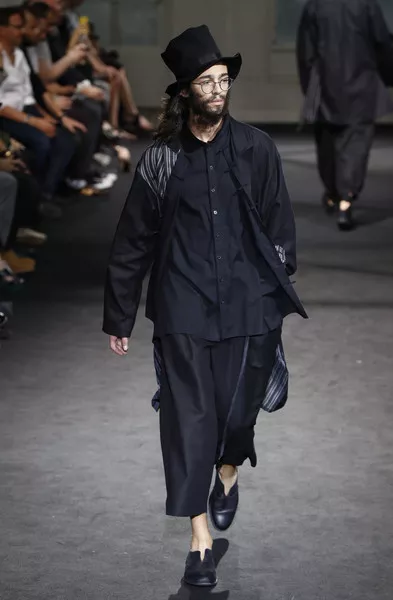
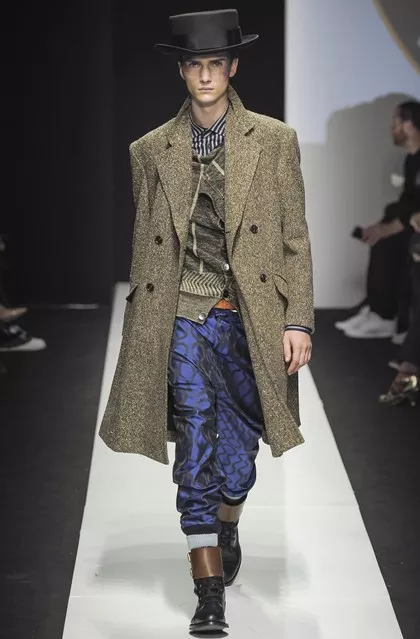
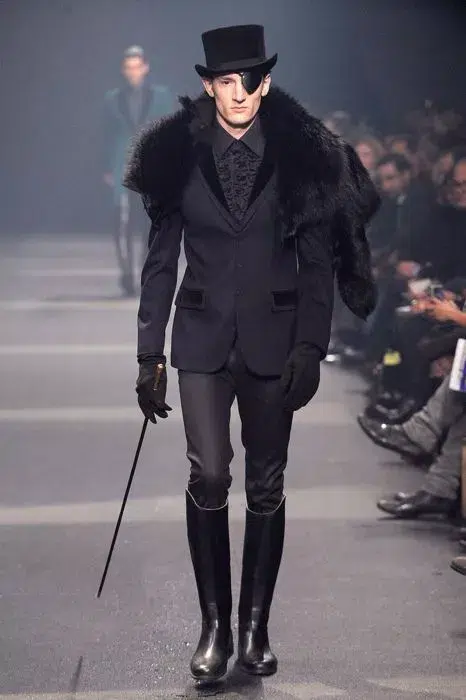
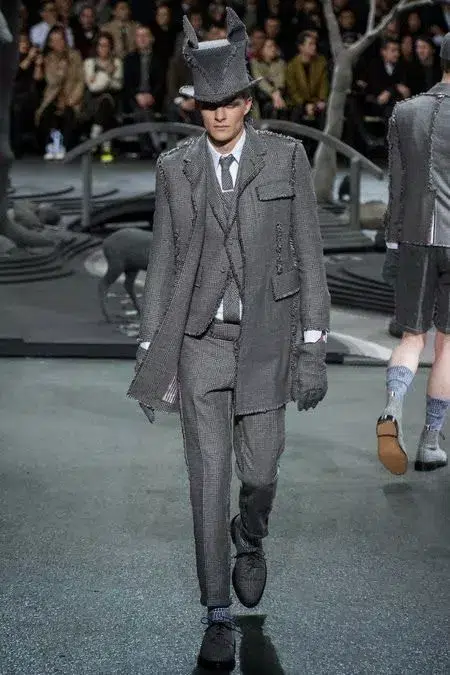
Ladies of the upper class also wore this hat,
Especially when hunting on horseback
Still keeping a stylish and dashing appearance
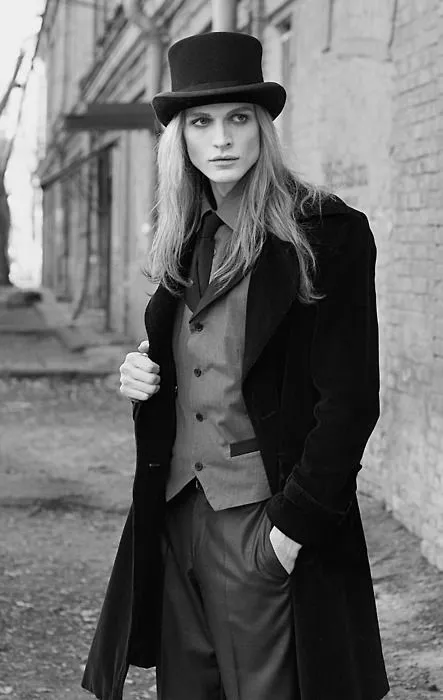
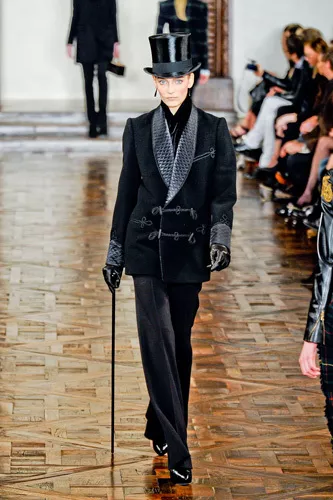
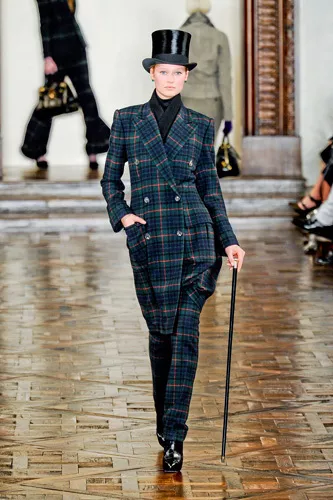
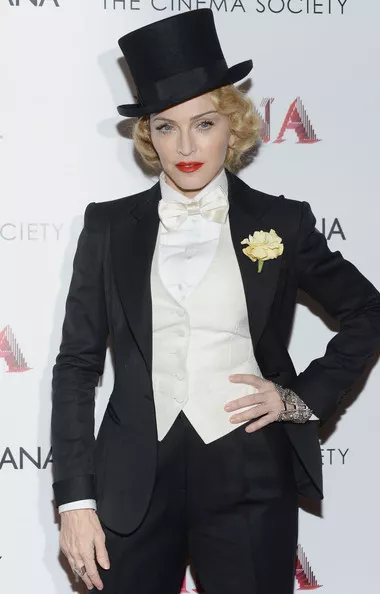
On the magic stage
Magicians often use the top hat
To pull out all sorts of things
Such as rabbits and pigeons
Not to mention in fashion shows and street shots
Major brands and fashion enthusiasts
The love for it can be described as crazy
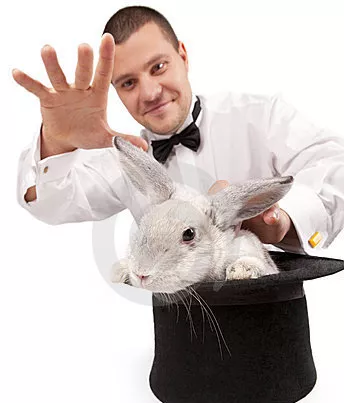
The deerstalker
Usually has 4 brims: front, back, left and right
The two sides of the hat can be tied together with a cloth or satin ribbon
It is commonly worn by deer hunters
In rural areas of England
Later, due to the fictional character Sherlock Holmes
Described as liking to wear this type of hat
It became a typical headgear for detectives
Often appears in comical paintings, plays, or movies
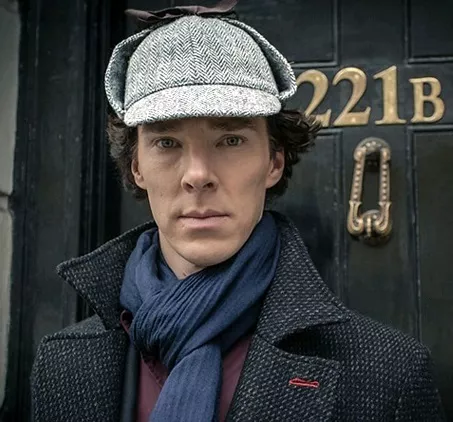
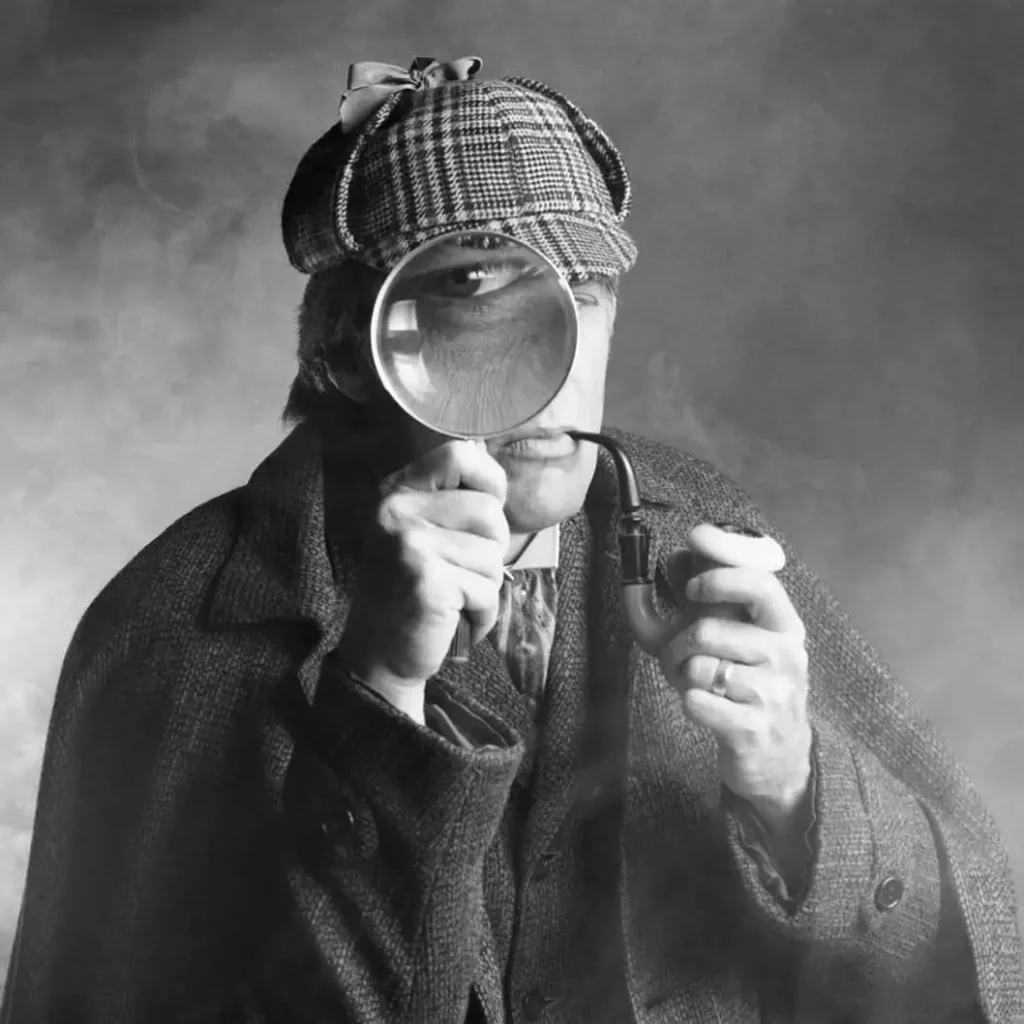
In the fashion circle
Many handsome, retro and serious styles
Would be incomplete without its presence
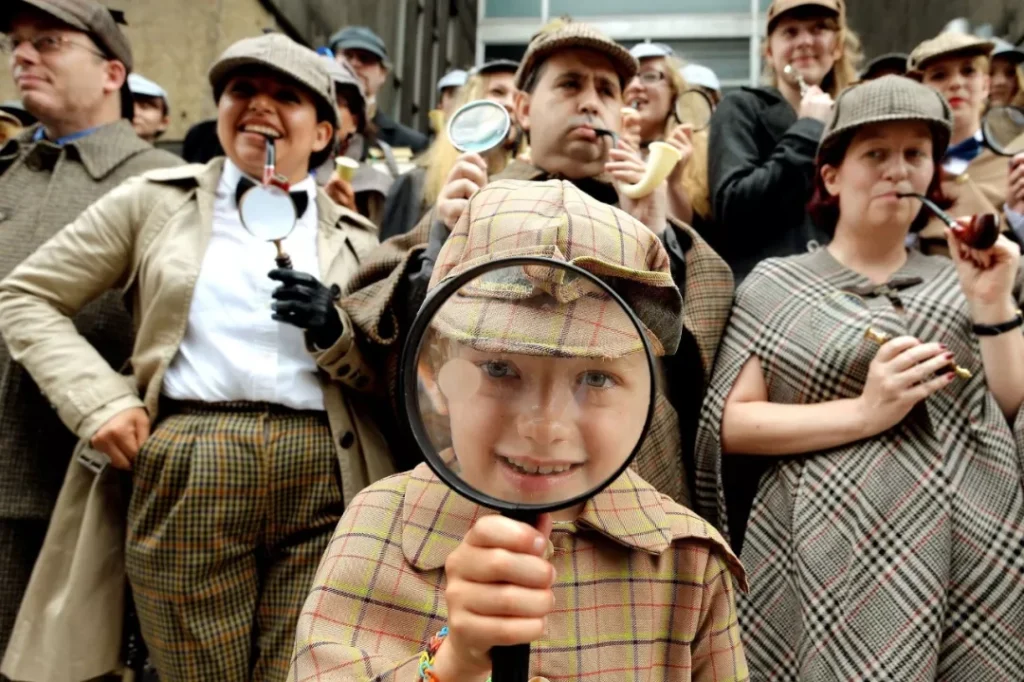
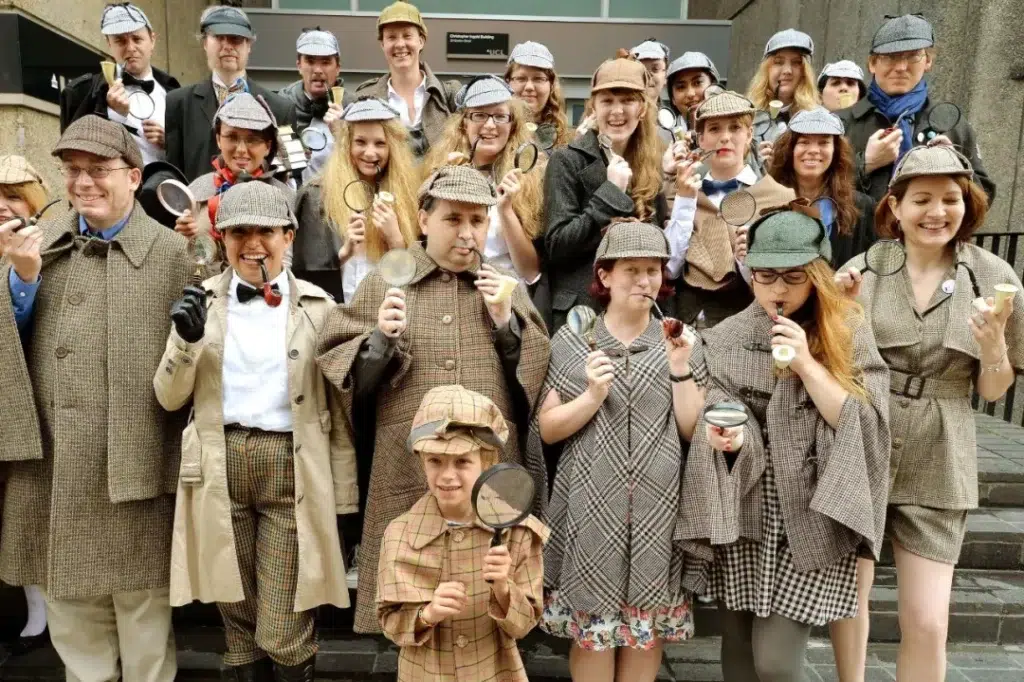
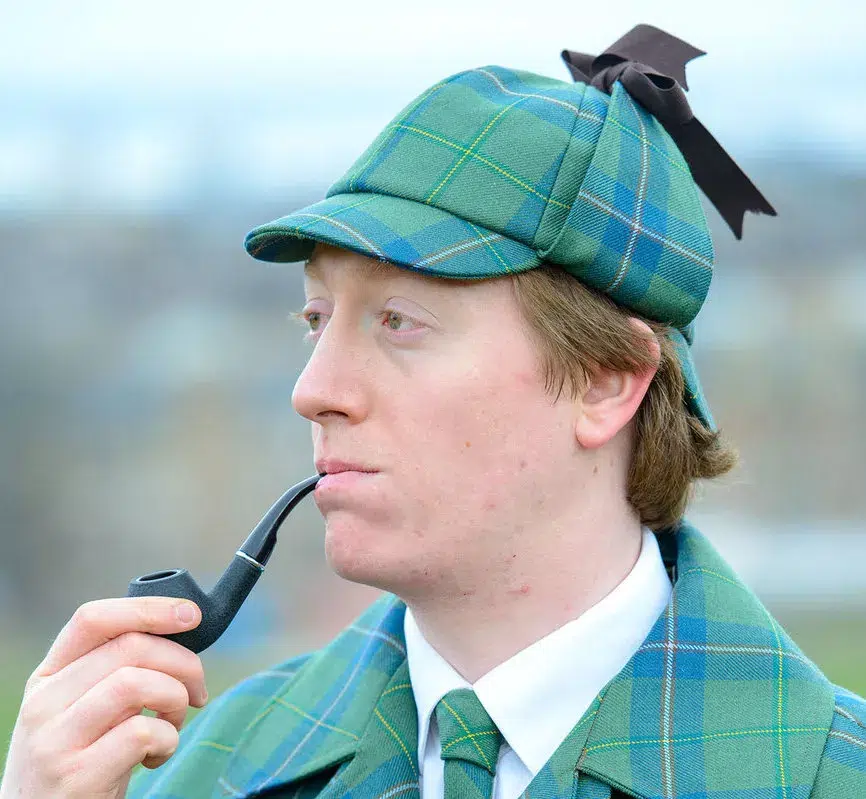
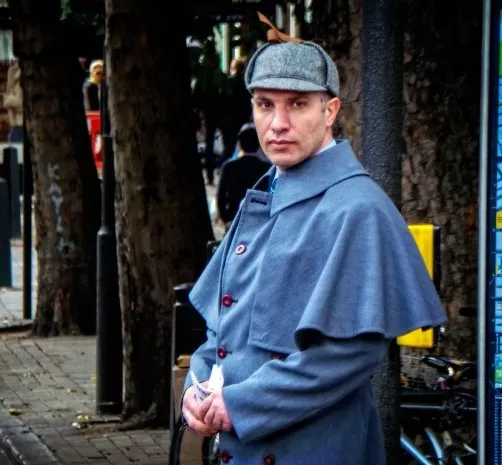
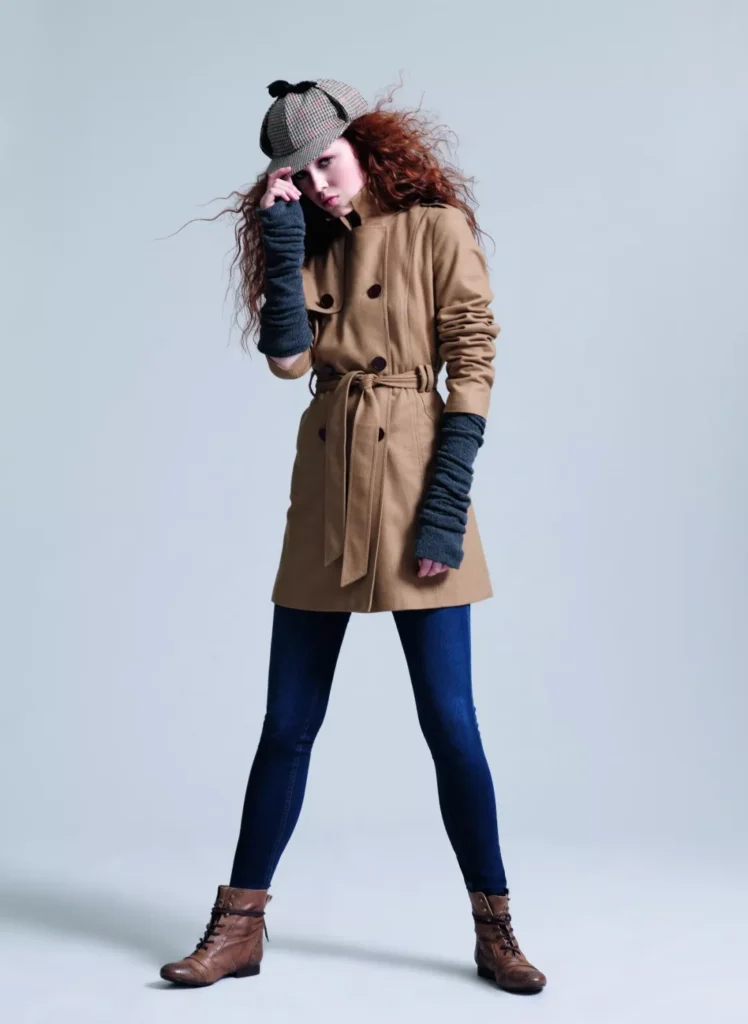
The Tam O’ Shanter – Scoland
It is a traditional hat often worn by Scottish men
The name comes from eponymous hero in robert burns’ poem
Tam o’shanter in 1790
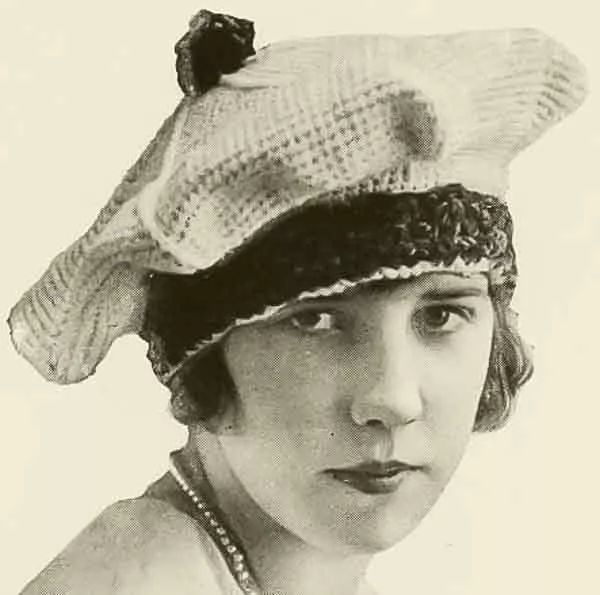
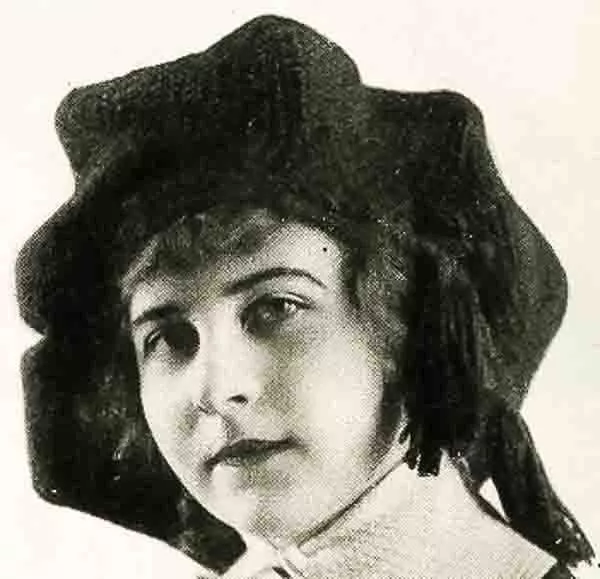
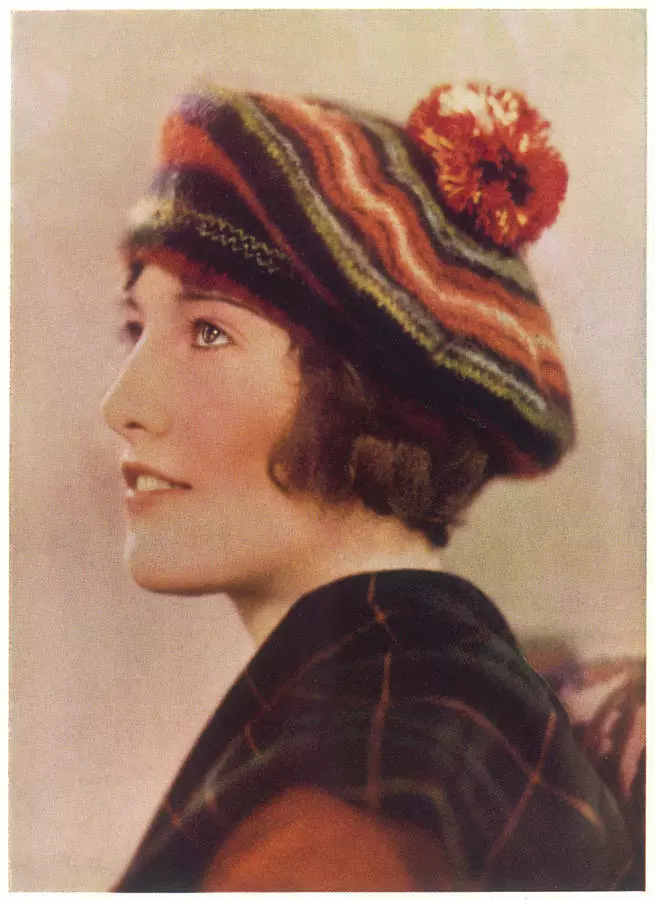
This hat is cute
There’s a pompom on top
Widely popular among Scottish men and women in the 16th century
After the outbreak of World War I
Scottish and Canadian armies gradually began to wear
Still in use today
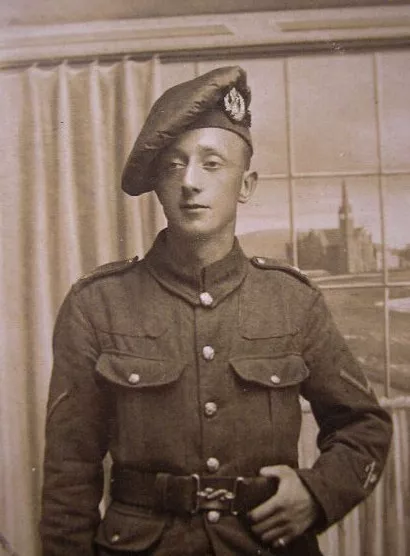
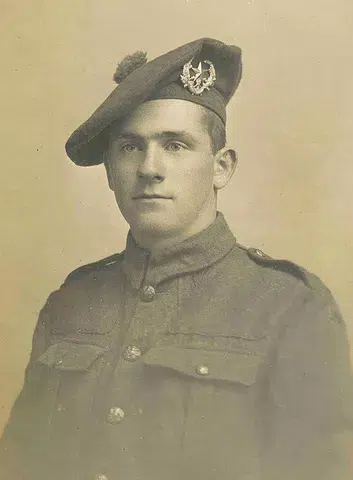
People have also added their own ideas
To the basic hat design
Creating unique versions of the tam o’shanter
To express their personal attitude and style
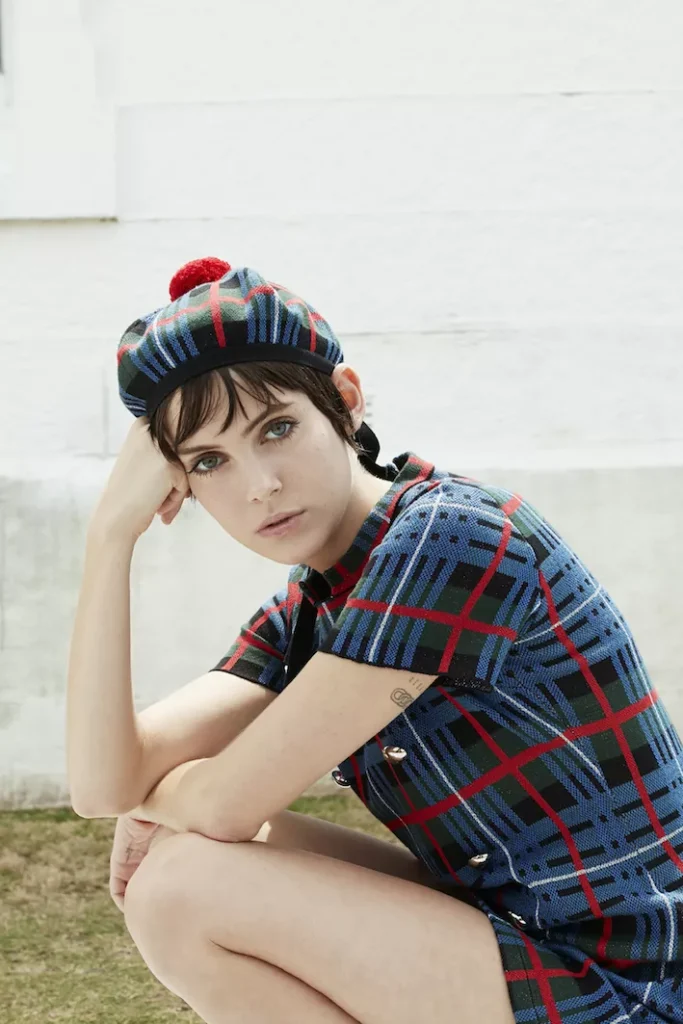
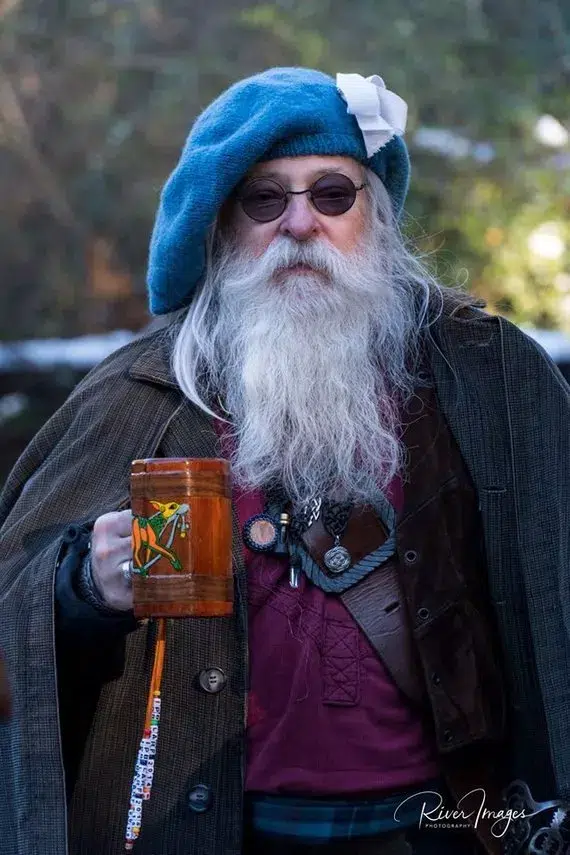

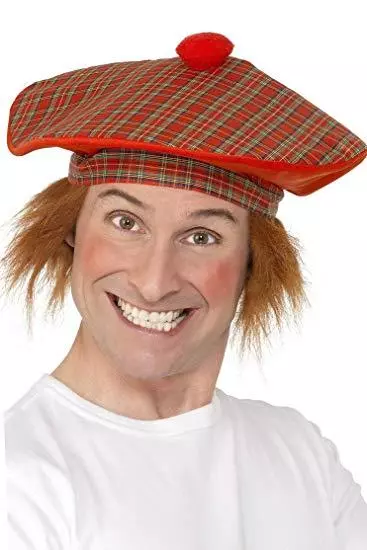
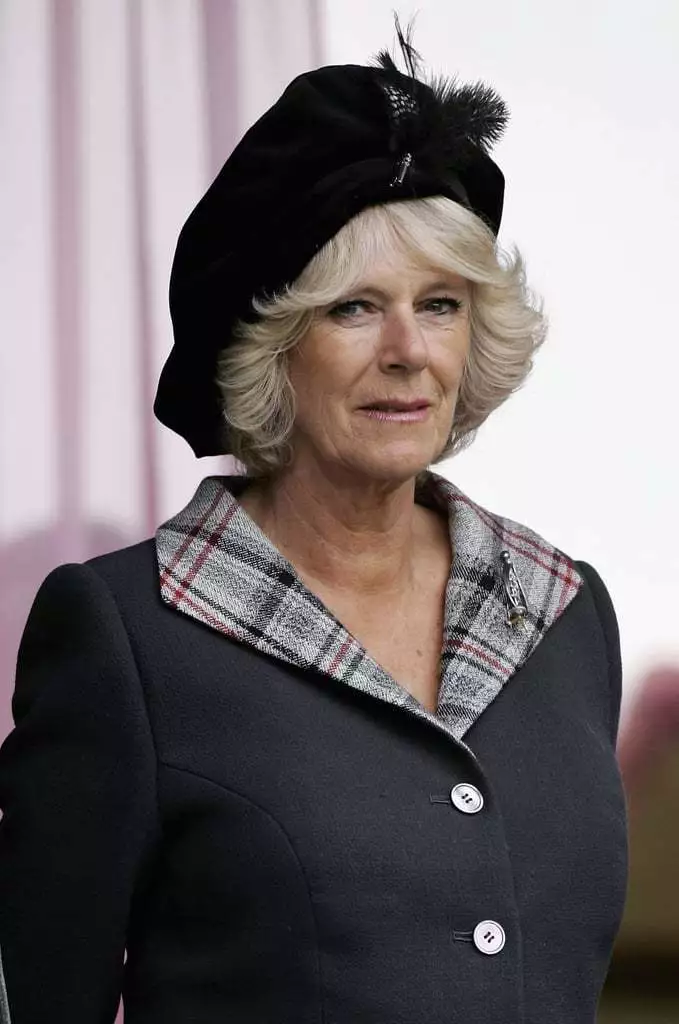
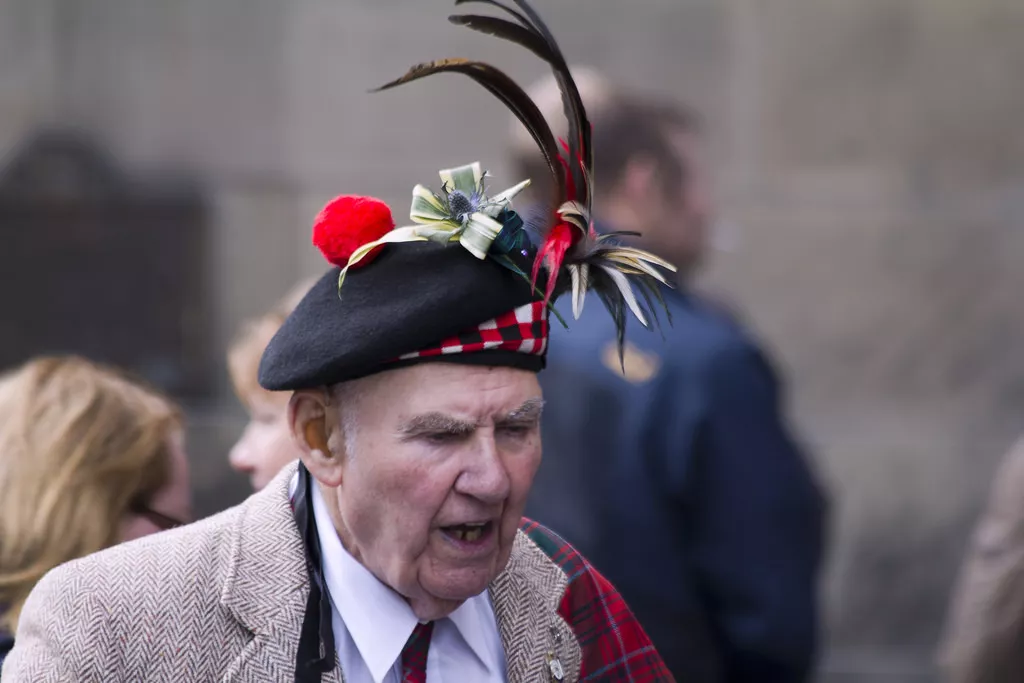
Iconic Traditional Hats In Ireland
The Newsboy Cap
From the late 19th to the early 20th century
Newsboy cap is very popular in Europe and North America
Favored by both men and boys
It is also very common for women to wear
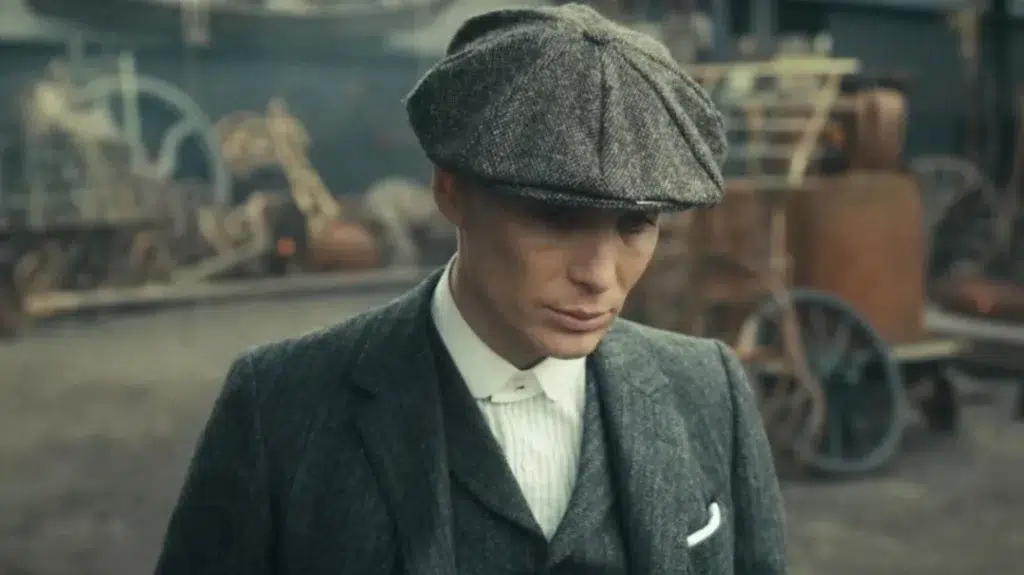
The newsboy cap is somewhat similar to the peaked cap
But the shape is rounder with a button on the top
Like the flat cap
It is also a frequent favorite in the fashion world
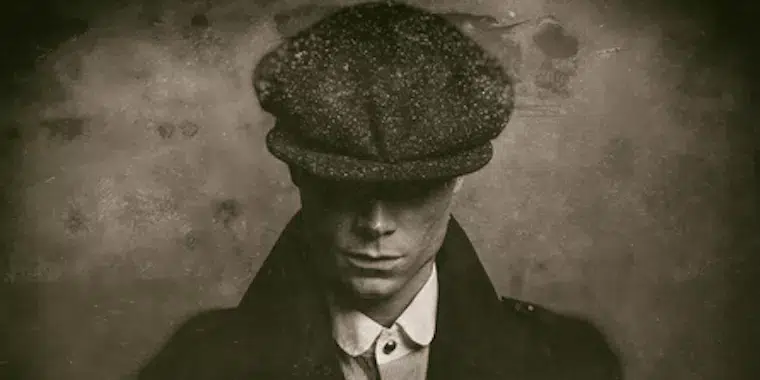
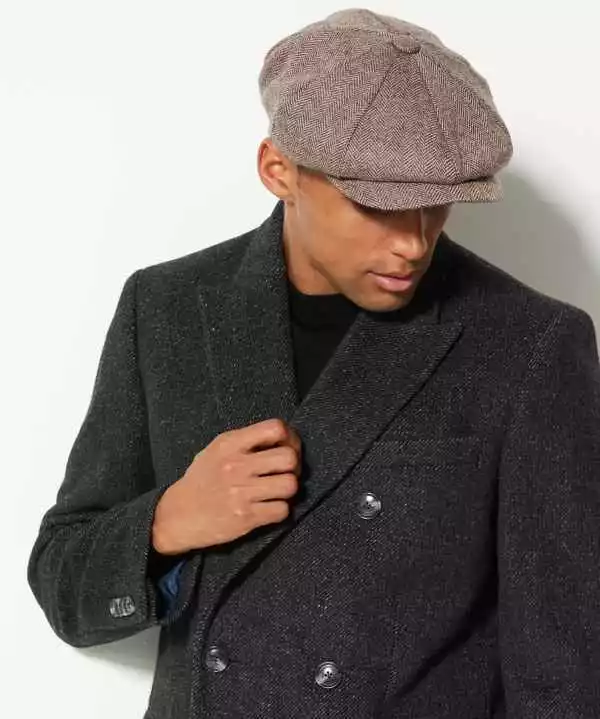
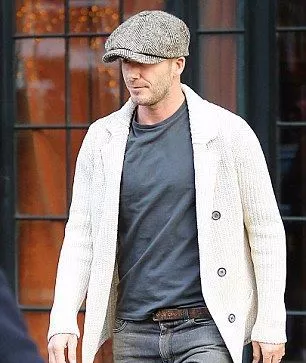
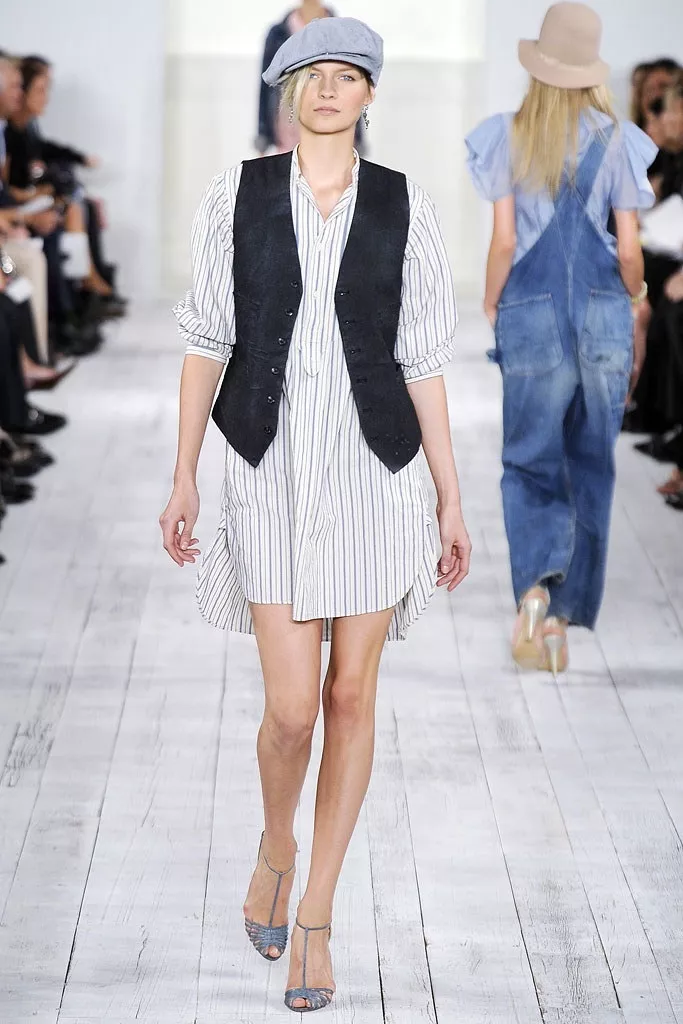
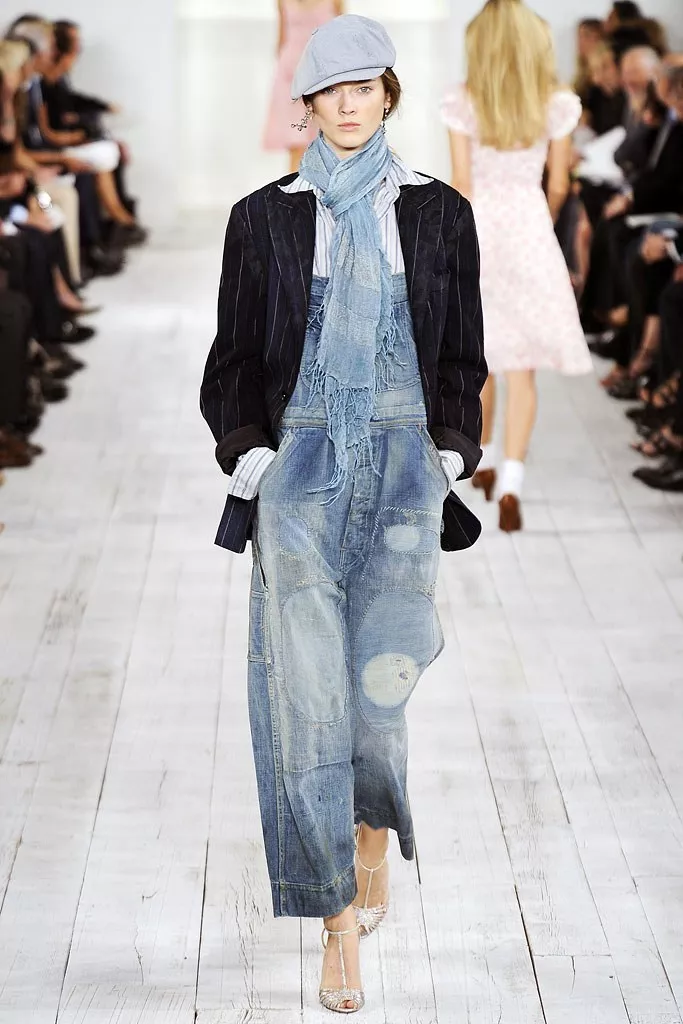
Unique Traditional Headwear In Italy
The Boater Hat
A style of hat for men
It was originally a special accessory for the boatman’s work uniform
It was introduced to the United States by early immigrants in the early 20th century
The classic and academic hat style became very popular
Becoming a must-have accessory for socializing among the elite aristocracy
When attending formal events in the summer
Men often wore it
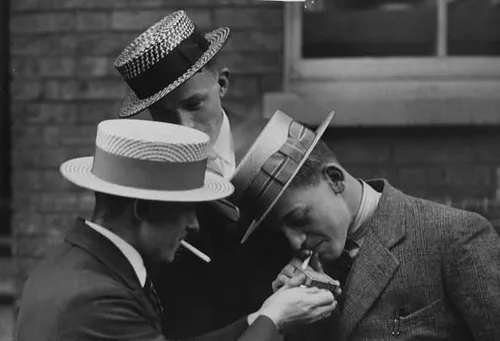

Almost at the same time
This hat style also became popular among ladies and children
Women’s hats have wider brims and darker hatbands
It was often decorated with flowers
The materials used were also diverse
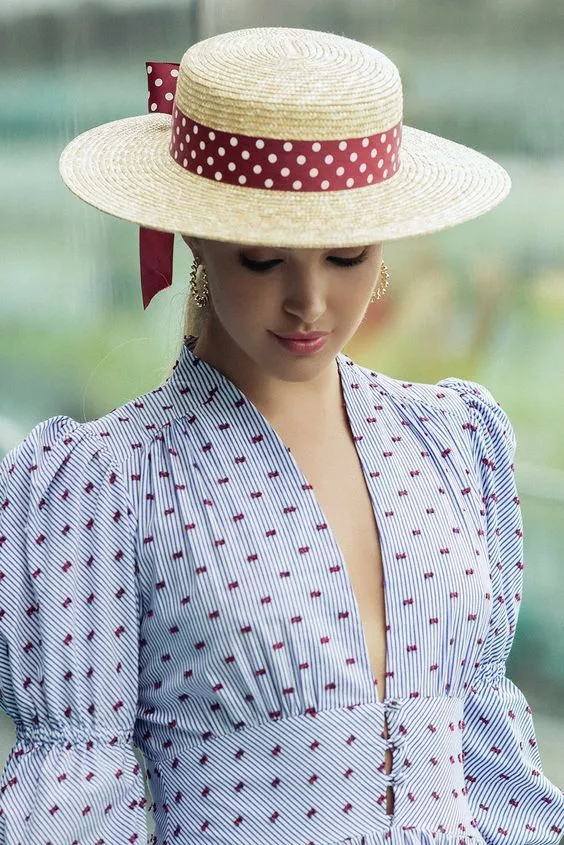
Although the Boater Hat has a tough style
But through the decoration of color and hatband decorations
It can also create a soft effect
Both the Queen and her granddaughter Princess Beatrice
Were fond of this hat style
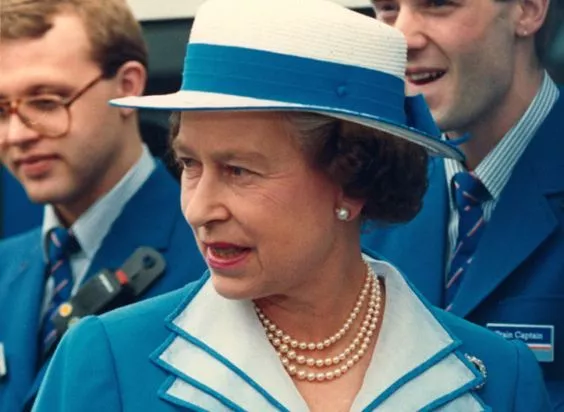
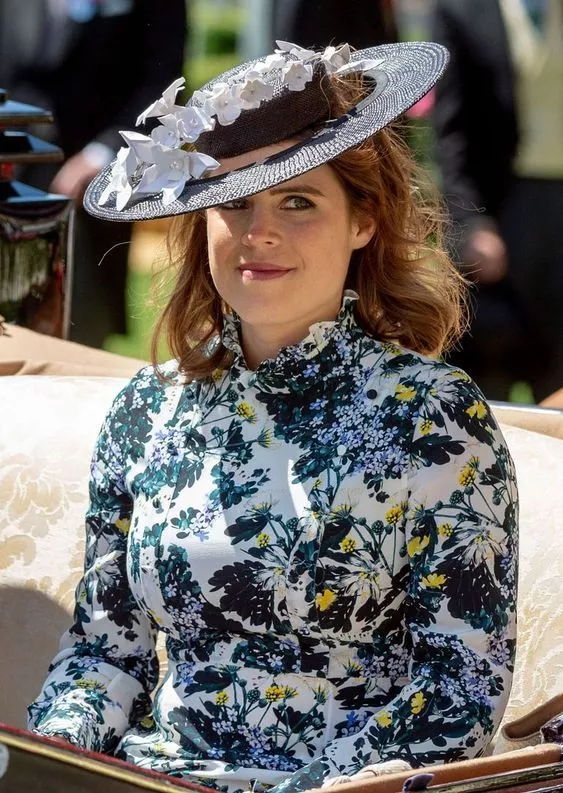
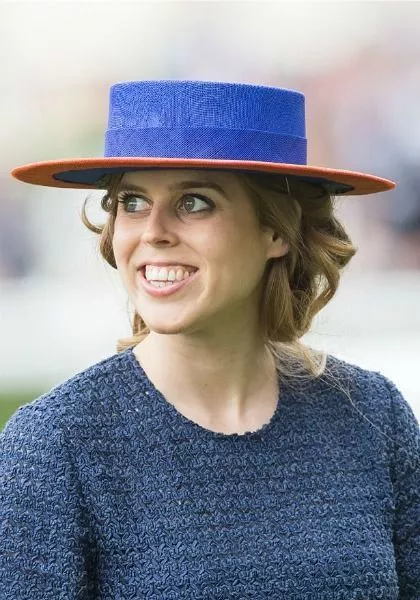
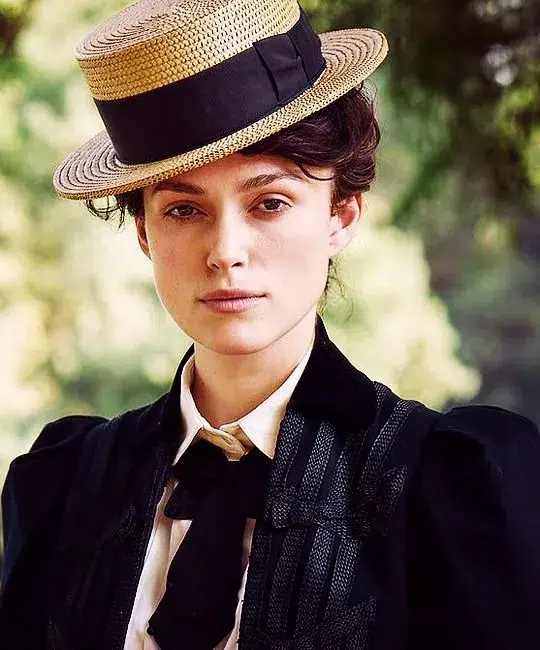
All along
The popularity of flat caps has never faded
Let’s see how it performs on the show
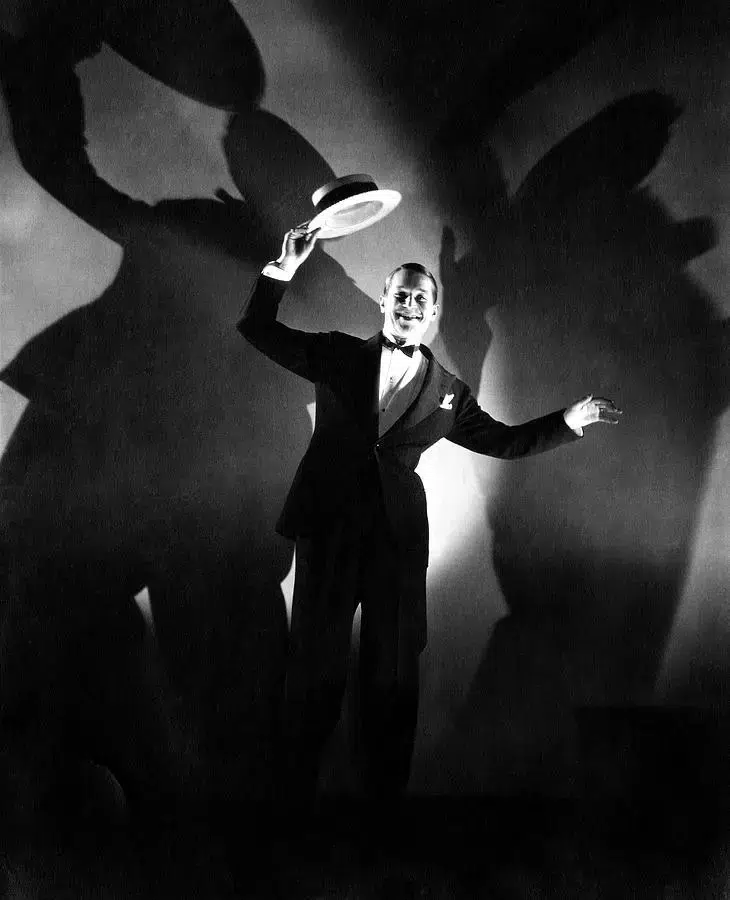
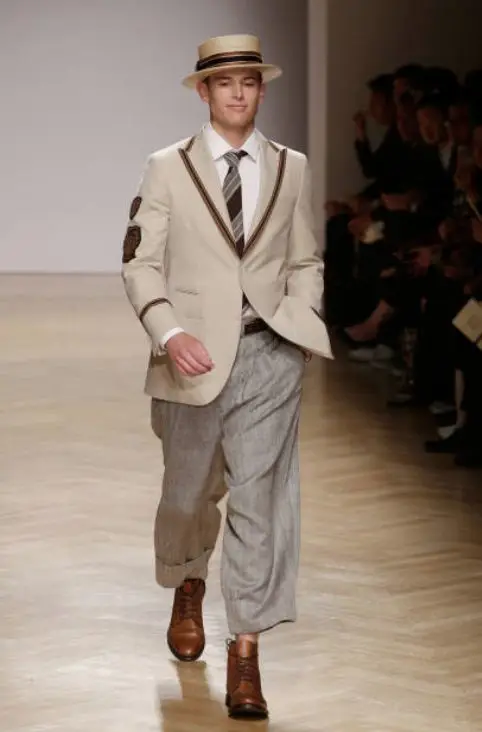
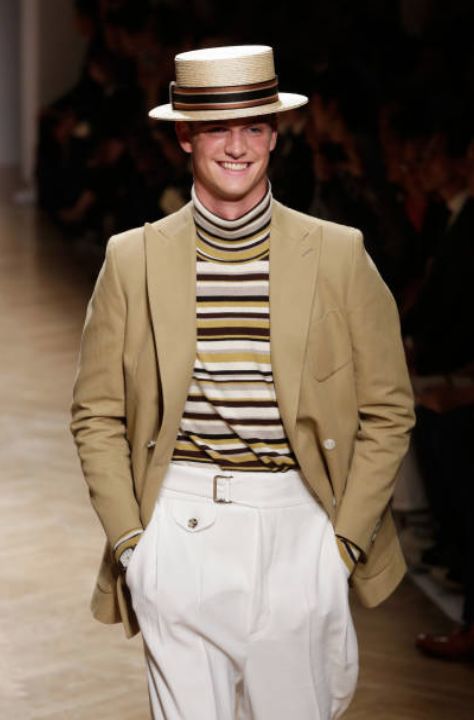
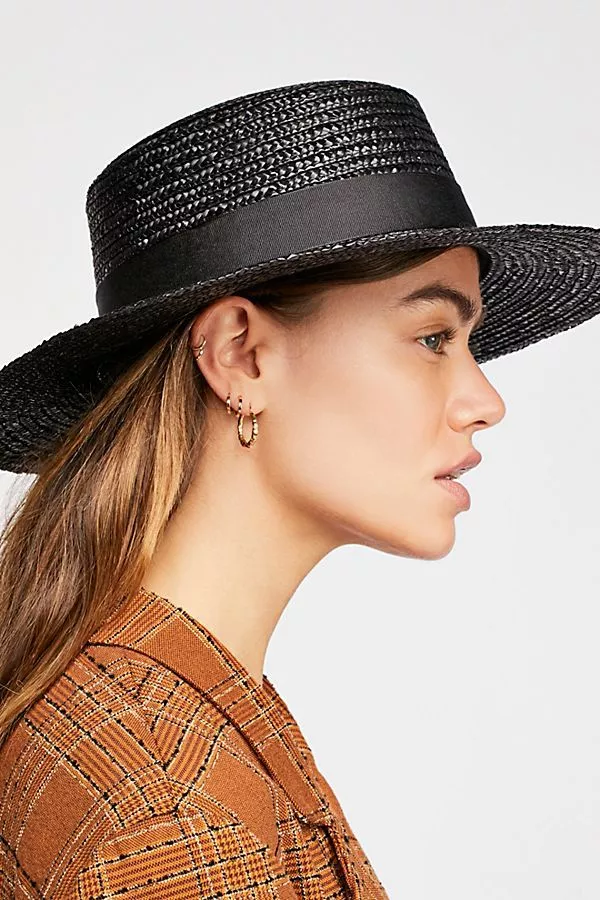
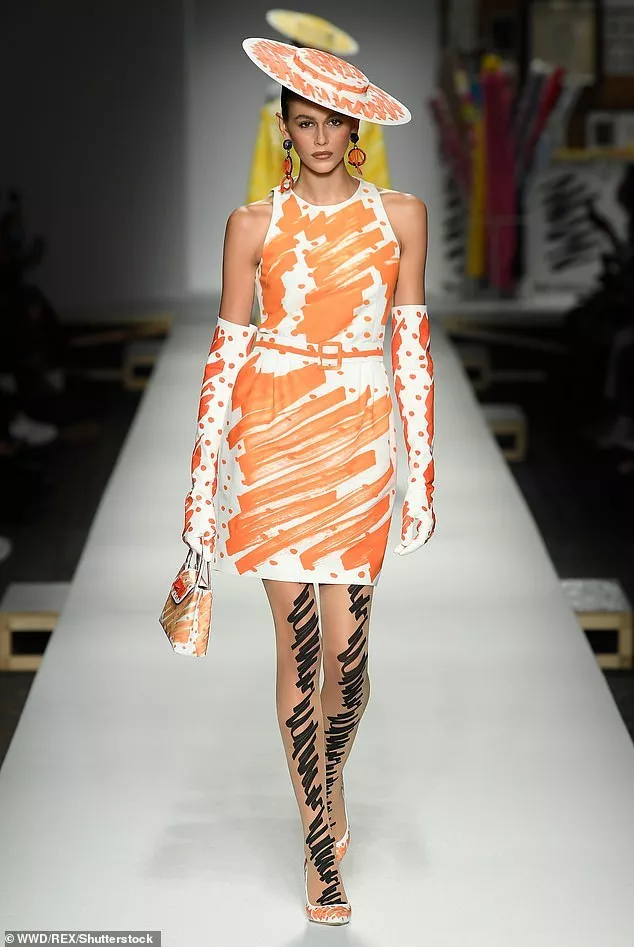
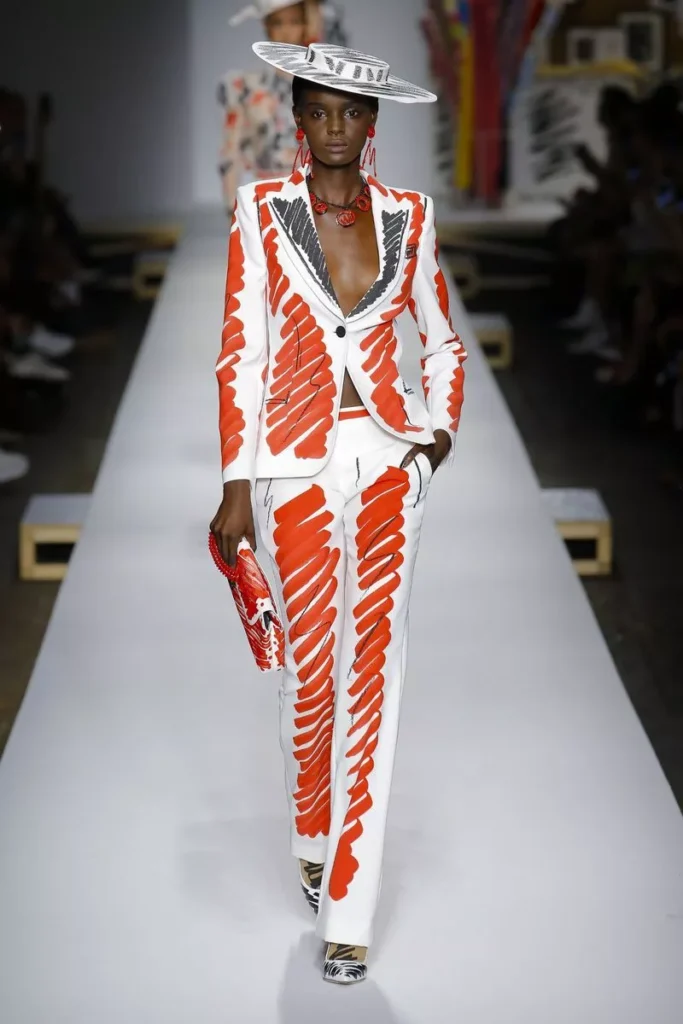
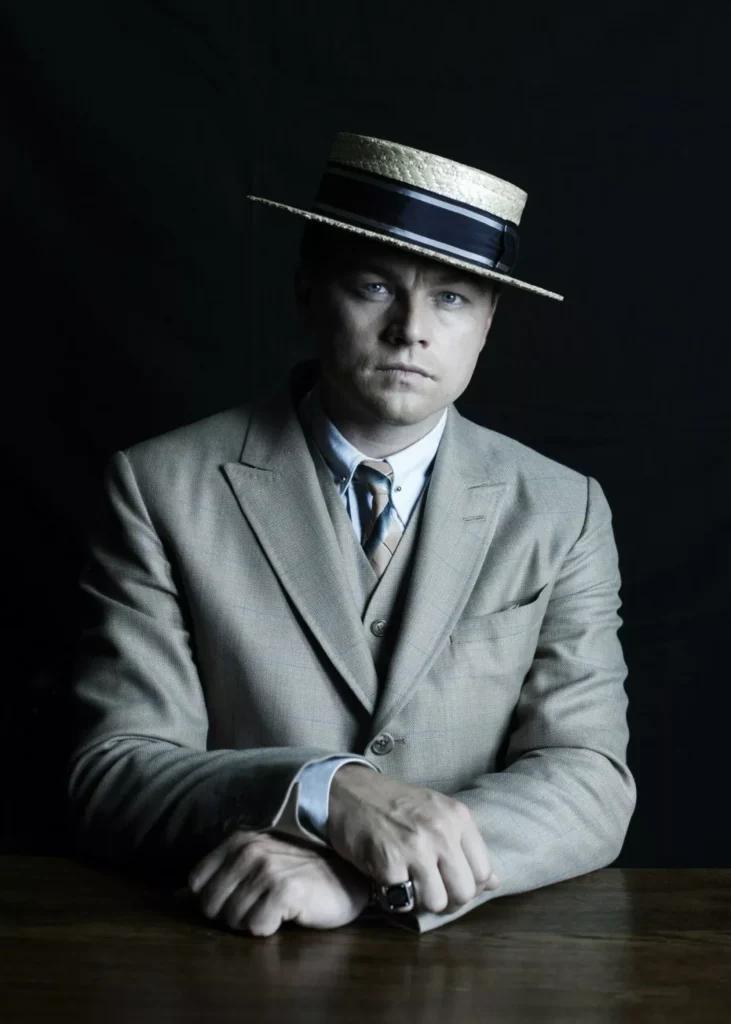
Unique Traditional Headwear In Austria
The Tyrolean Hat
Originated from the men’s hats of Tyrol
A region in the southwestern part of Austria
It is a lightweight and soft felt hat
Usually adorned with a colorful ribbon
With the back brim turned upward
And decorated with feathers
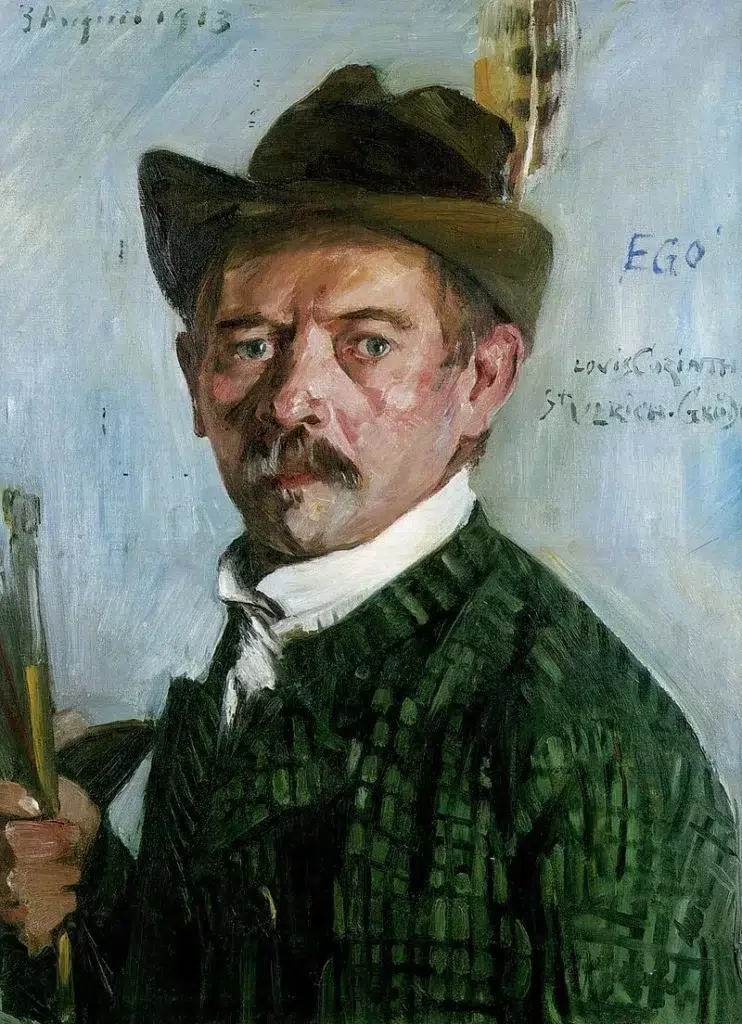
This hat
Very suitable for mountaineering or casual wear
Very popular in Austria, Germany, Italy and Switzerland
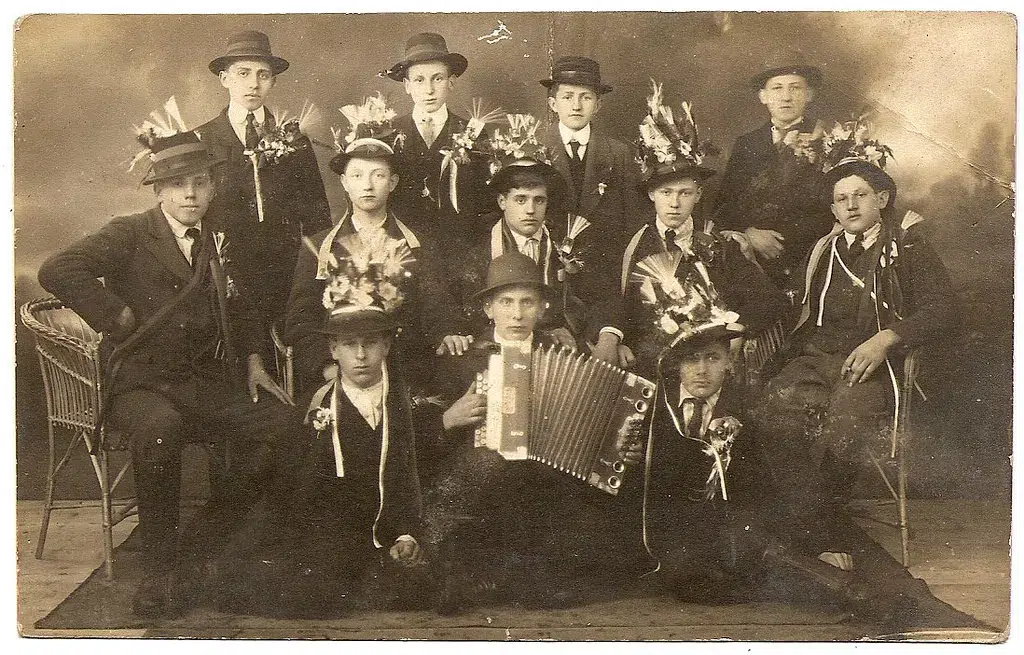

The hat has become the image carrier of “Tyrolean culture”
It is a symbol of local tourism
Musician Billy Mo
In 1962, he wrote a song titled
“I prefer to buy a Tyrolean hat”
In the fashion field
It is also very popular

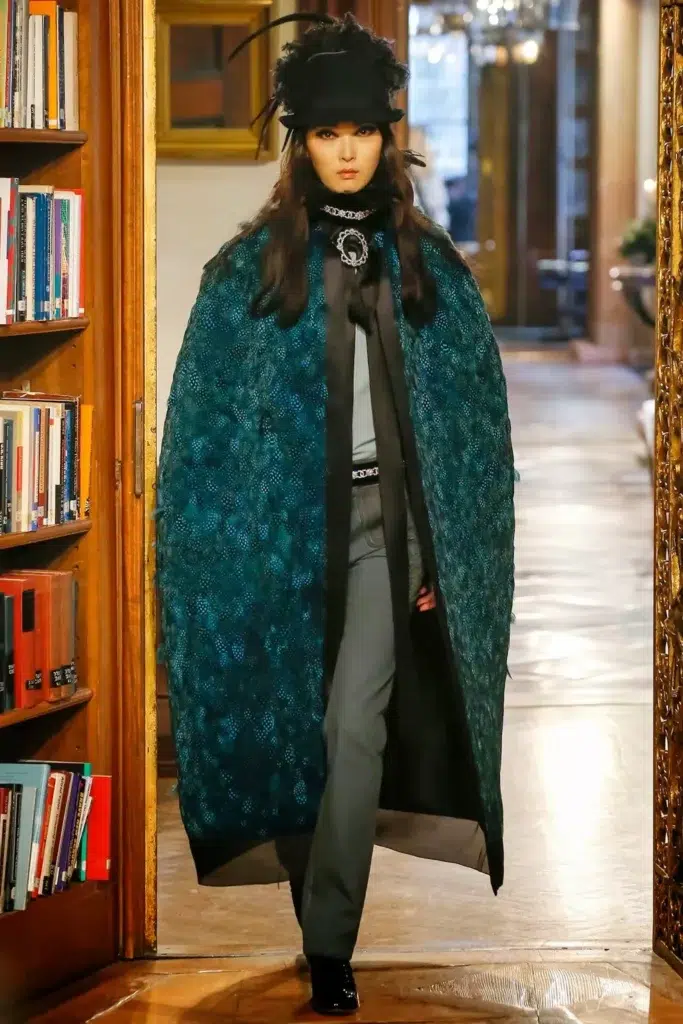
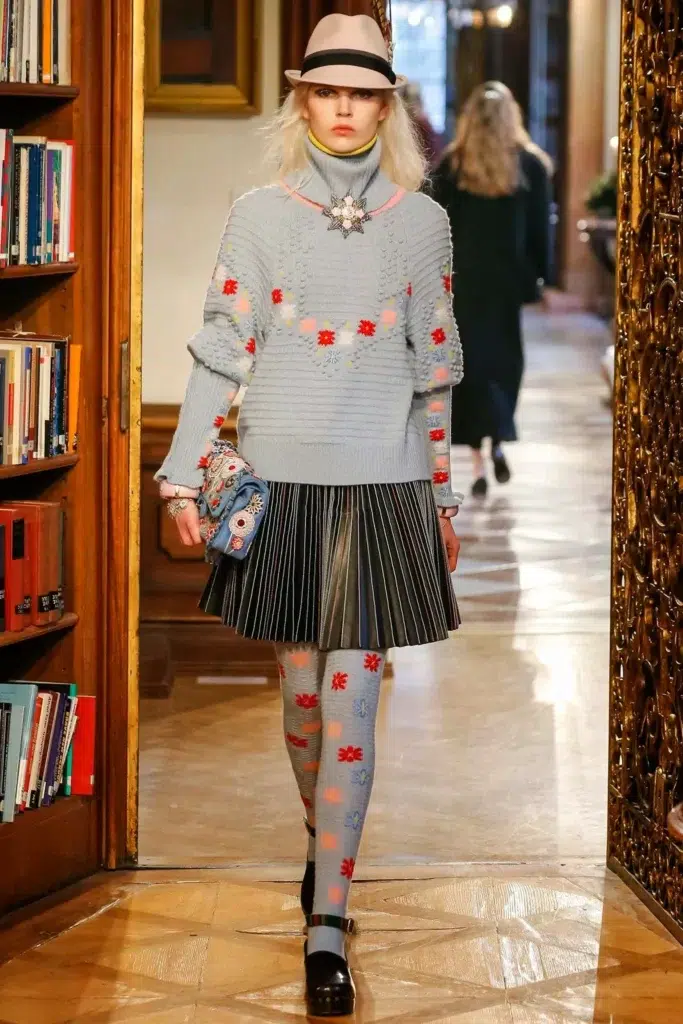
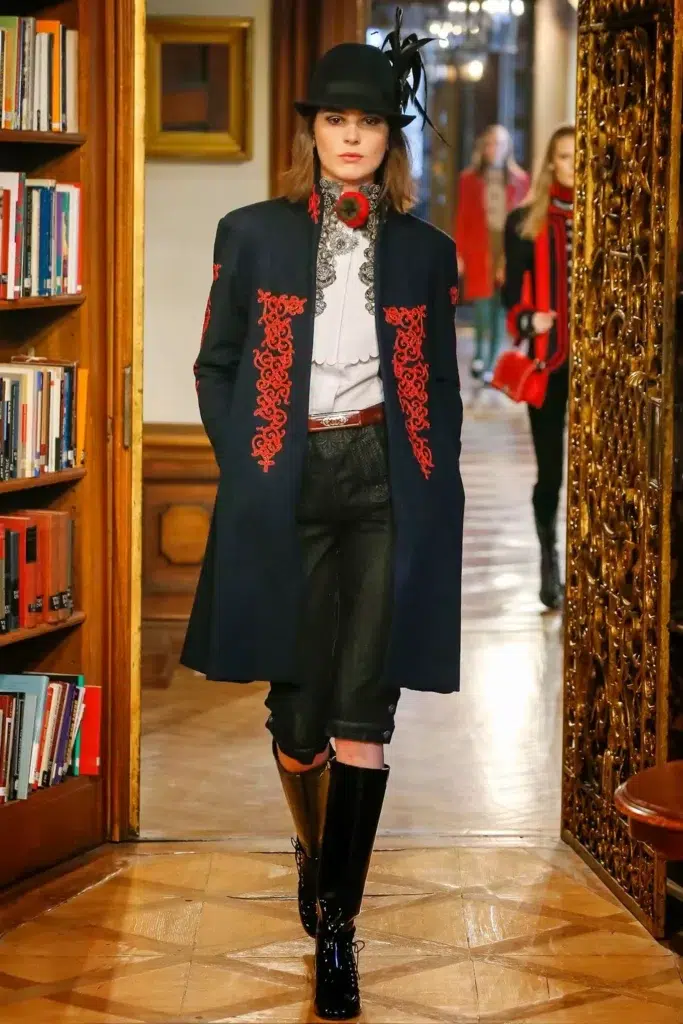
Unique Traditional Headwear In Greece
The sailor hat
Originated in Greece
Evolved from the work hat of merchant sailors
Has a strong ocean scent
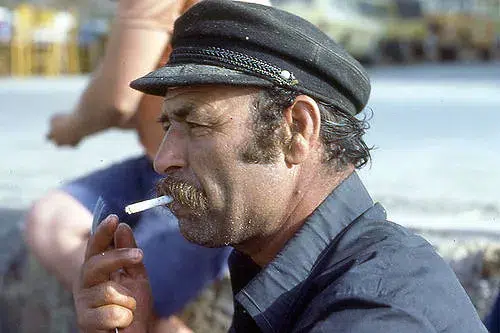
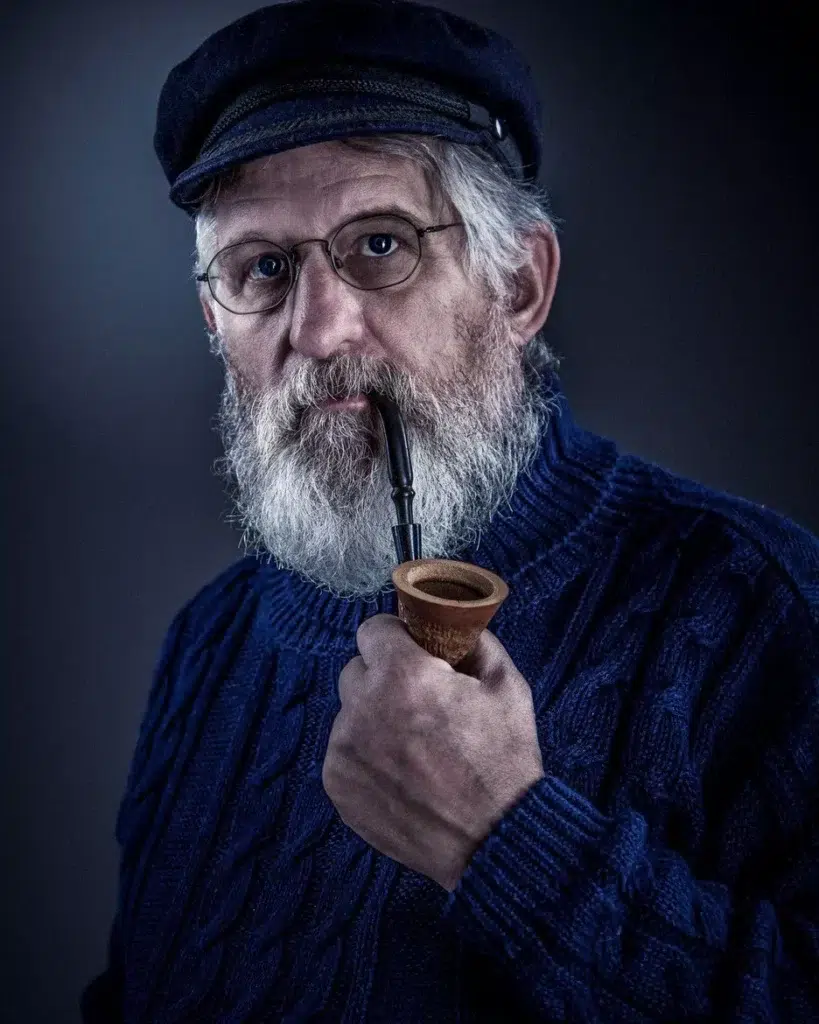
In the 1950s,
the sailor hat was very popular among rock singers
and the Greaser subculture
Marlon Brando also wore this hat in the film The Wild One

later
Some university students from Germany, Sweden and Denmark
Also started wearing this hat
Fashion insiders also adopted it
Paired with military style and tough clothing
Very elegant and graceful
Now it has become a
Very hot fashion item
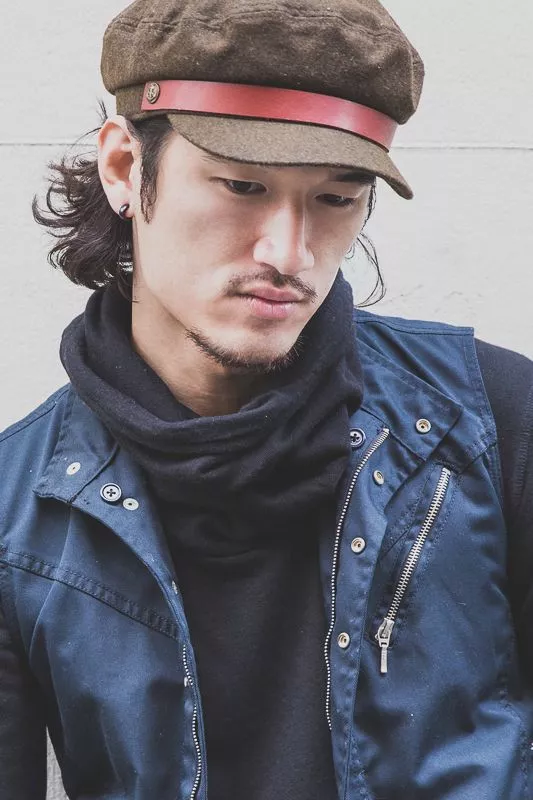
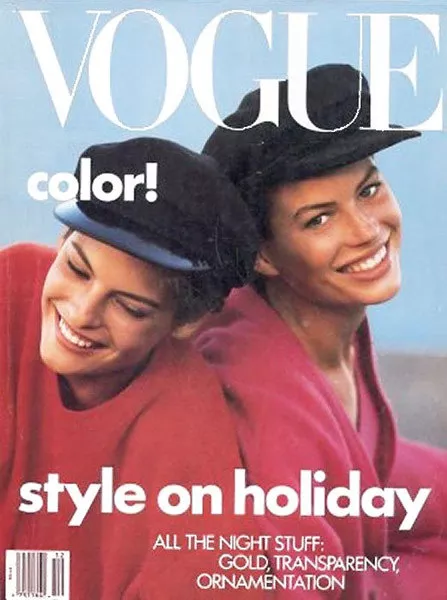


Unique Traditional Headwear In Poland
The Warrior Hat
The warrior hat comes from Poland
It is a hat that men are required to wear
When performing the traditional Polish warrior dance
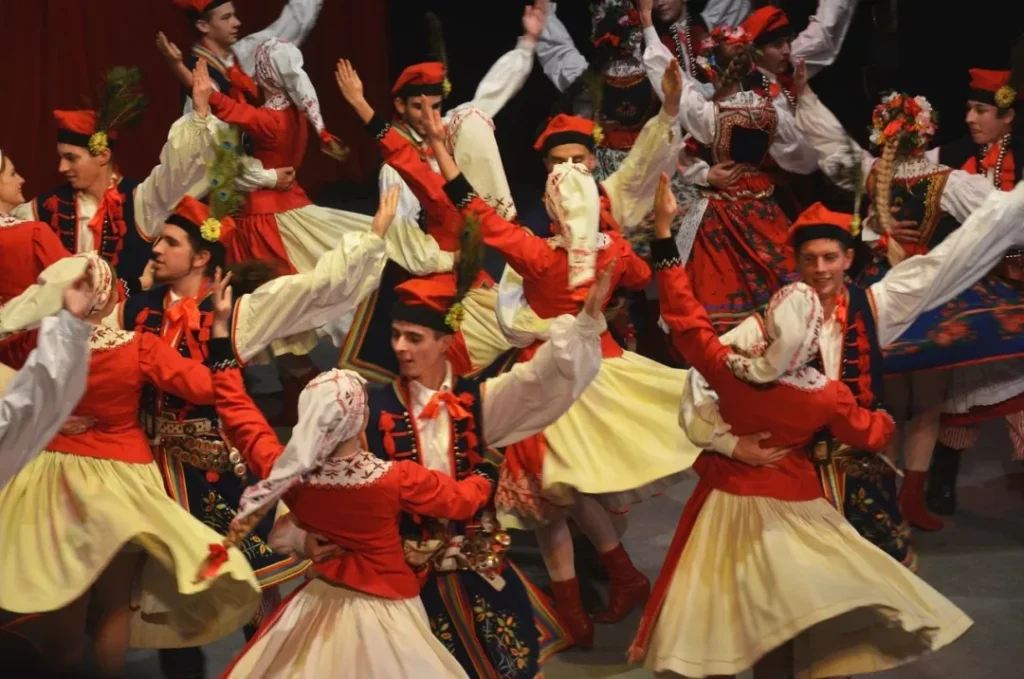
The Warrior Dance is very brisk
It is composed of many male and female pairs
A male dancer sings and leads
Dancing with a hat on
The scene is lively, relaxed and natural
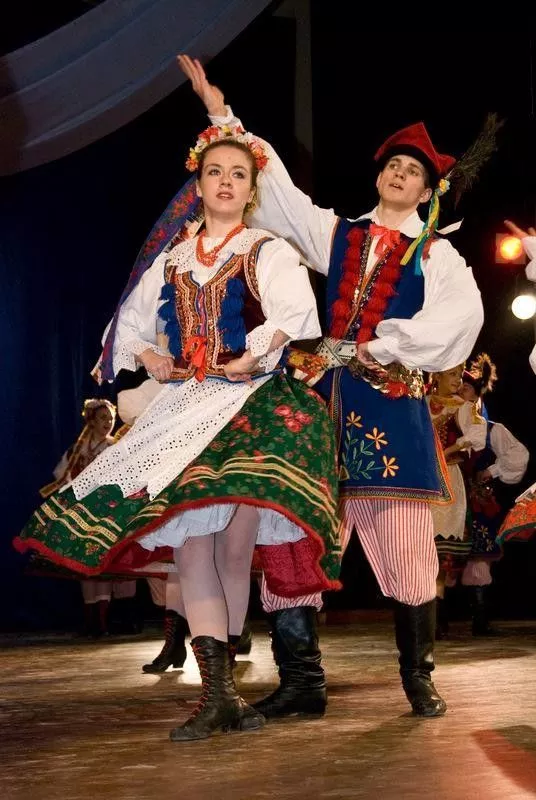
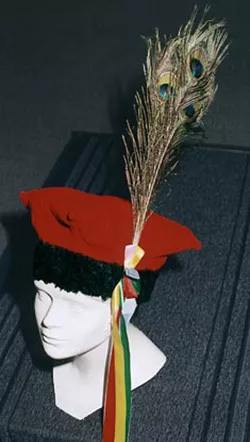
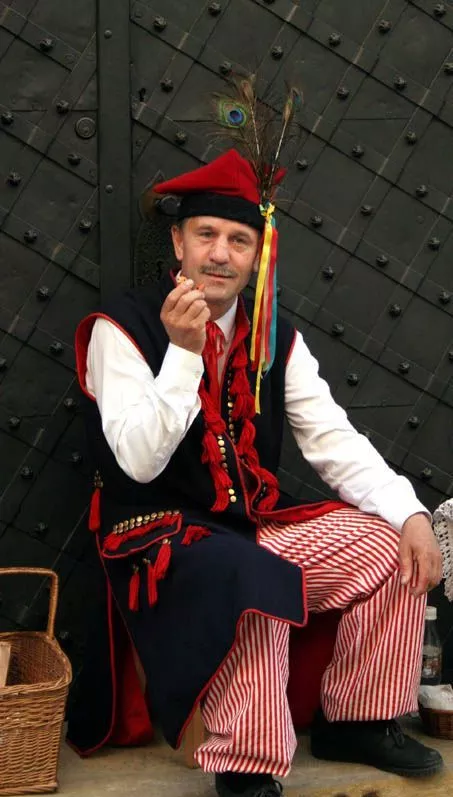
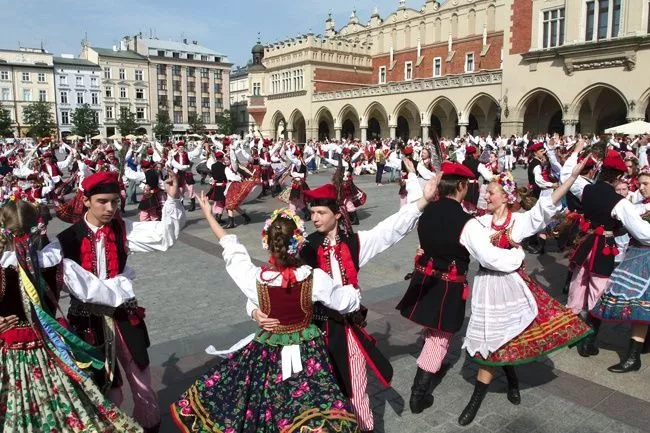
Unique Traditional Hat In Serbia
The šajkača Hat
The šajkača is the national hat of Serbia
Named after the Serbian River Army
It is an important part of the Serbian military uniform
Symbol of nationalism
Usually black, gray, or green
Nowadays, it is mainly worn by the elderly in rural areas
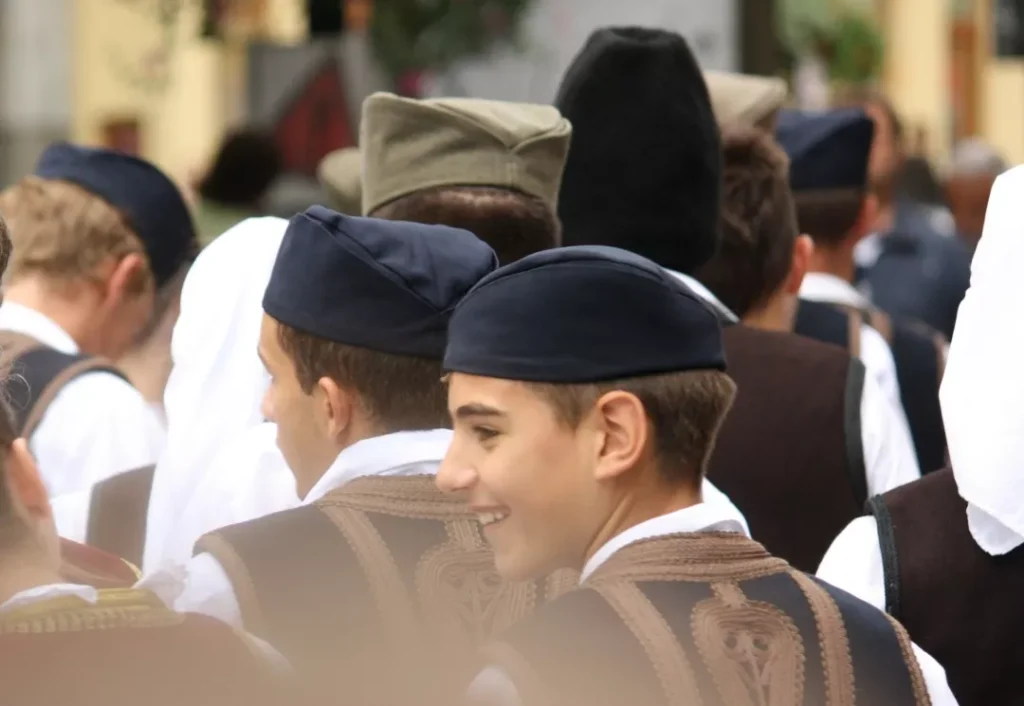



Distinctive Traditional Hat In Croatia
The Šibenik cap
A traditional Croatian hat
Flat top, orange in color
And decorated with black embroidered patterns
Because it is famous from the city of Sibenik
It is regarded as a symbol of the city of Šibenik
In 2008,
It was included in the National Intangible Cultural Heritage List
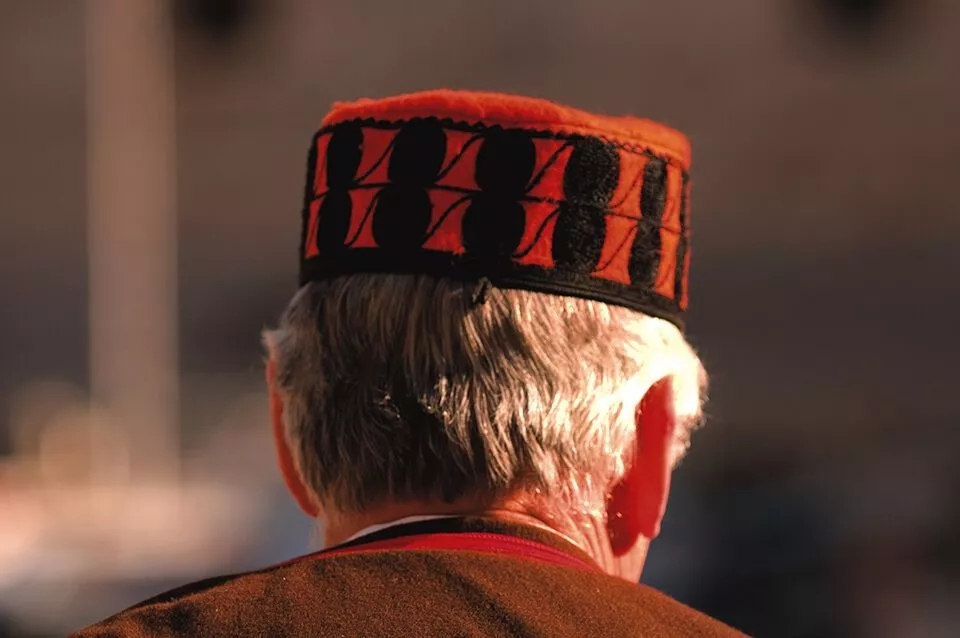
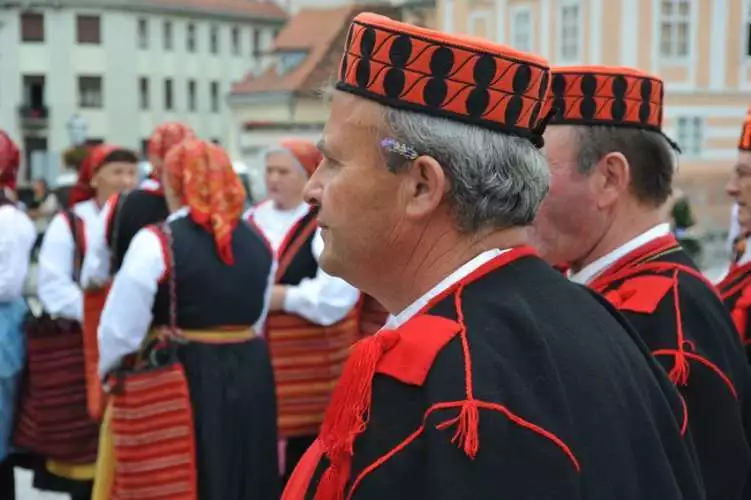
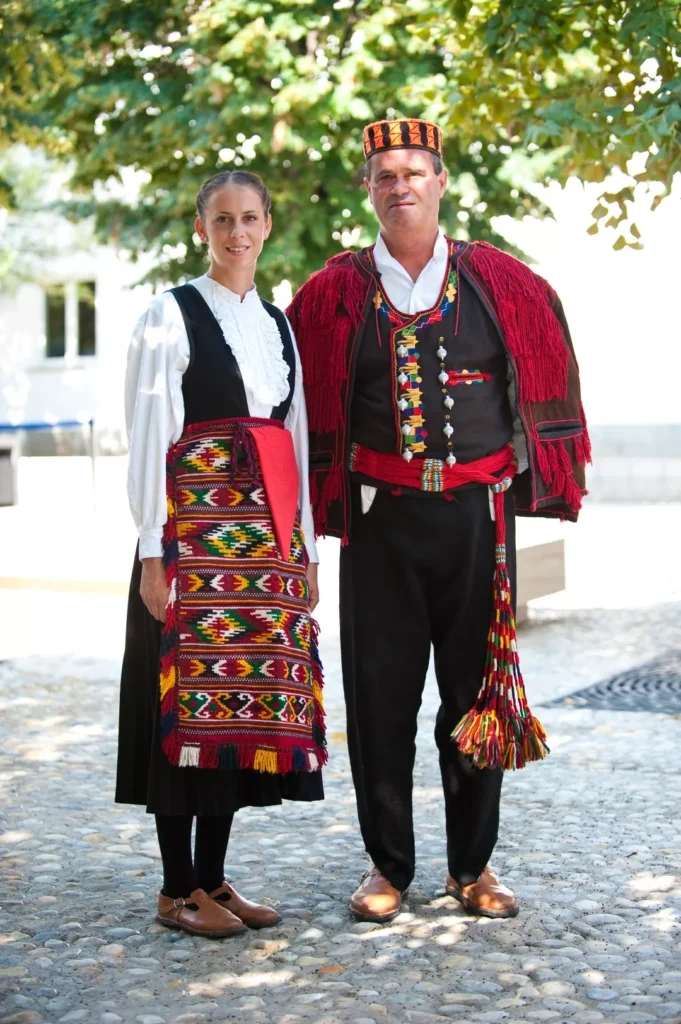
Distinctive Traditional Hat In Romania
The Căciulă Hat
The Căciulă
is a fur hat worn in winter by the people of Romania
And most neighboring Balkan countries.
It is usually black
But in the central and northern regions of Moldavia
And parts of Banat,
White fur is often used
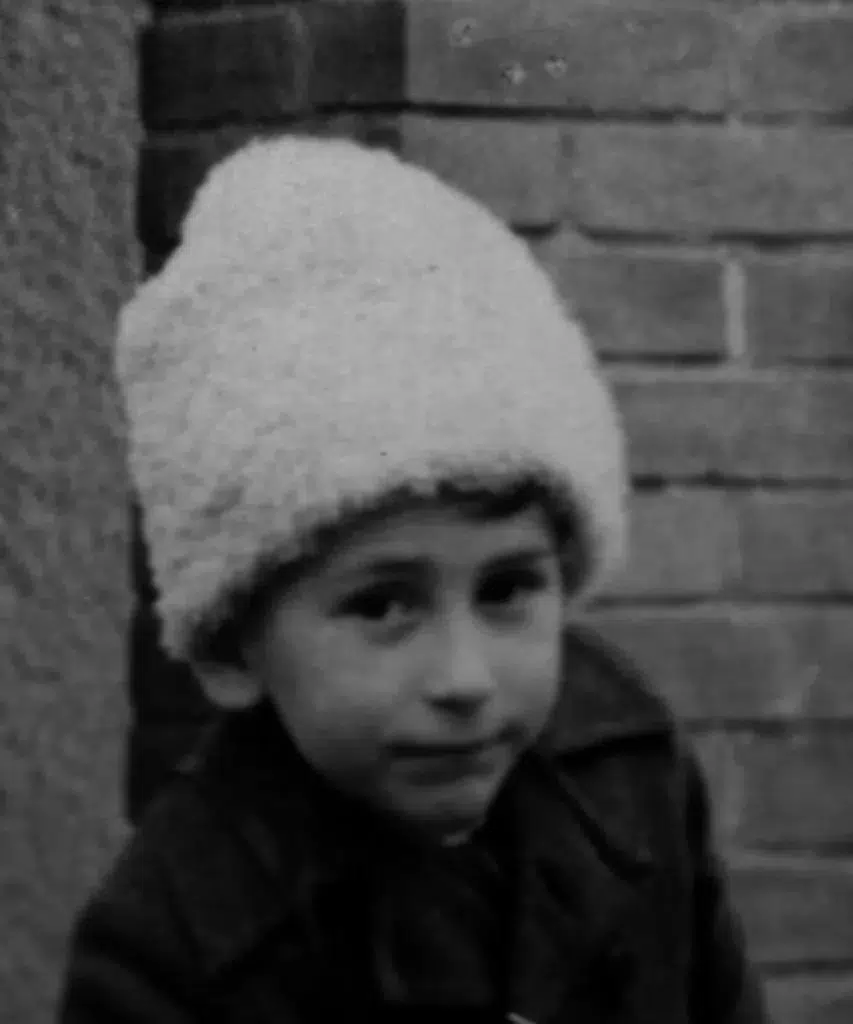
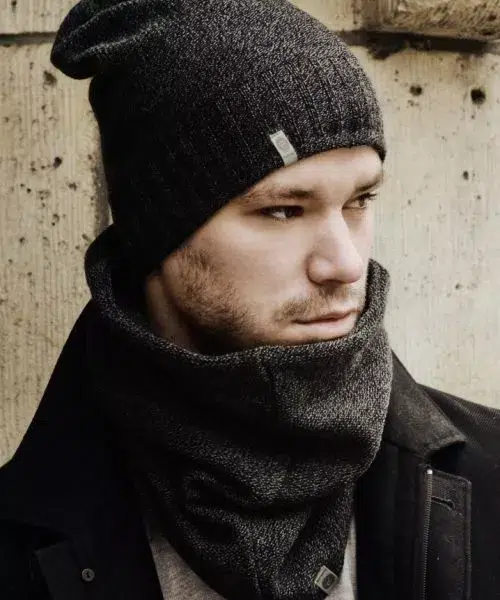
Iconic Belgian folk hat in Belgium
The Bearskin Hat
A tall hat made of bear skin
It first appeared in the 17th century
As a hat worn by grenadiers
Making its mark on history
Nowadays often worn as part of ceremonial military uniform
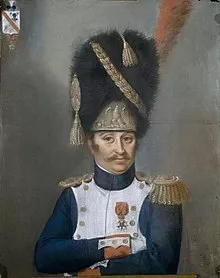
Despite the high cost
And considered too cruel
The bearskin hat has always been controversial
But in countries like Belgium and the United Kingdom
The Army still maintains this tradition
Maybe it will be replaced by other hats in the future
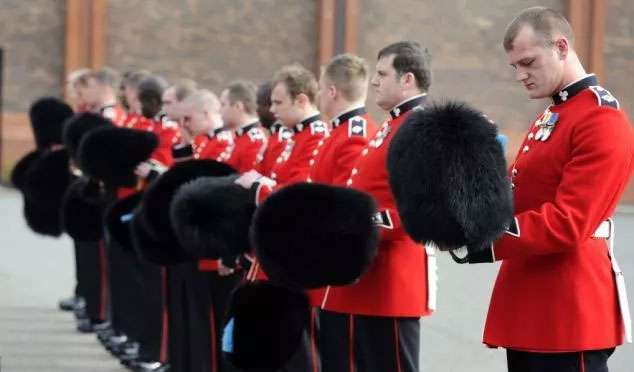
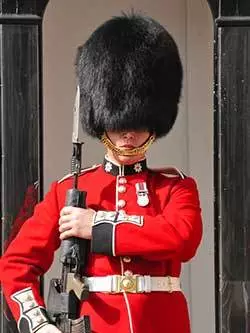
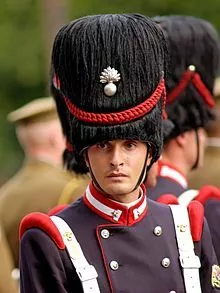
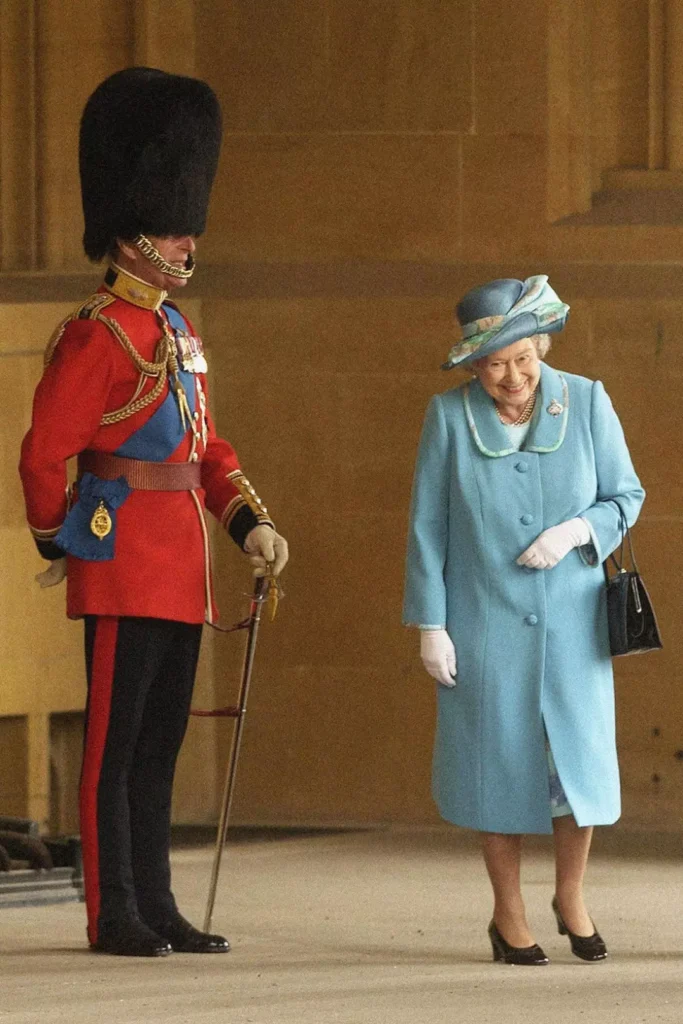
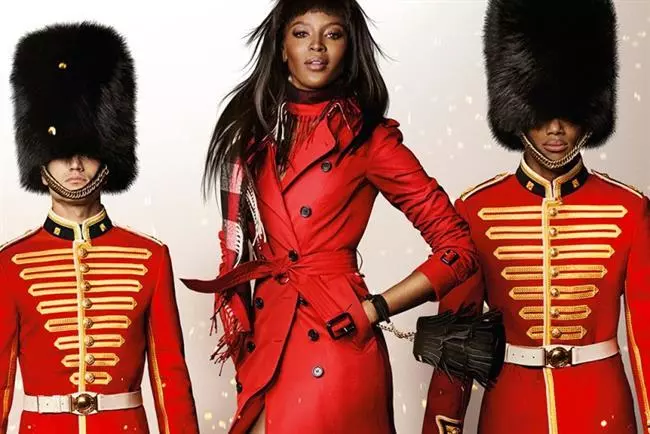
Iconic Turkish Headwear
The Chichak Helmet
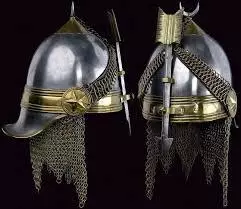
This Turkish representative helmet
Was originally worn by Ottoman cavalry
During the 15th to 16th centuries
It included a round bowl with ear flaps
With sliding nose mask
And a metal mesh extending at the back to protect the neck
